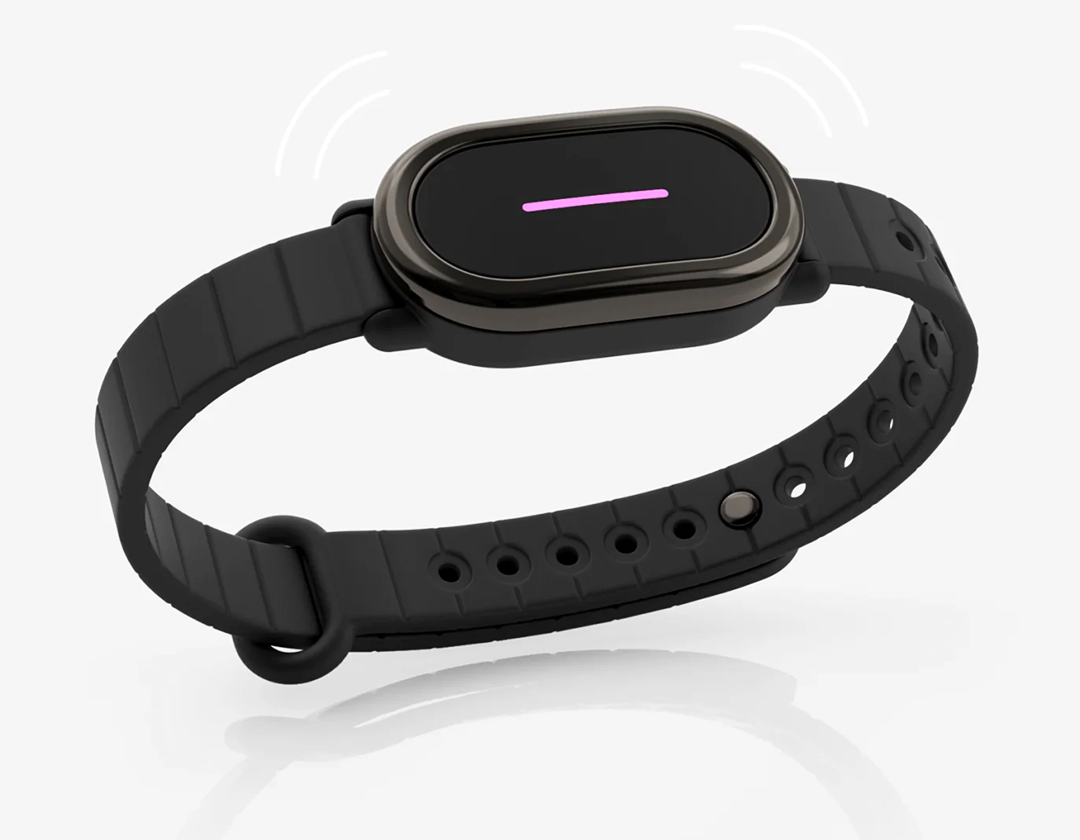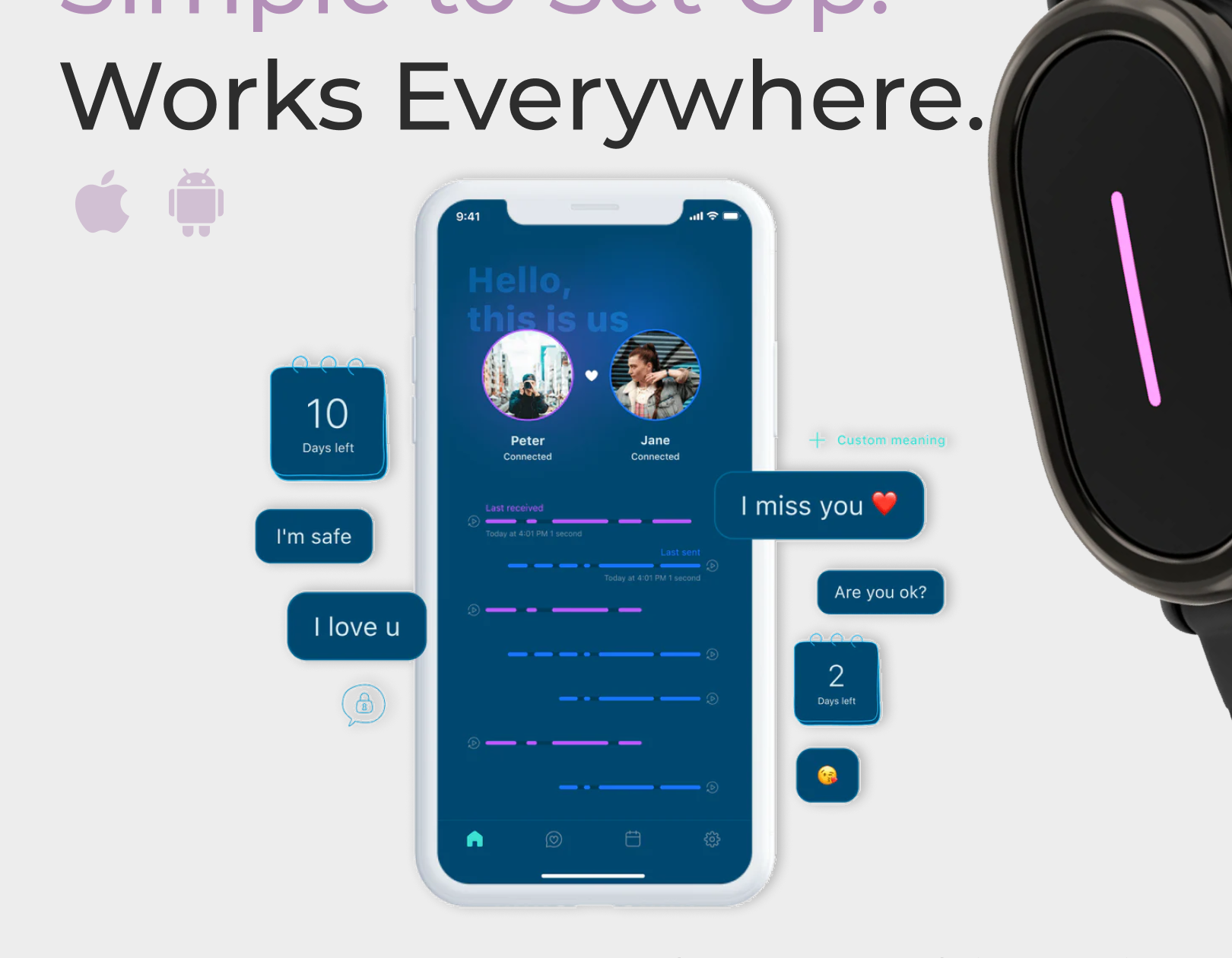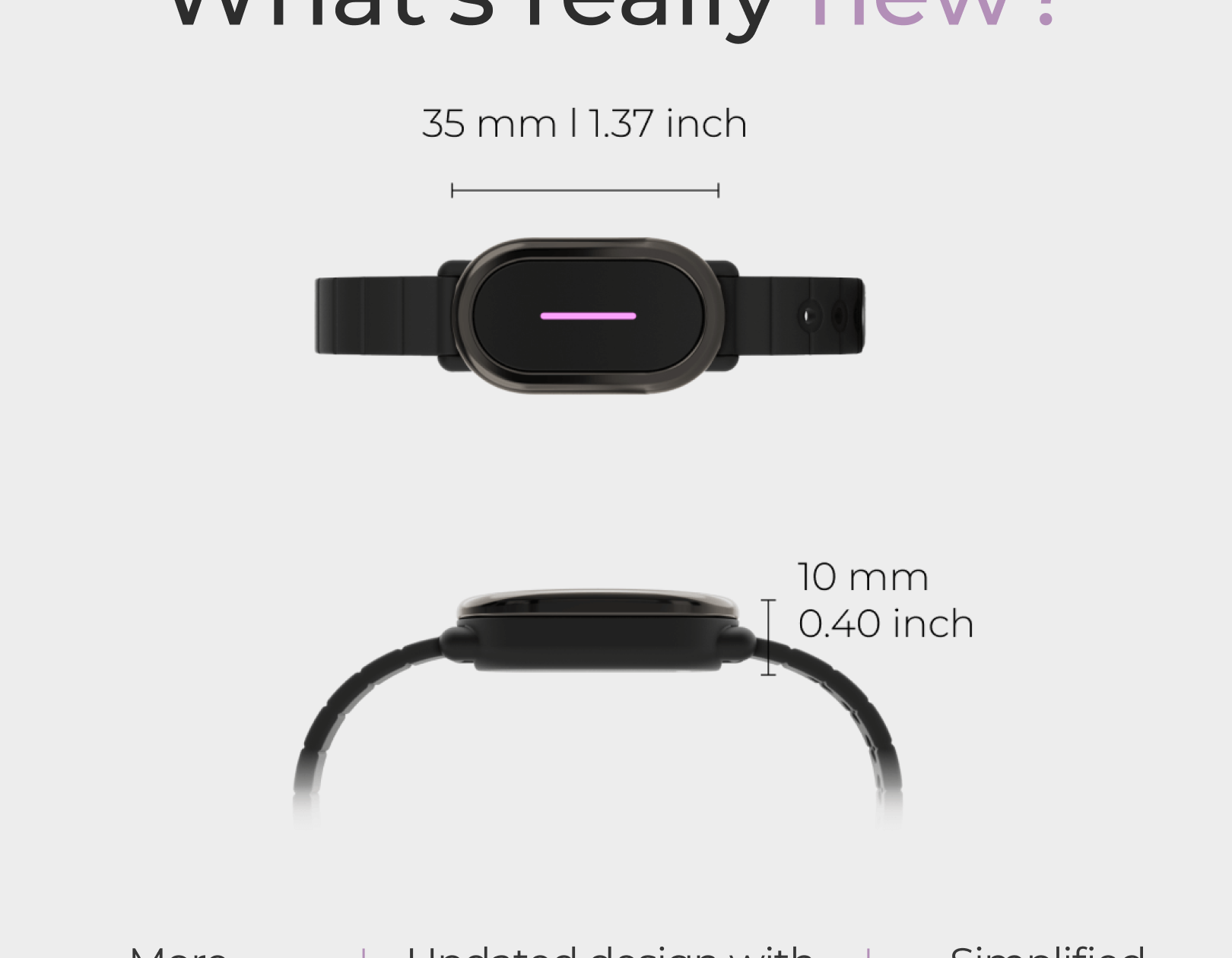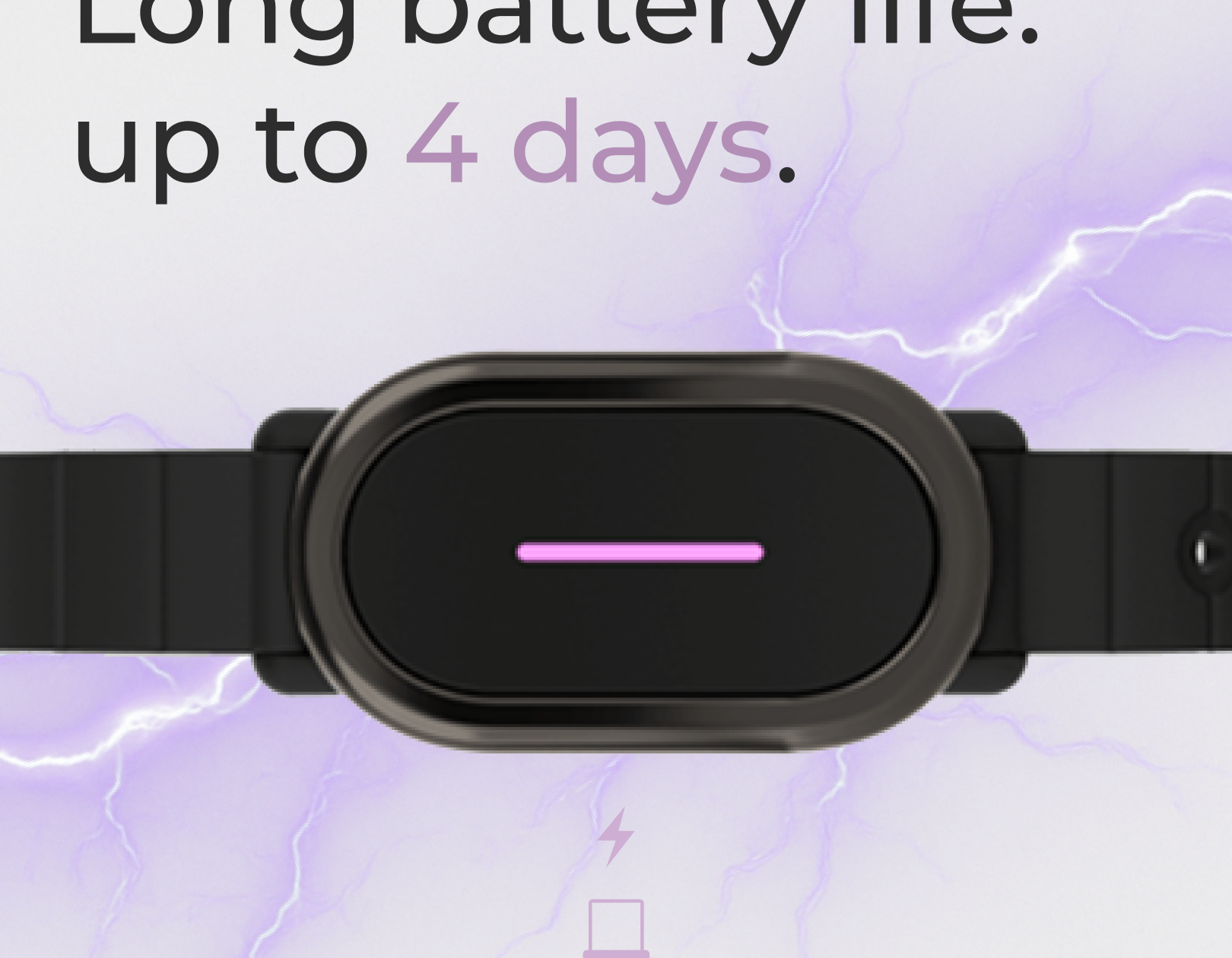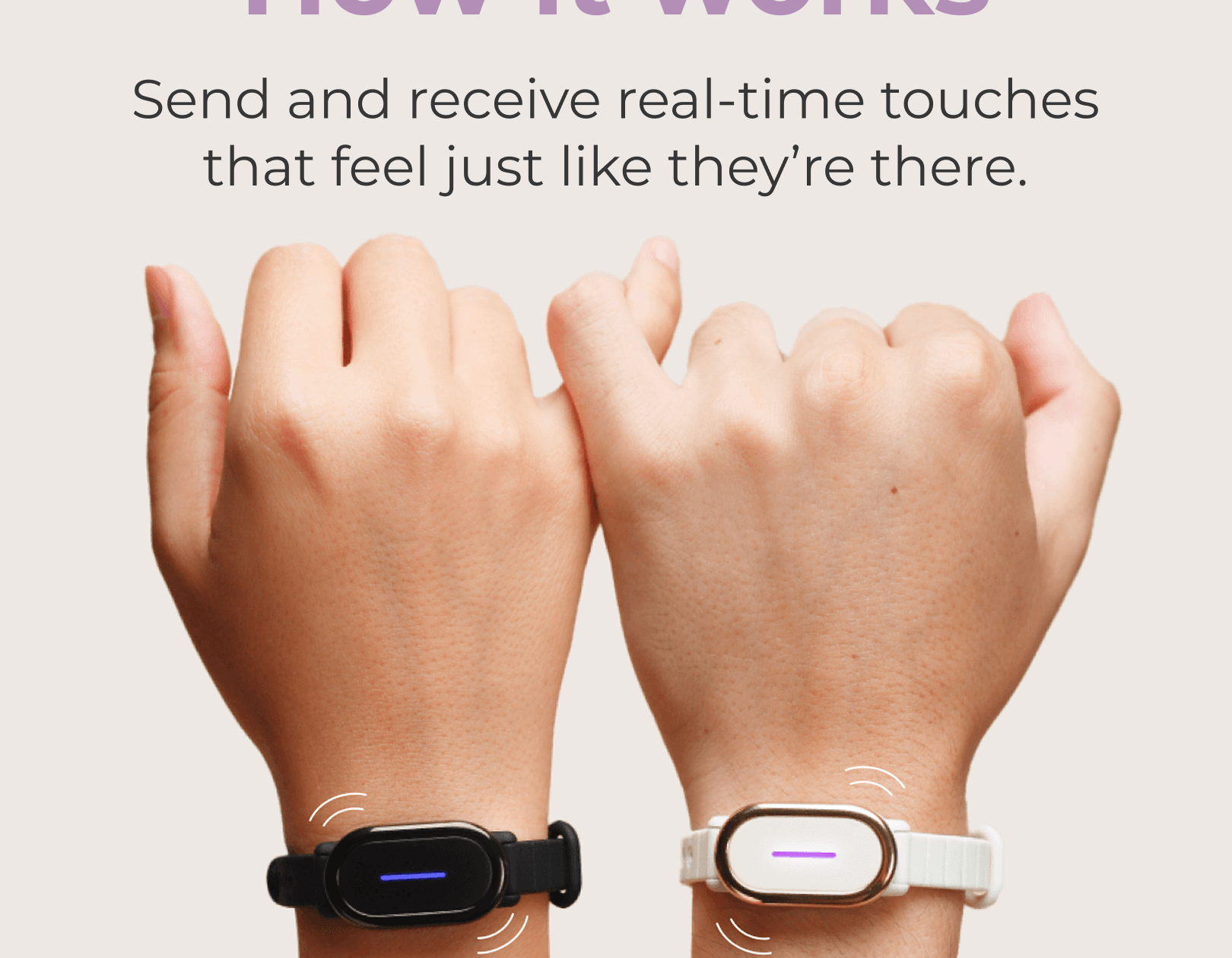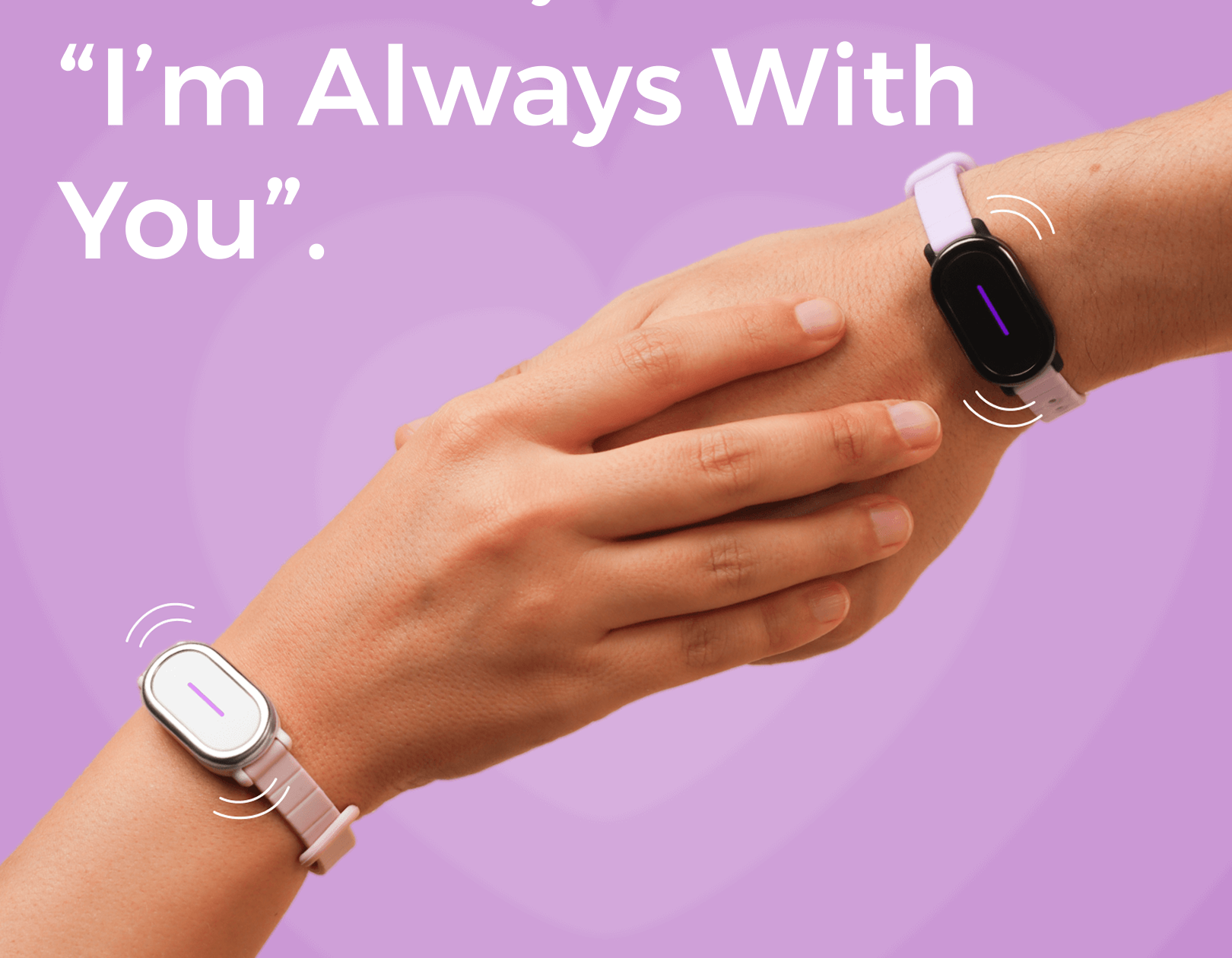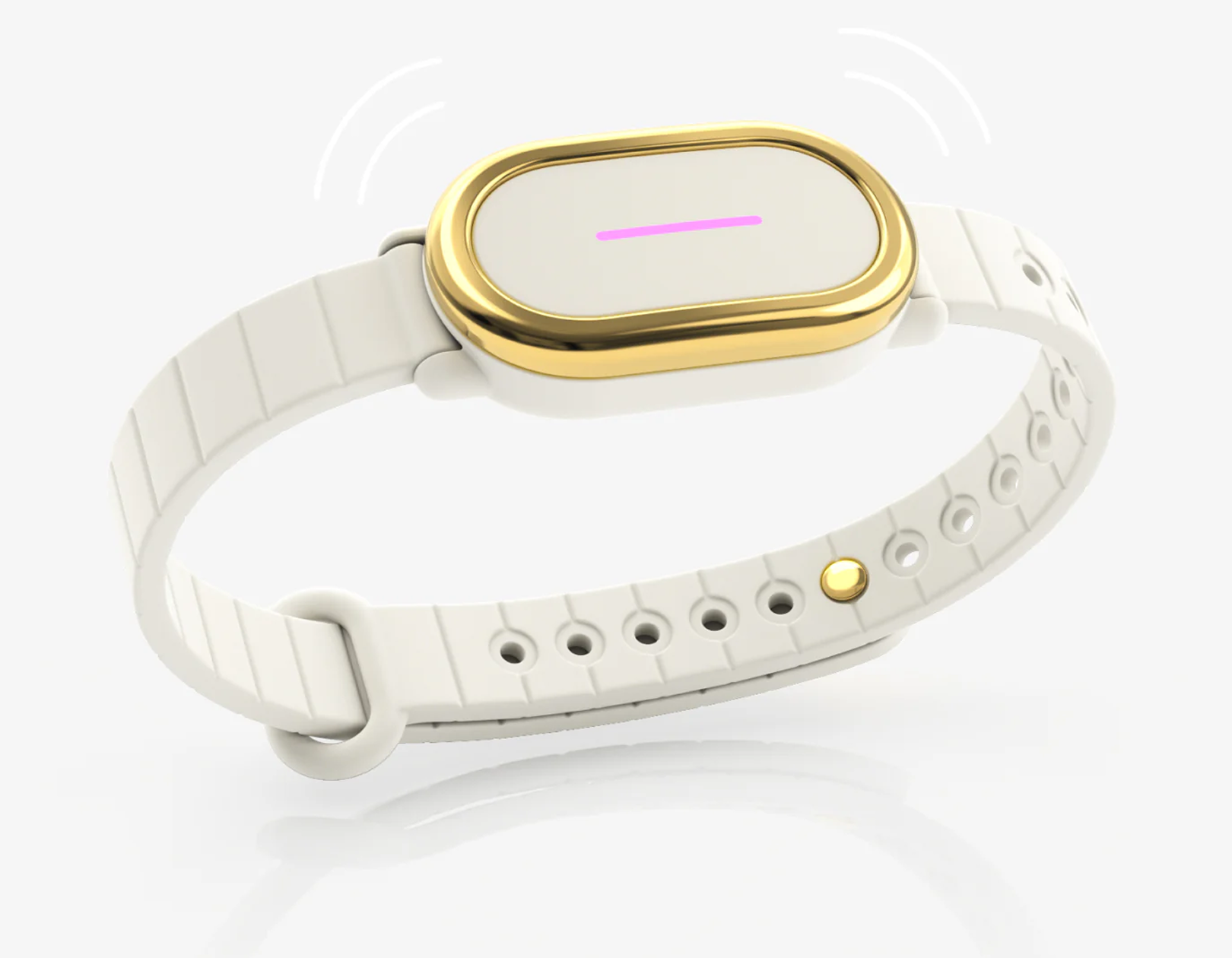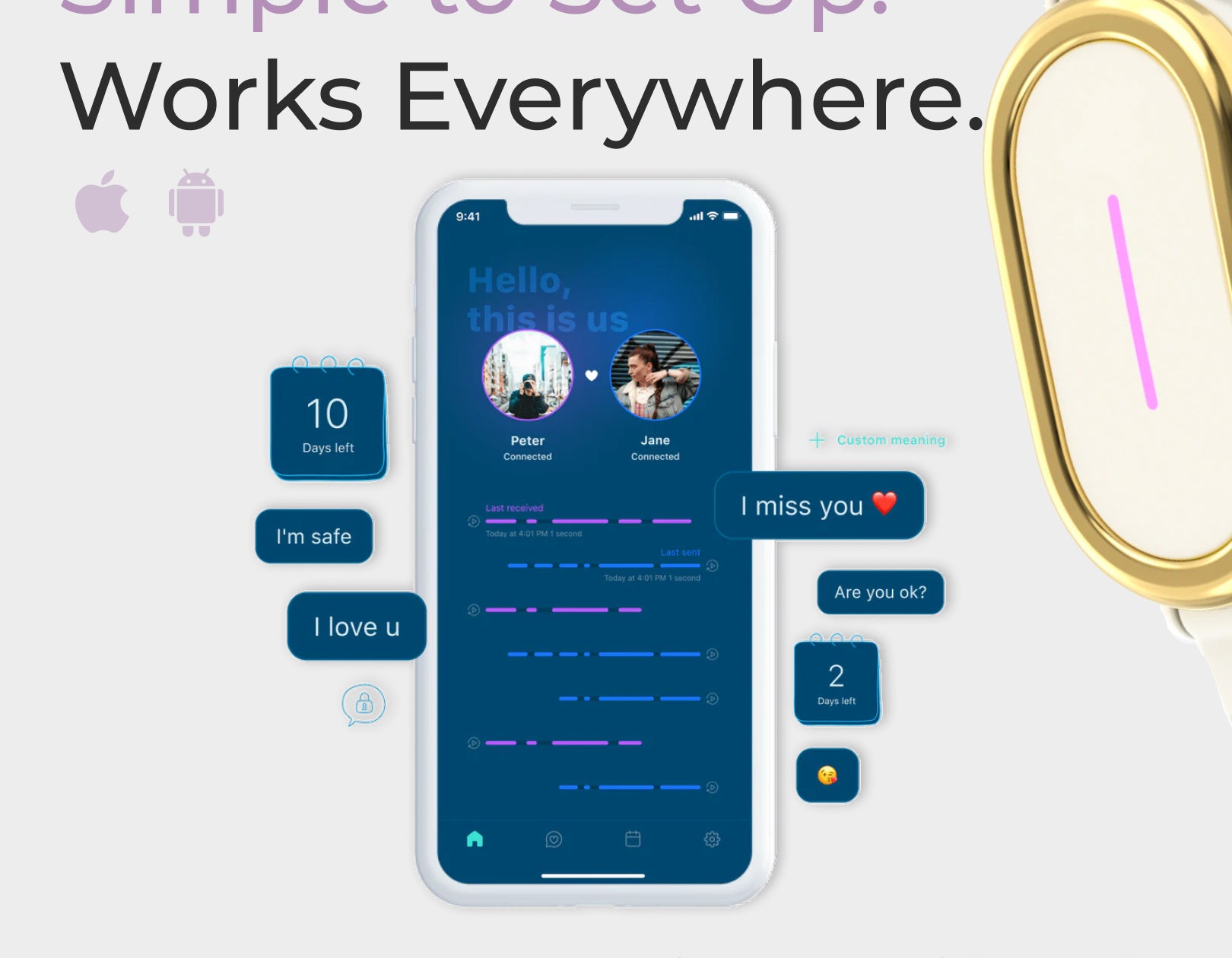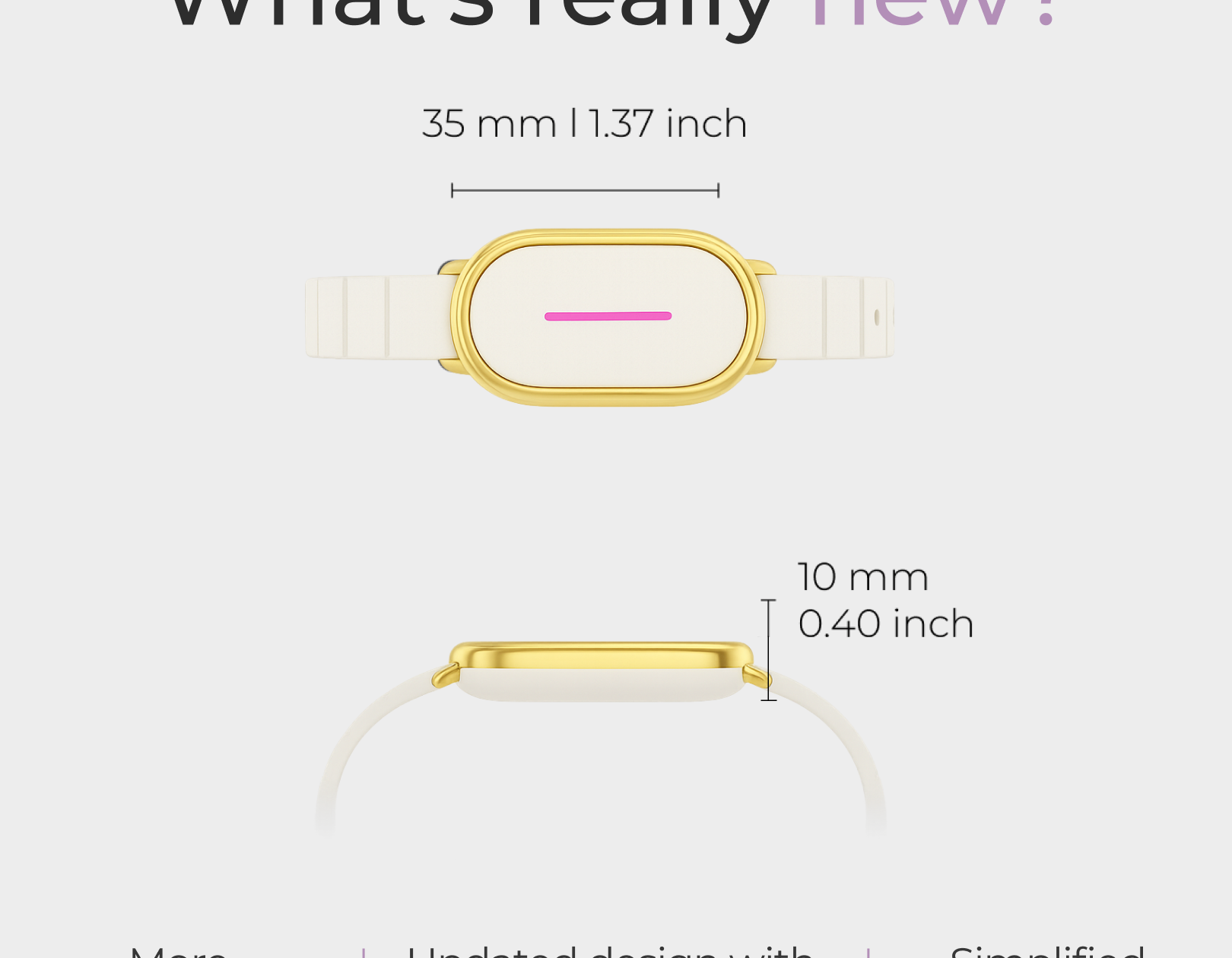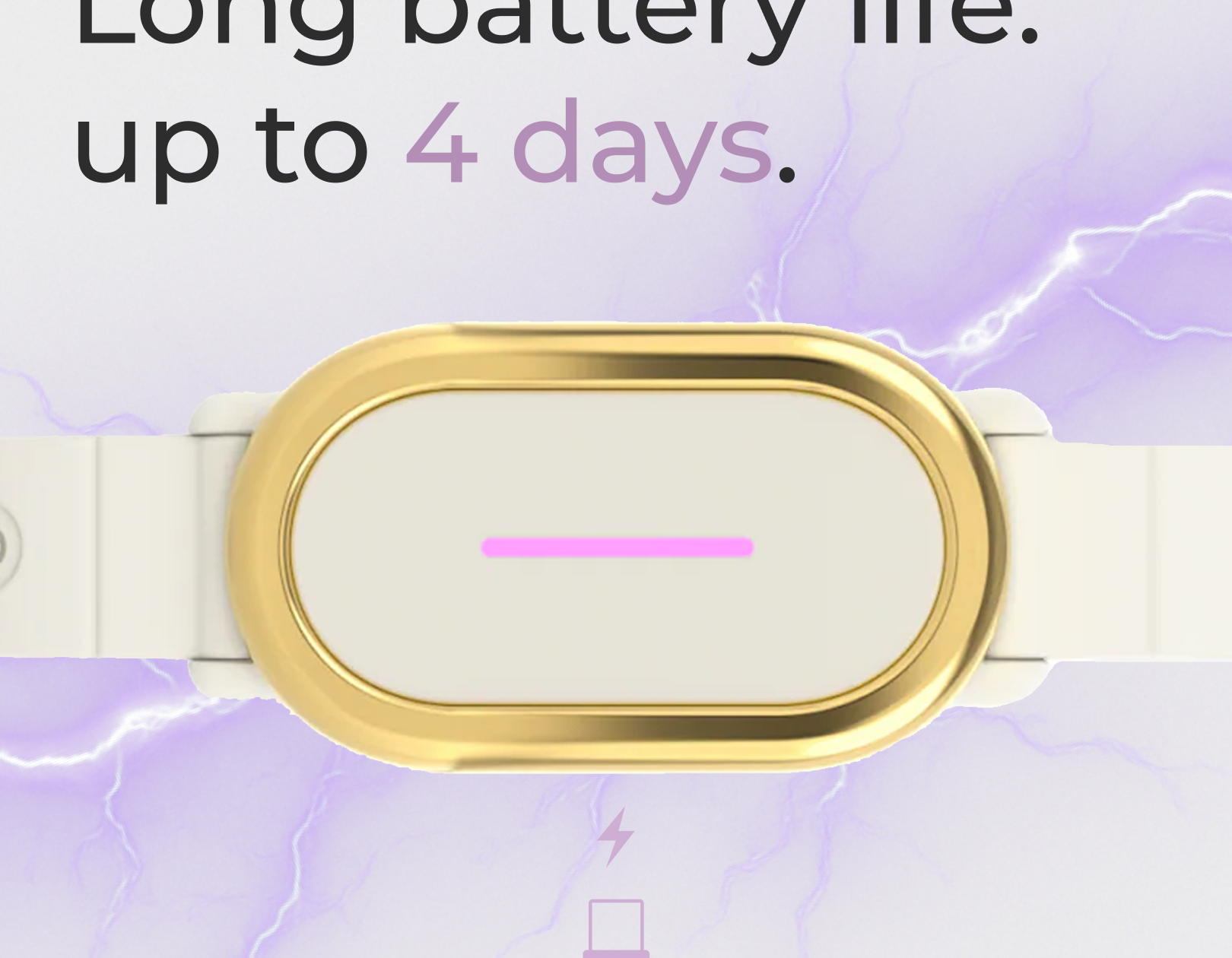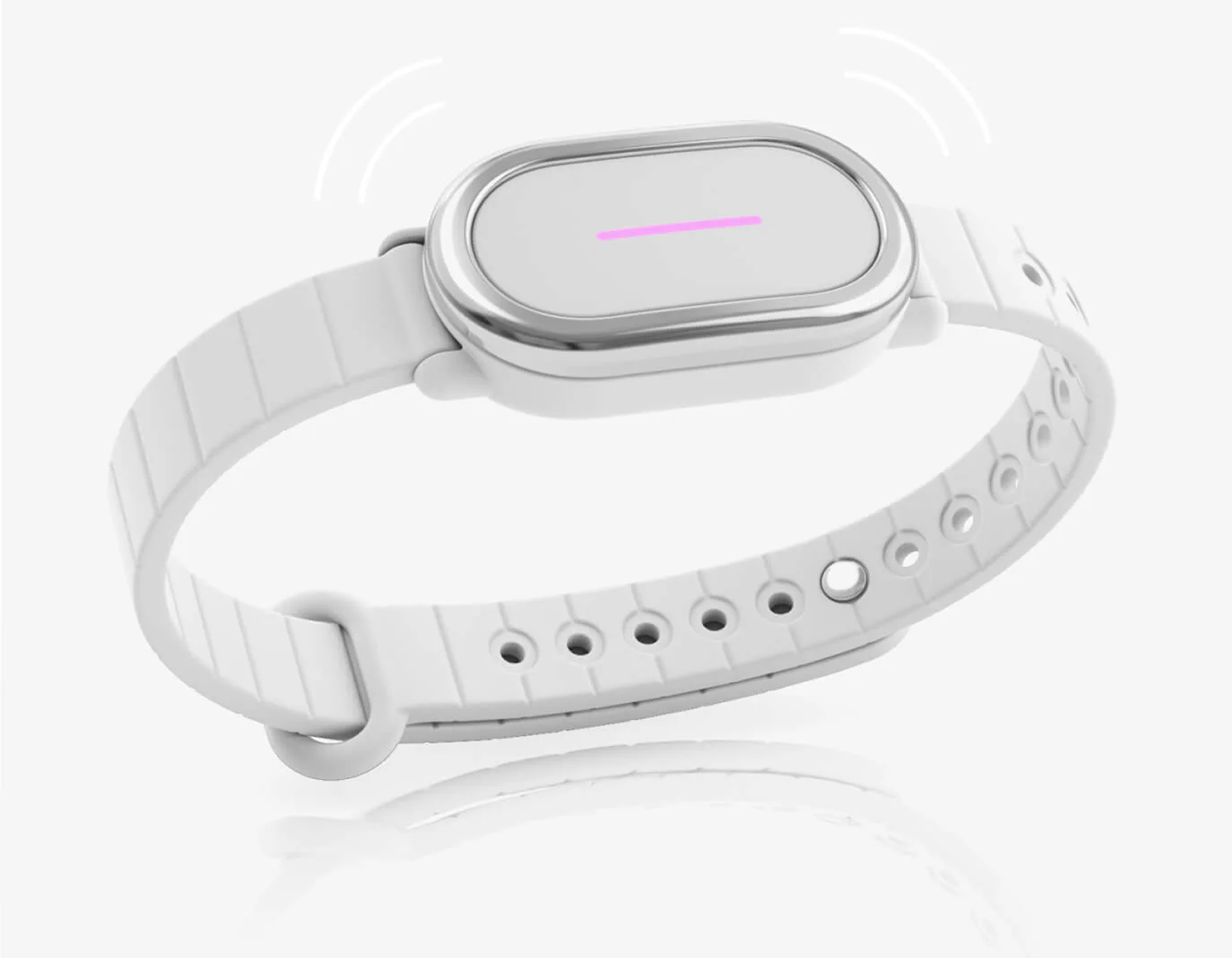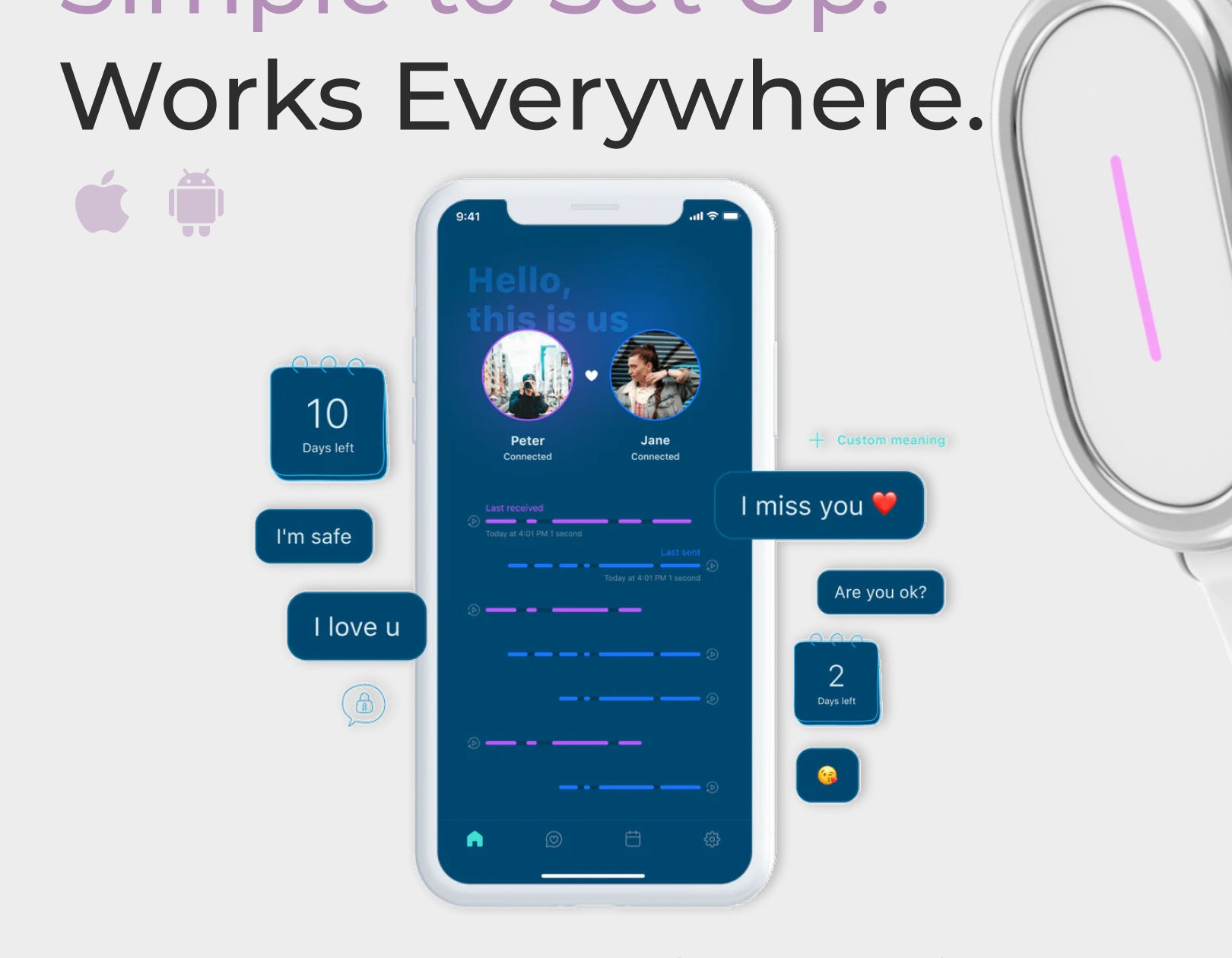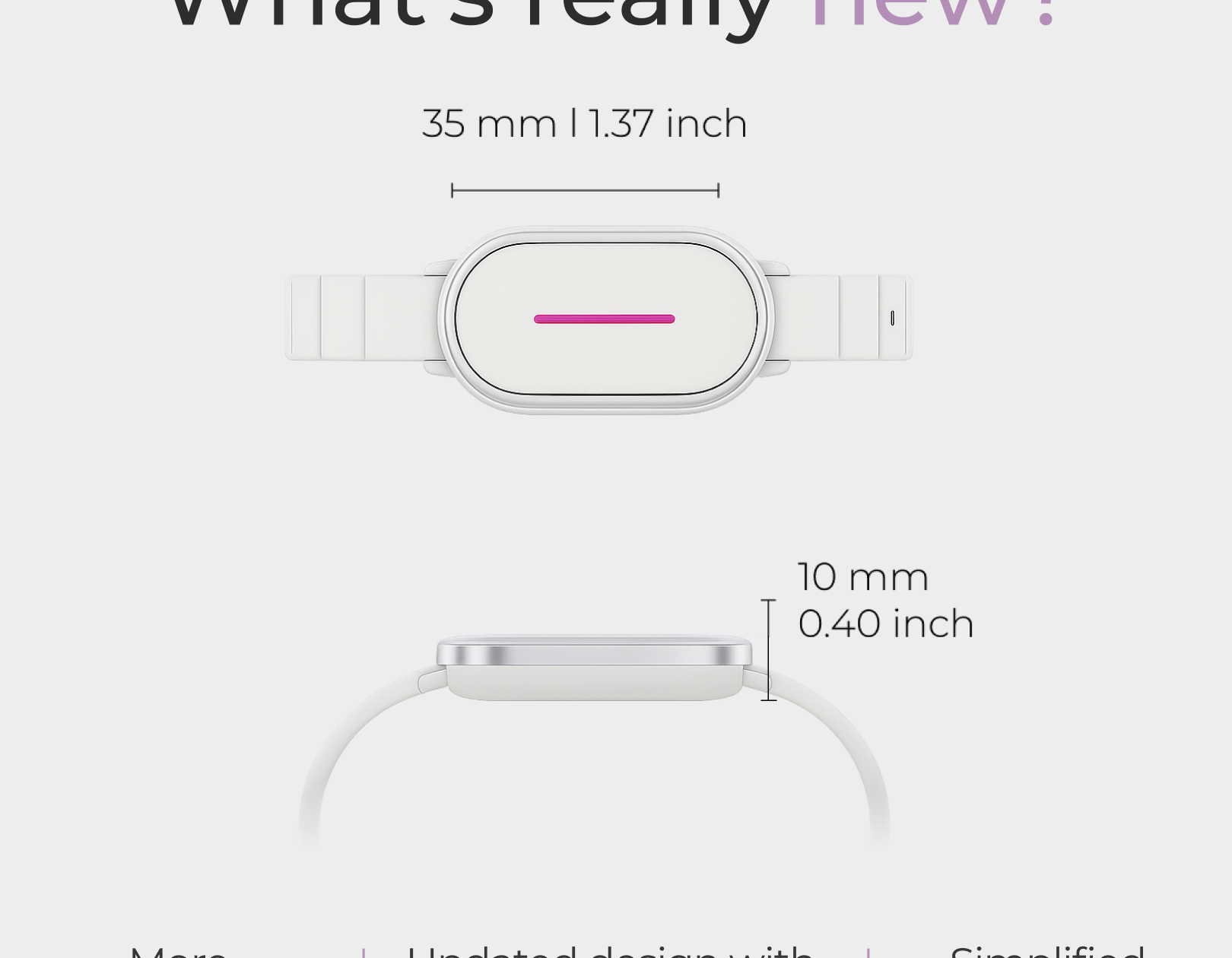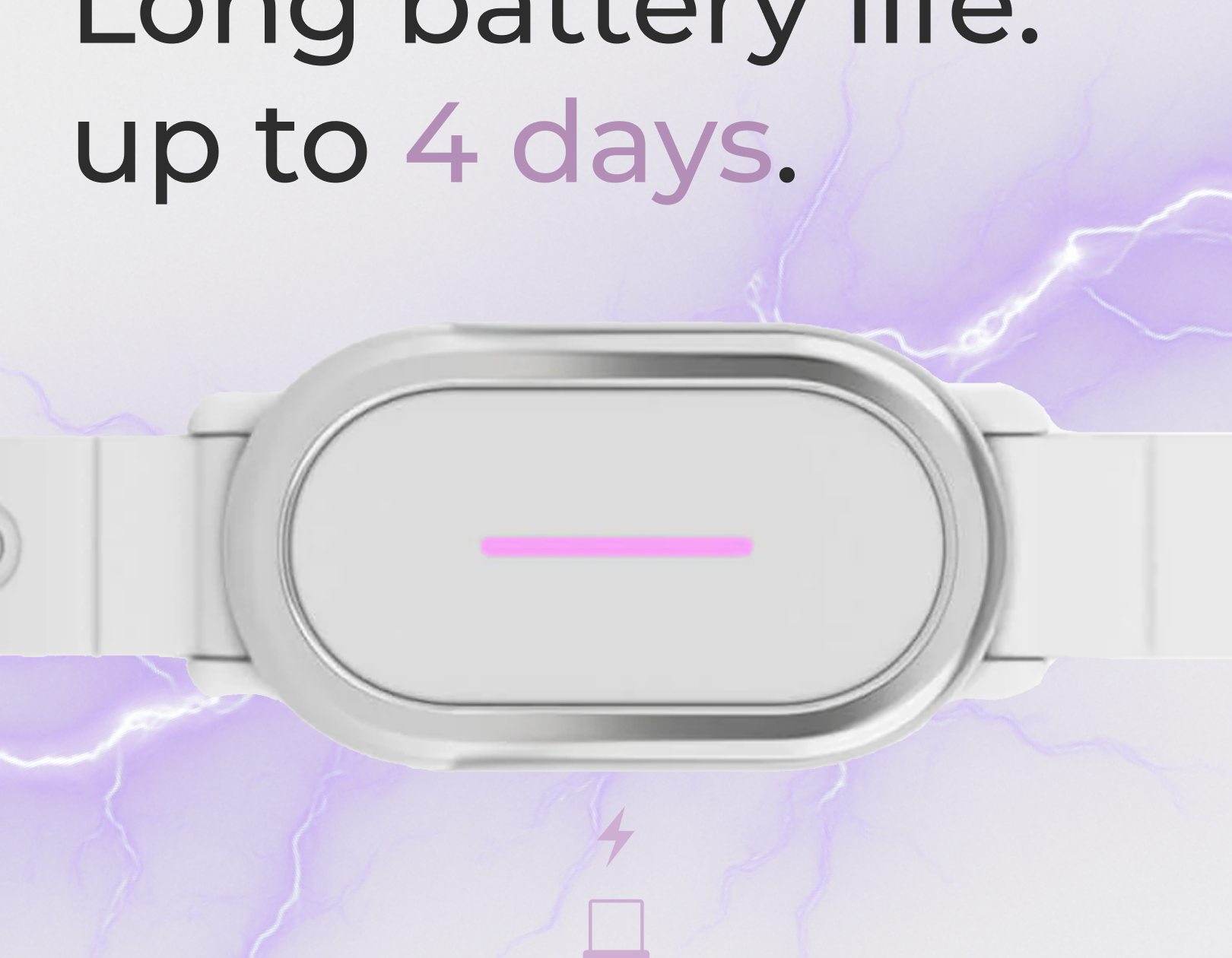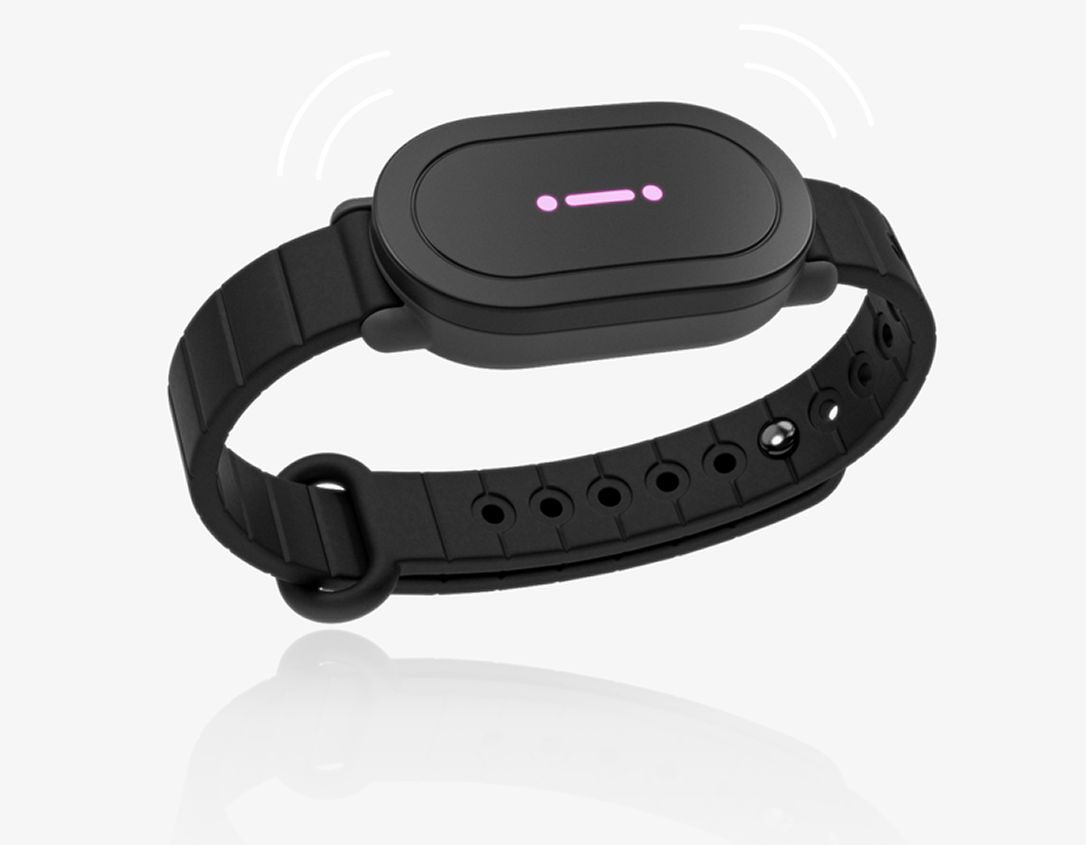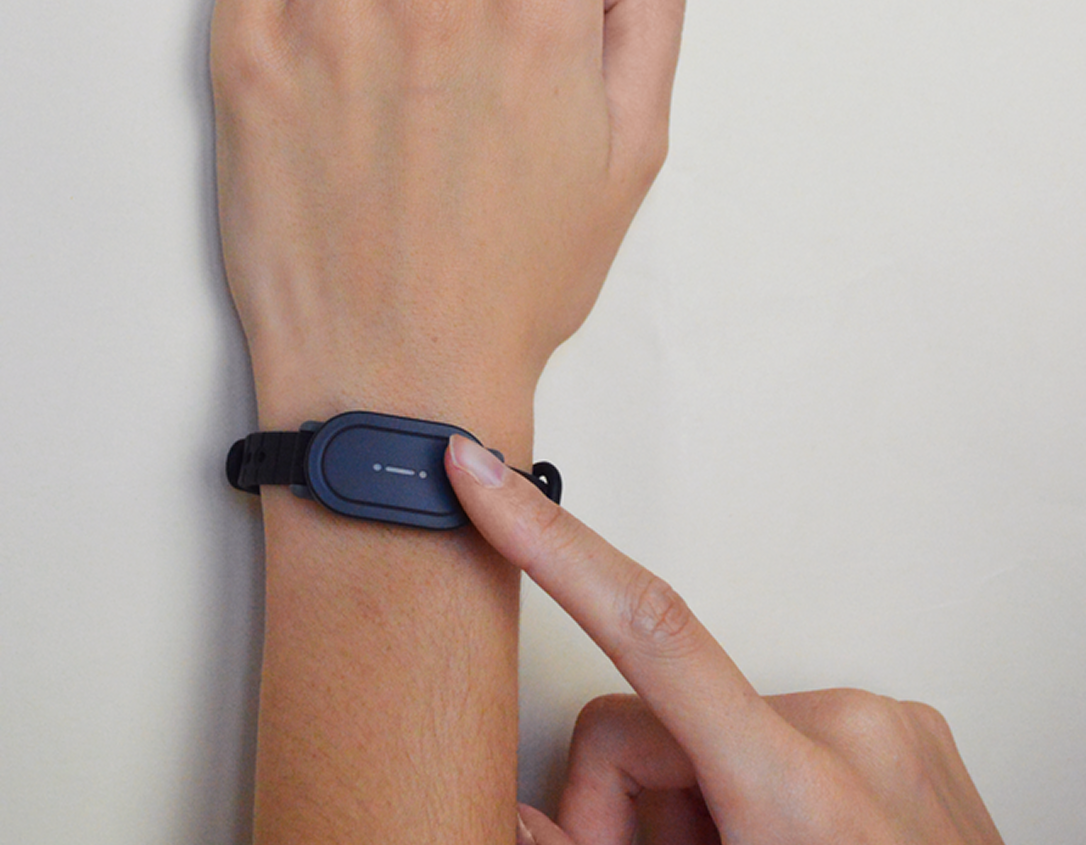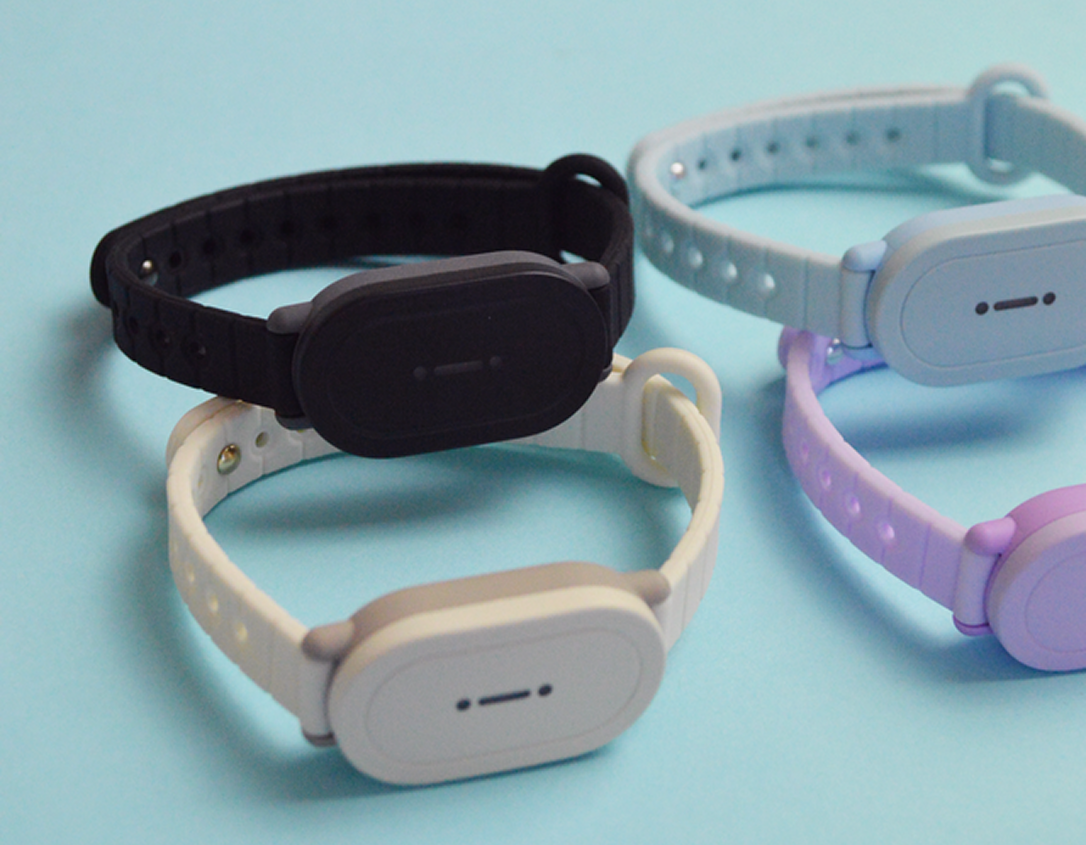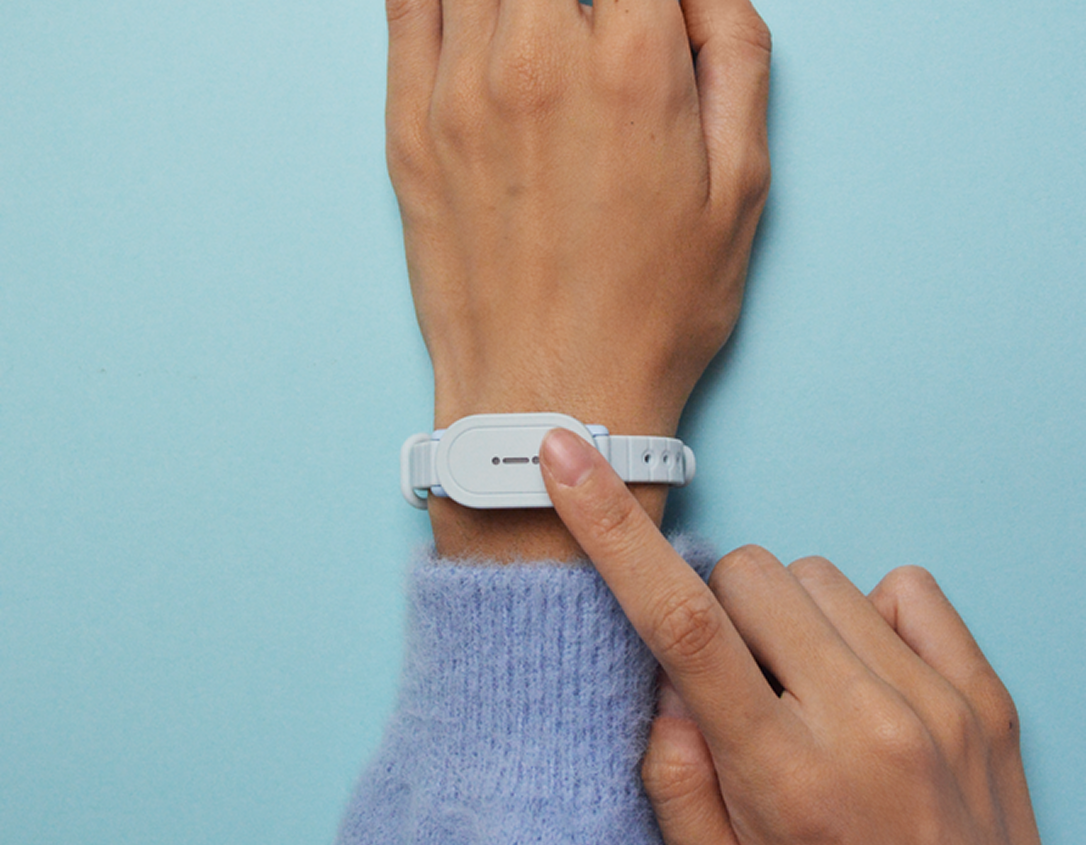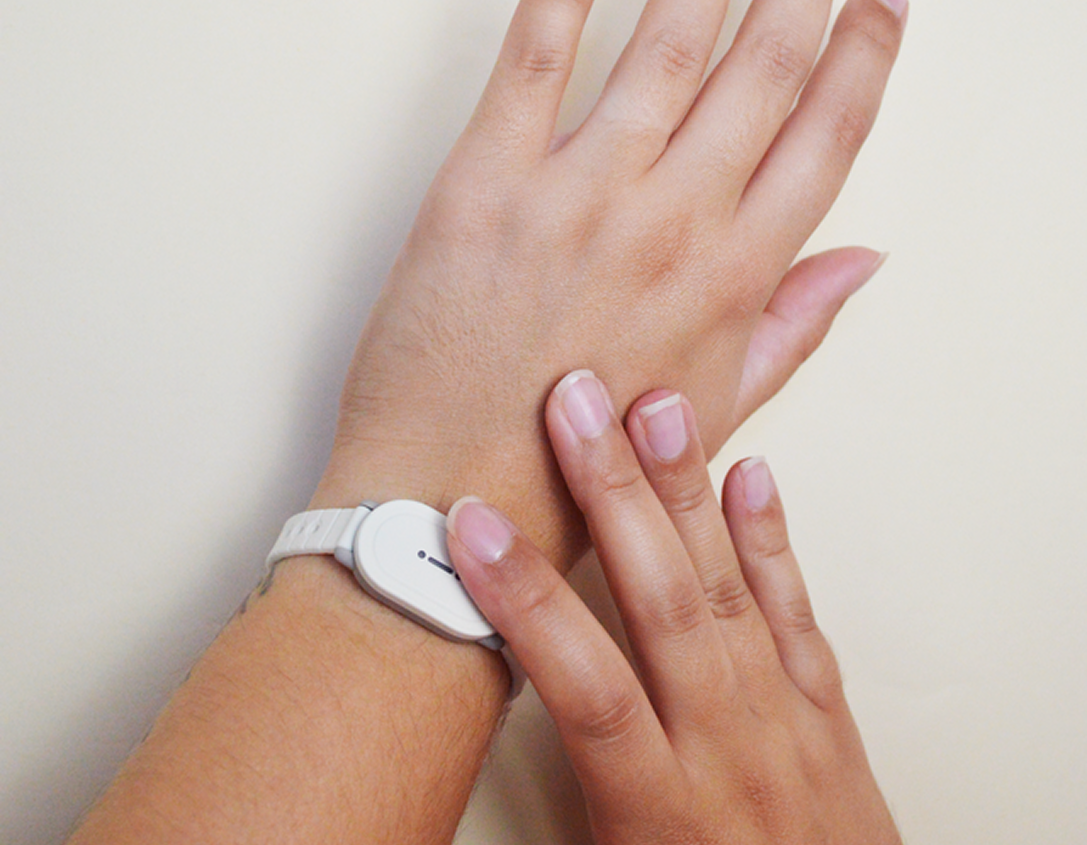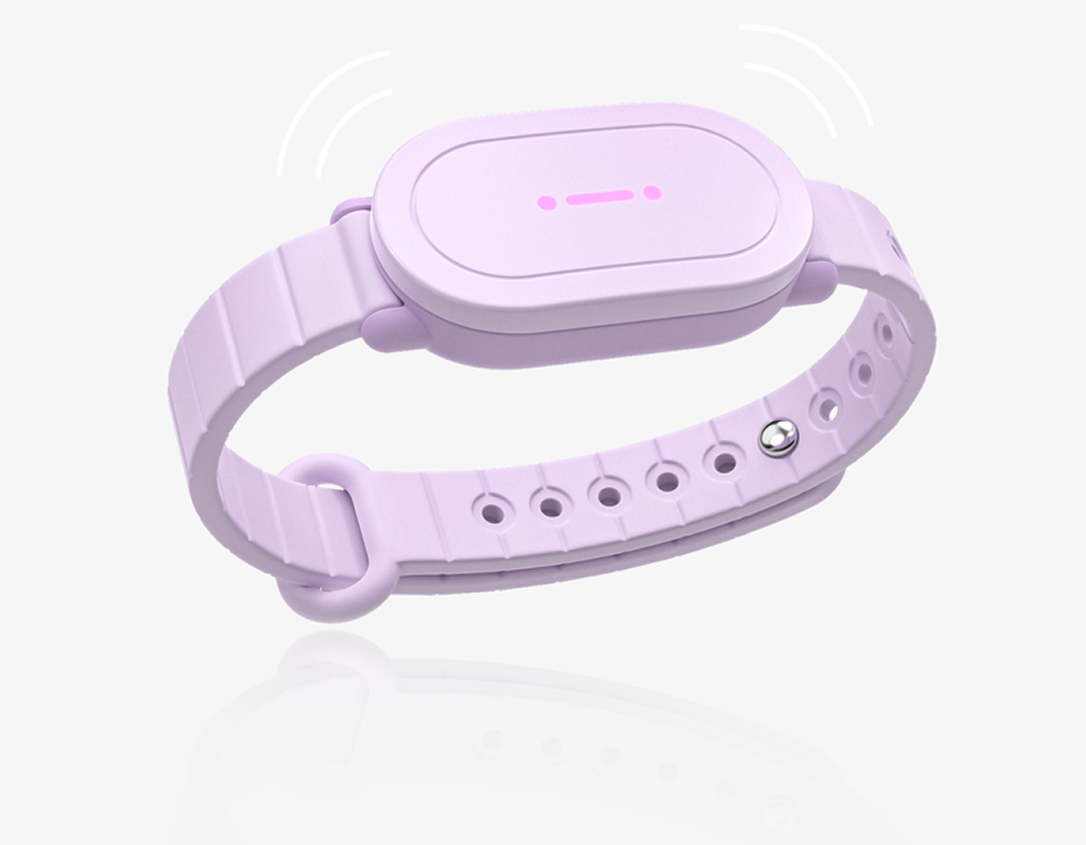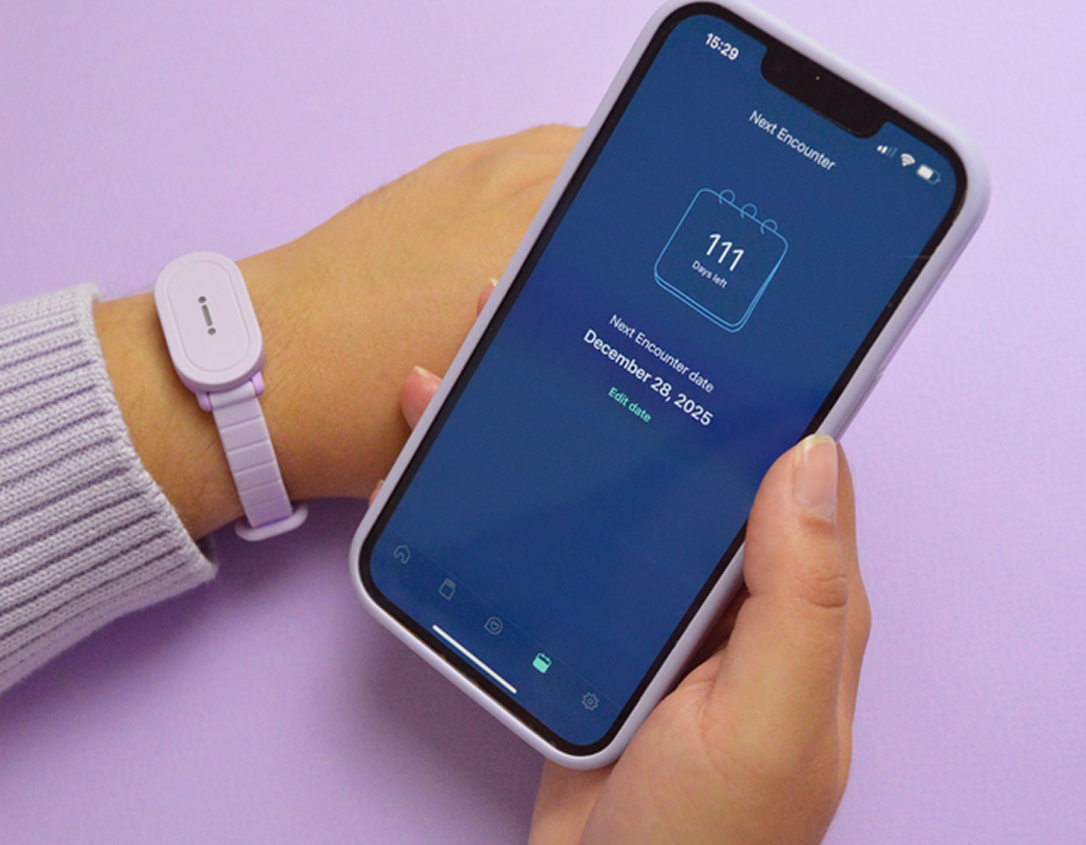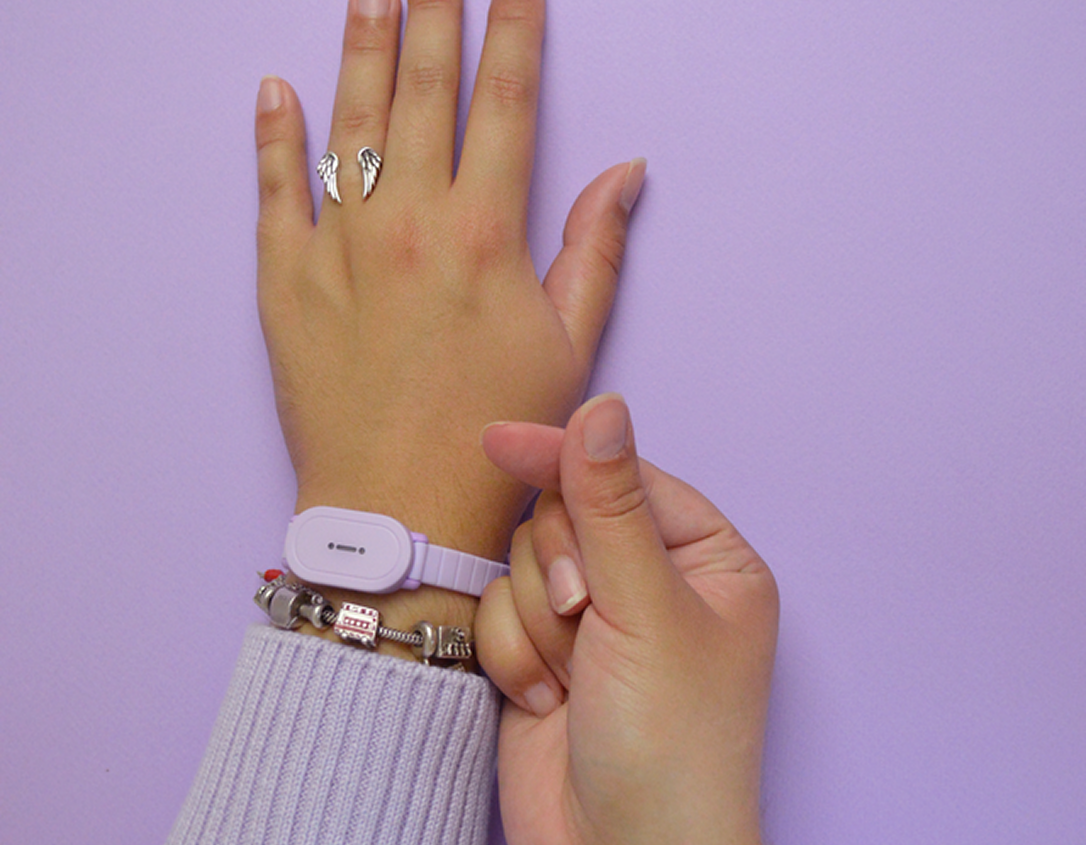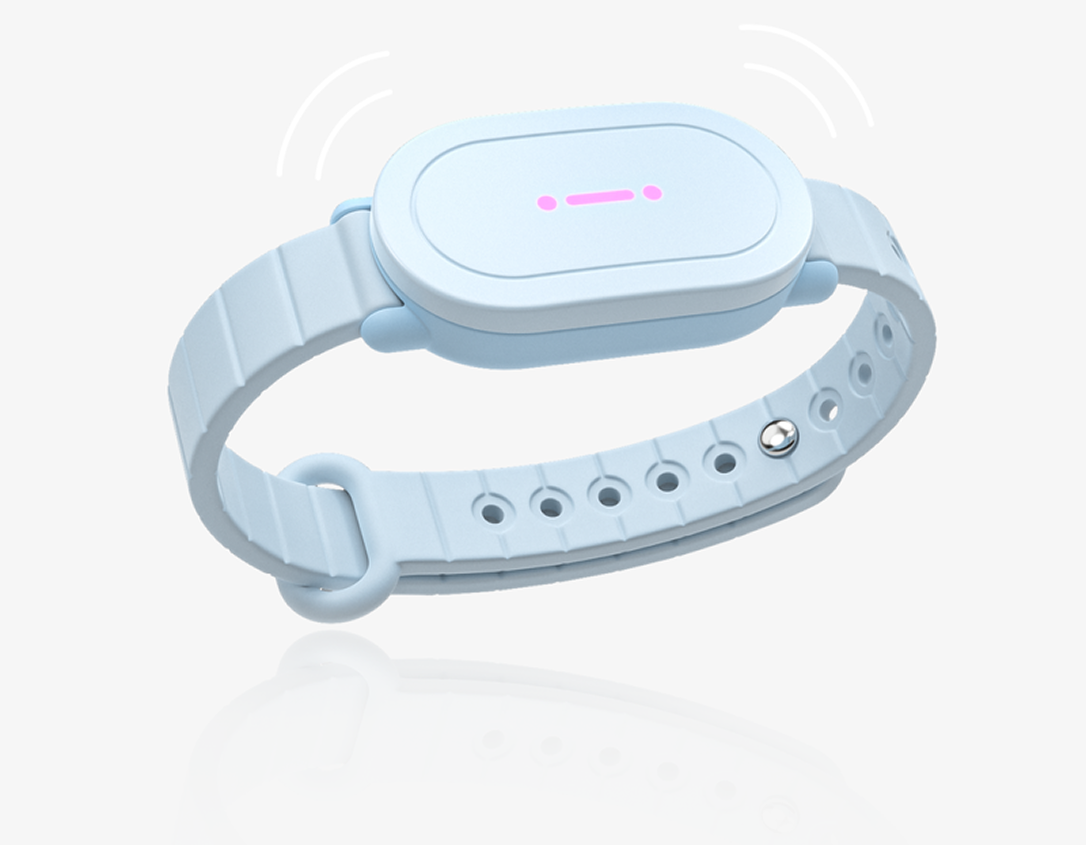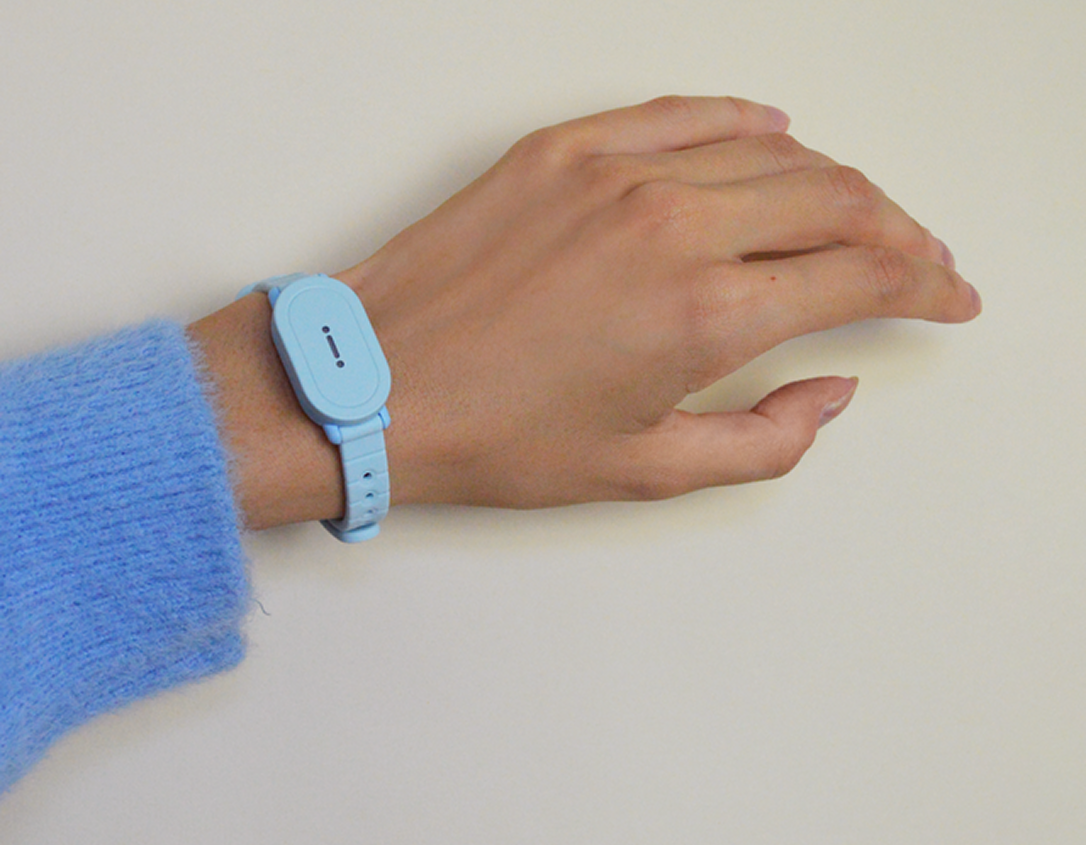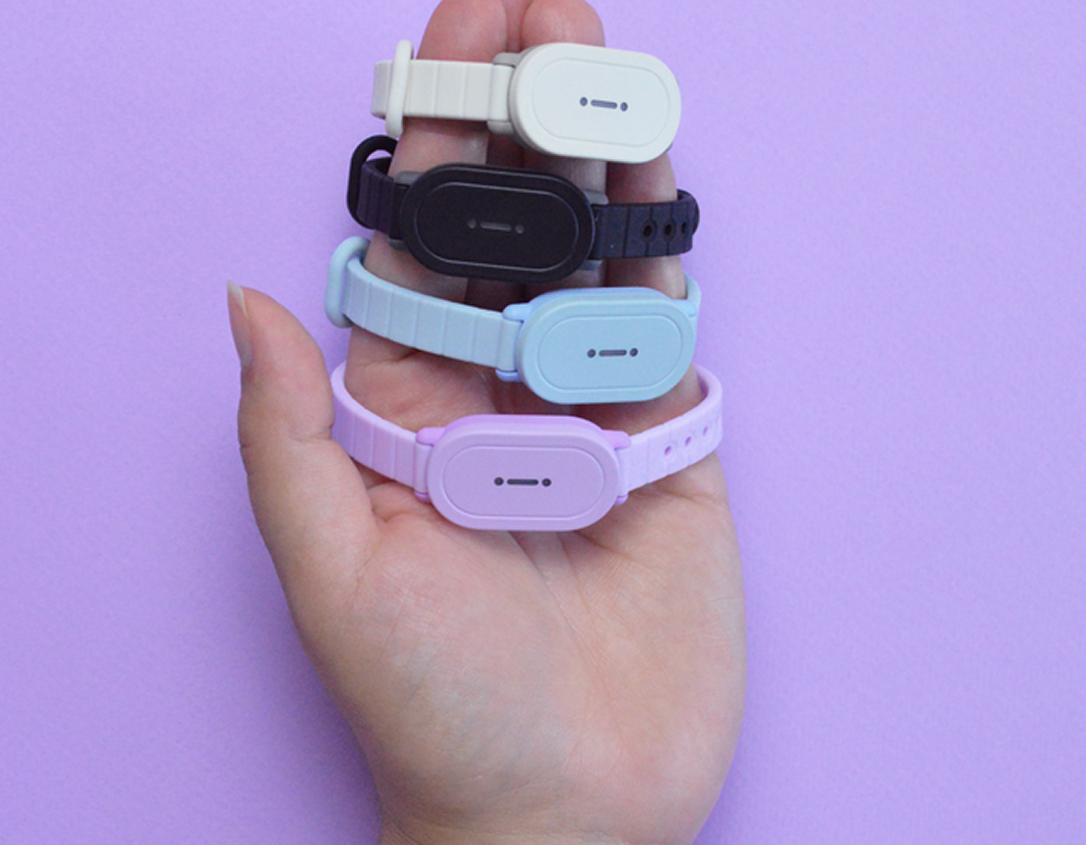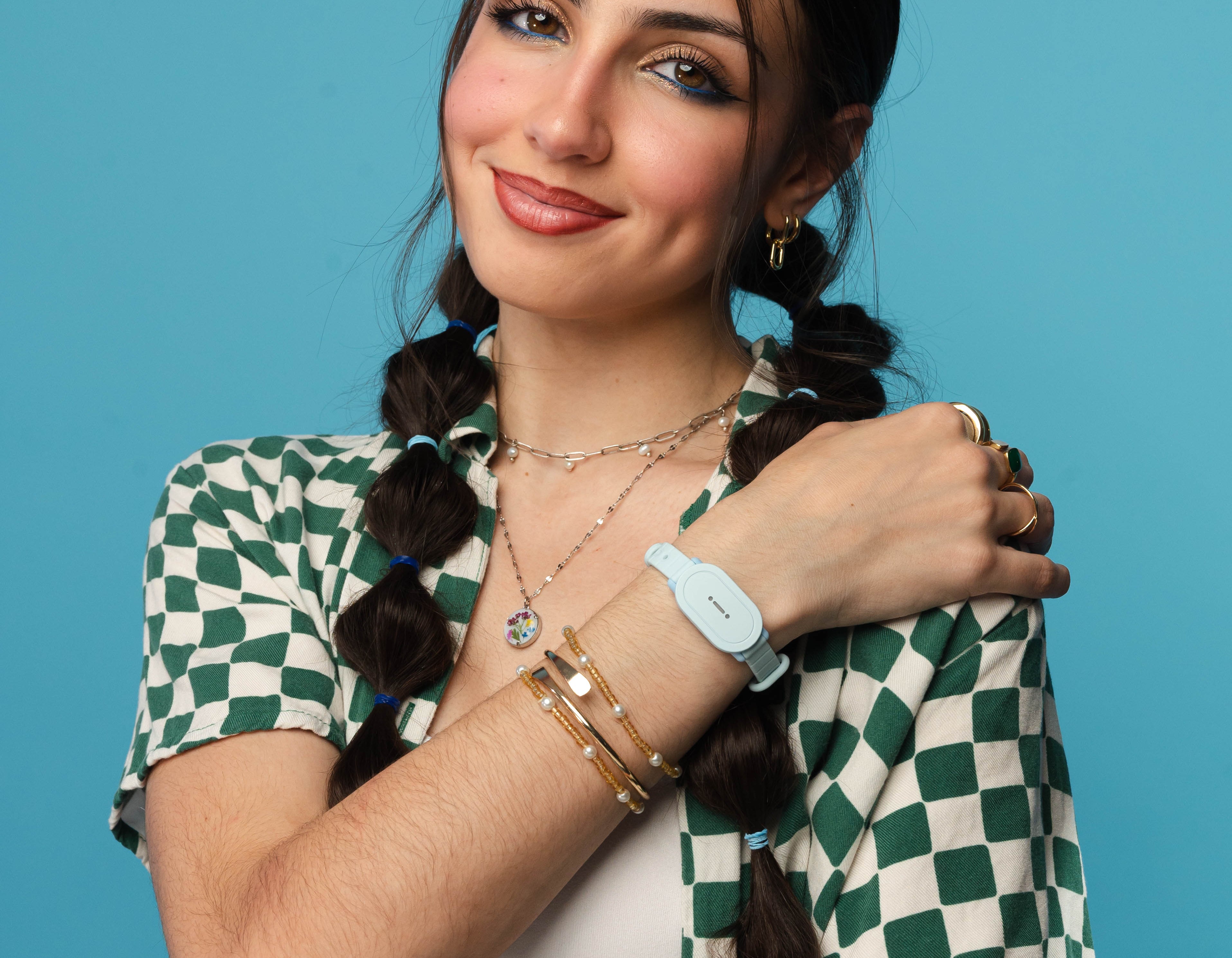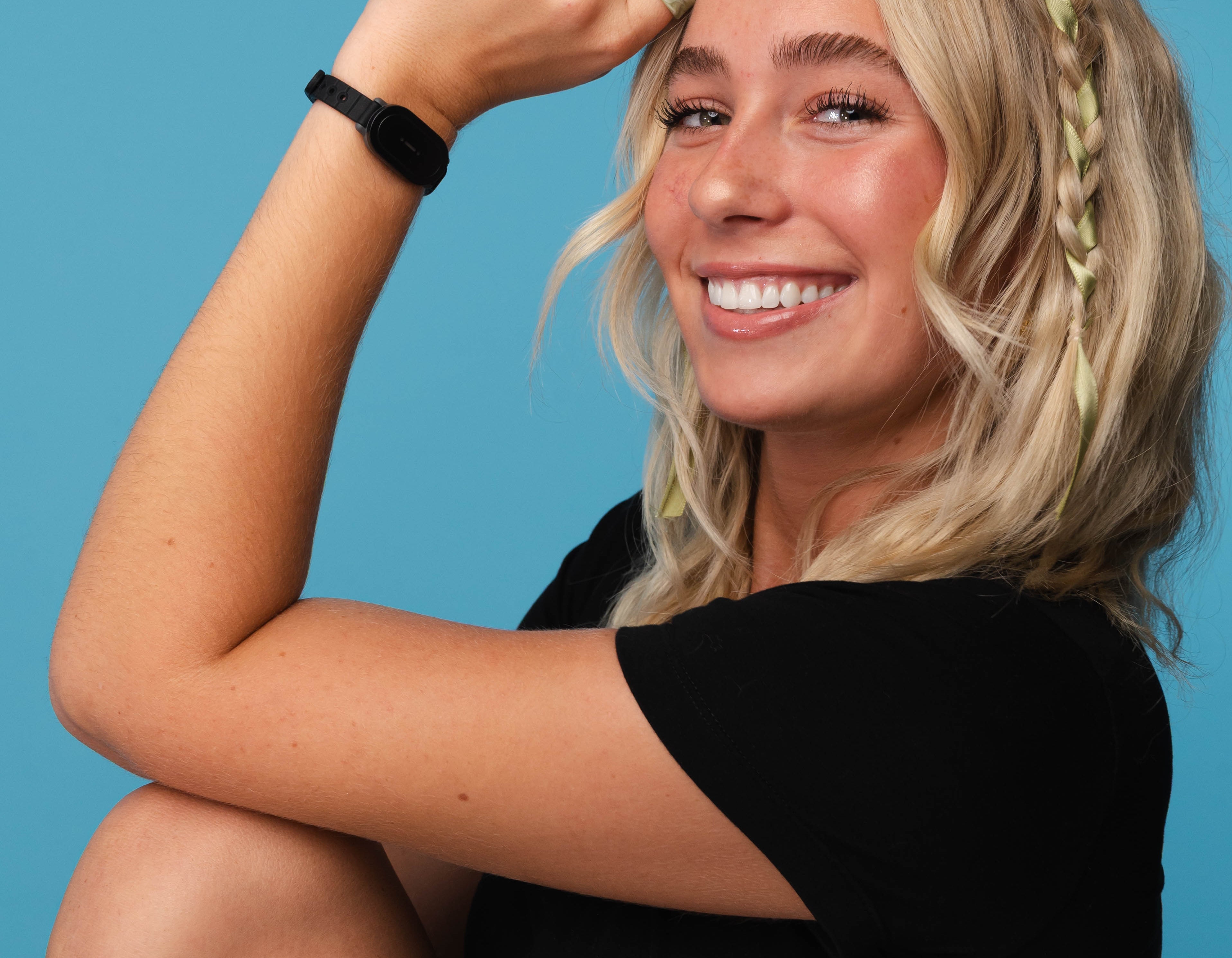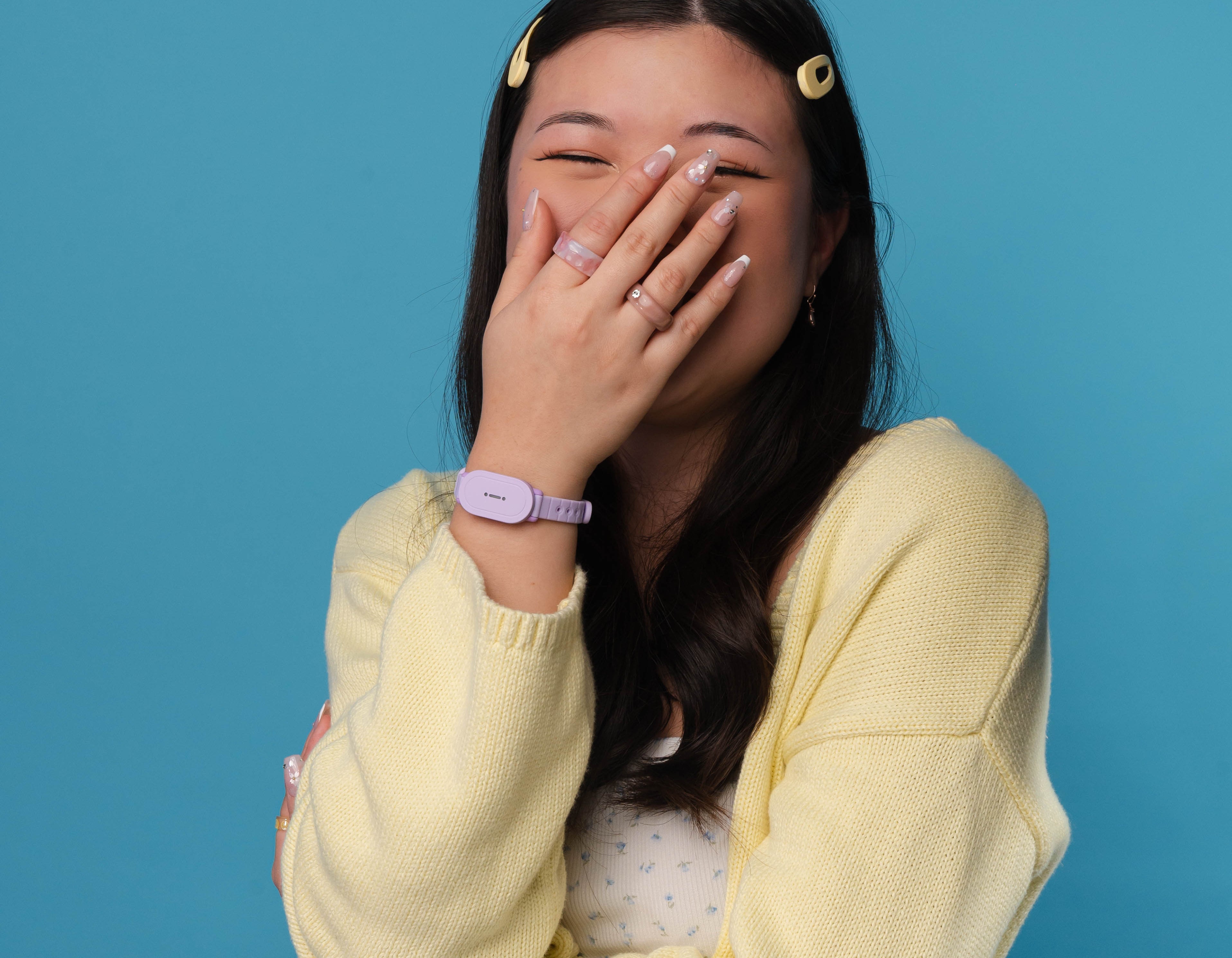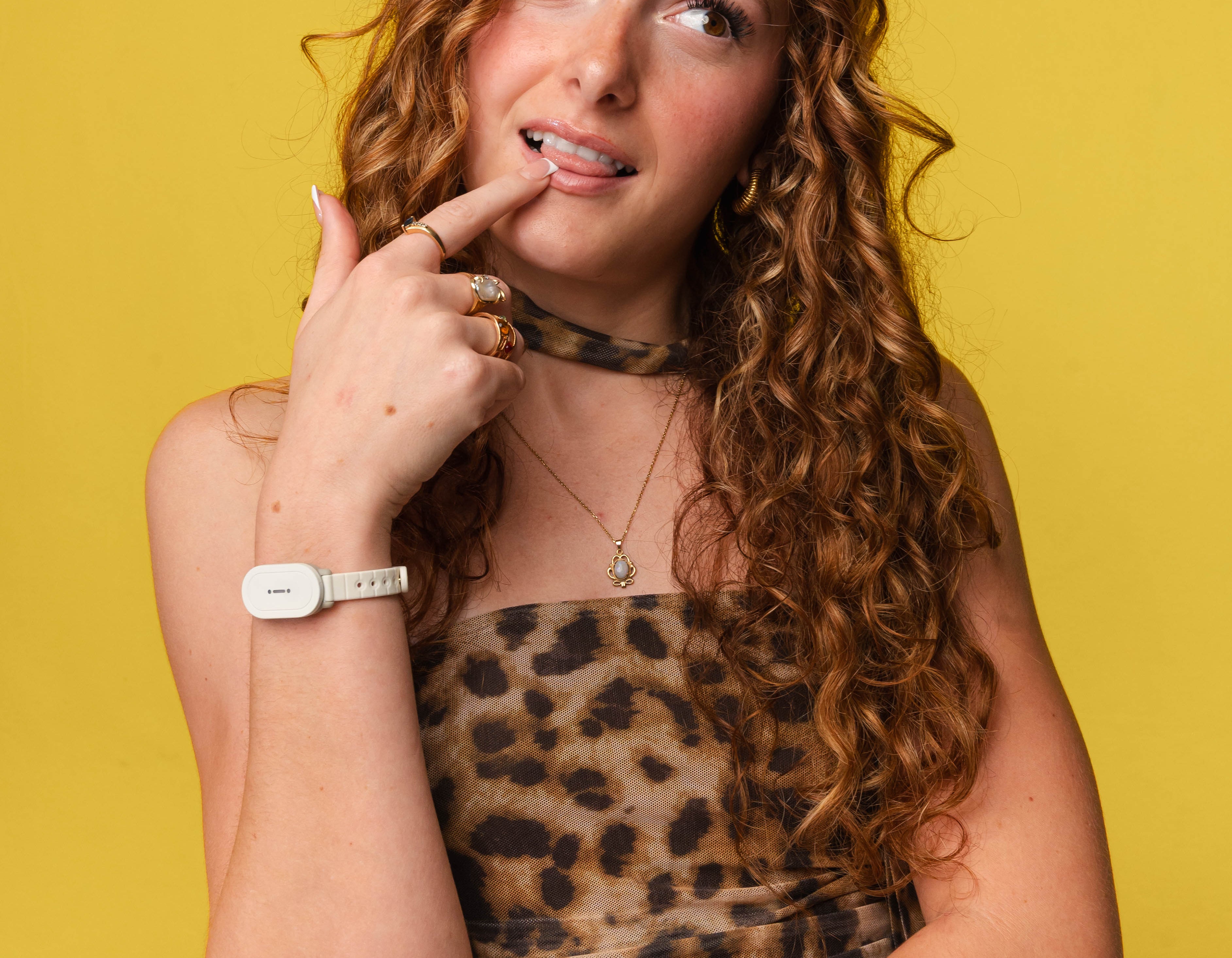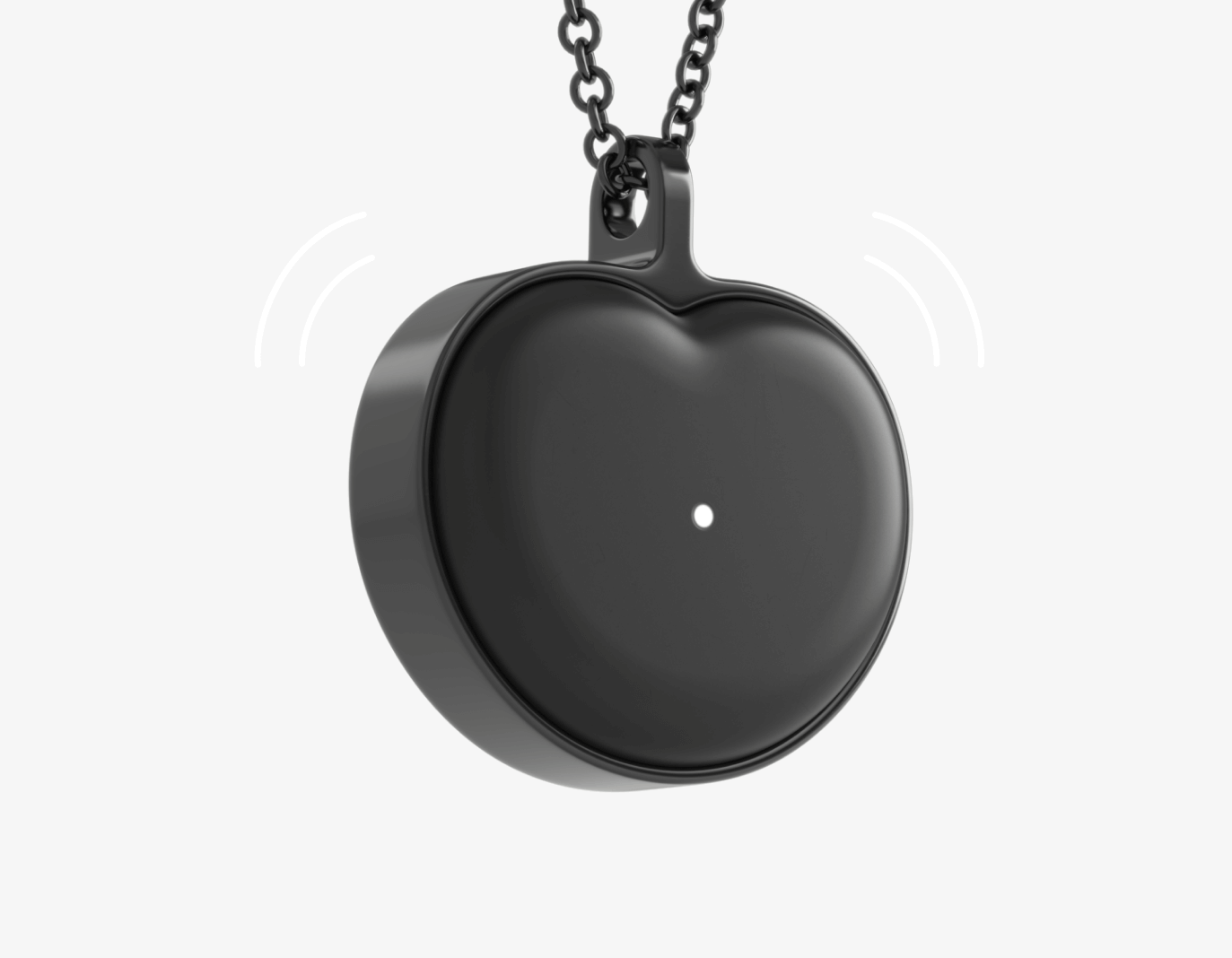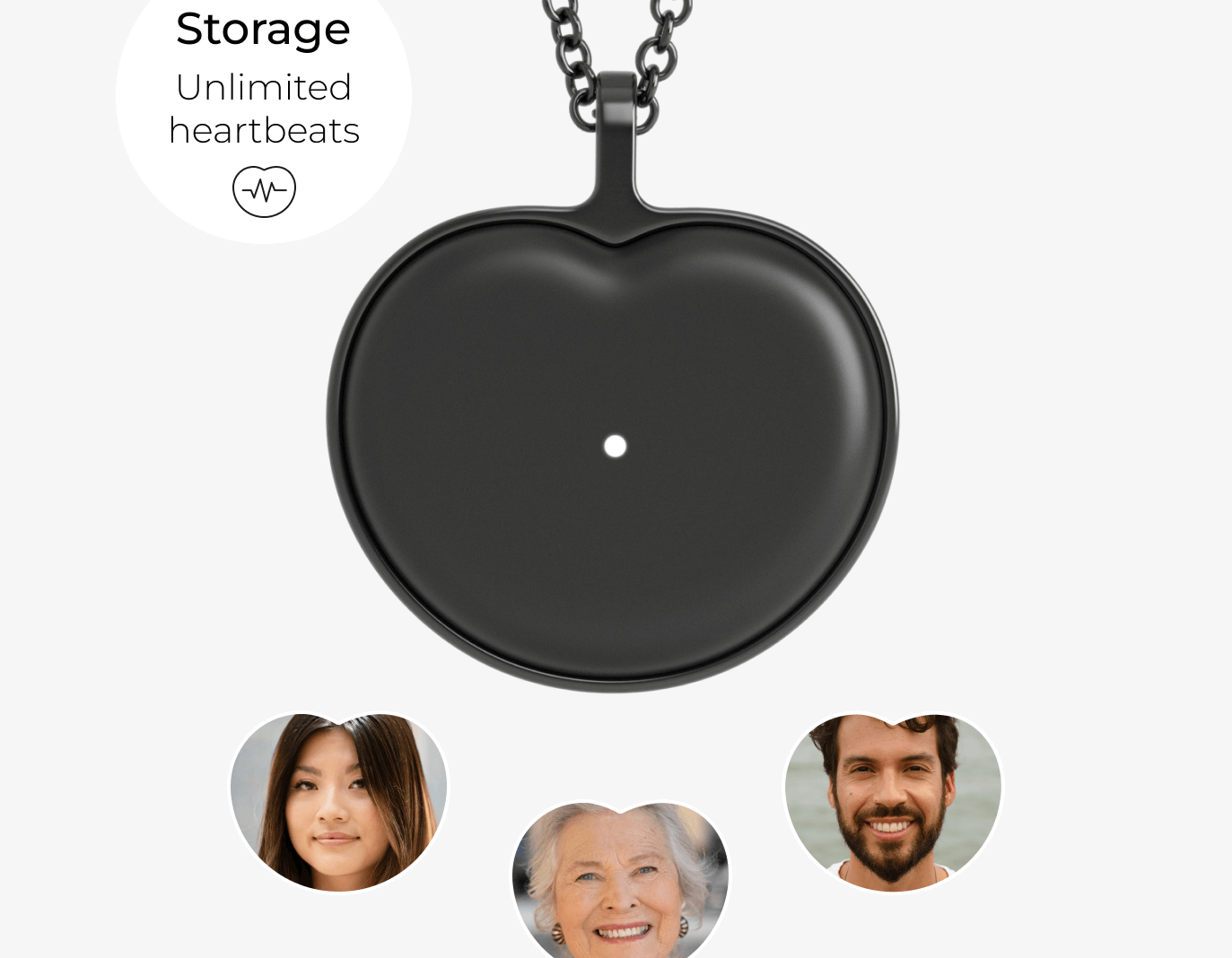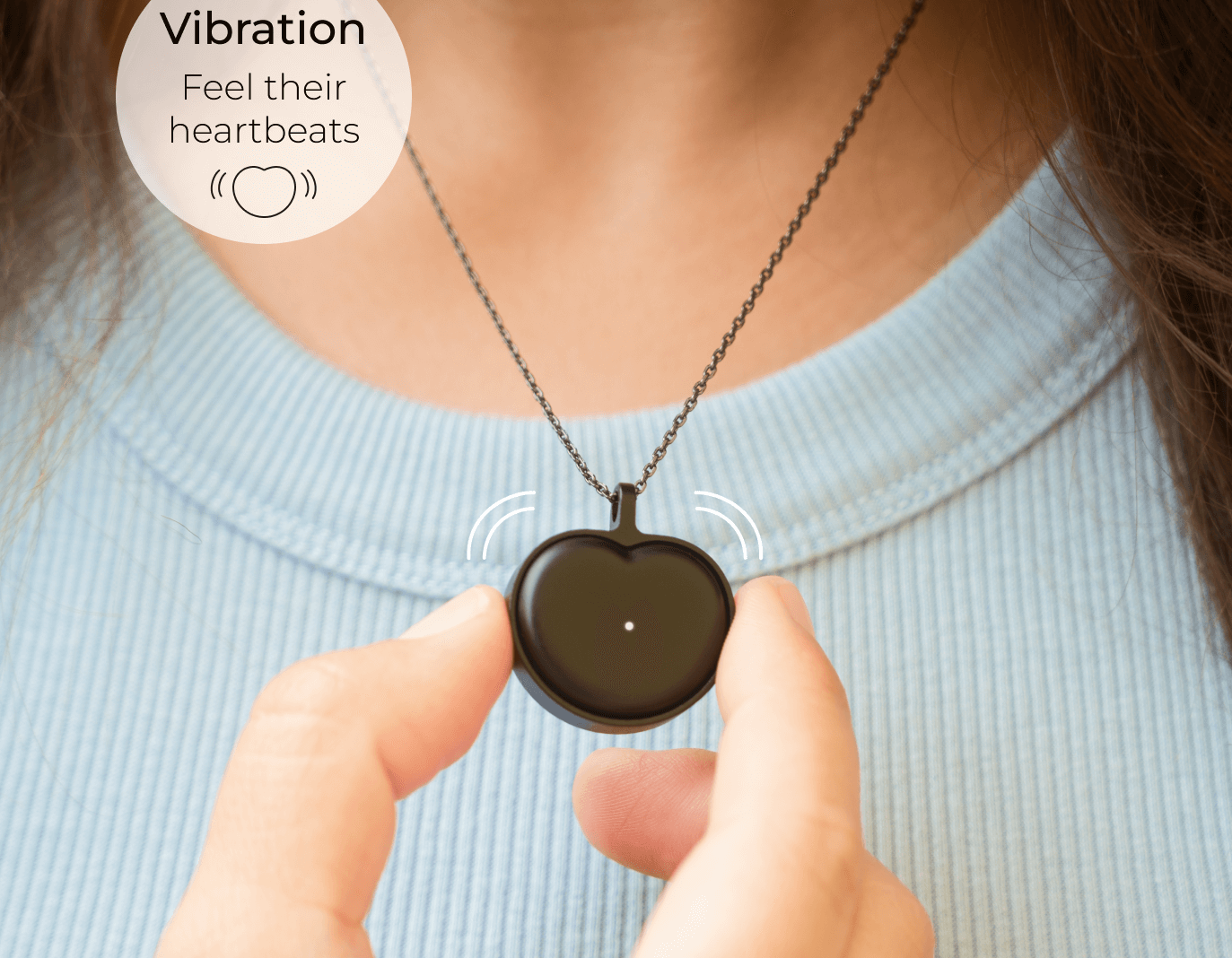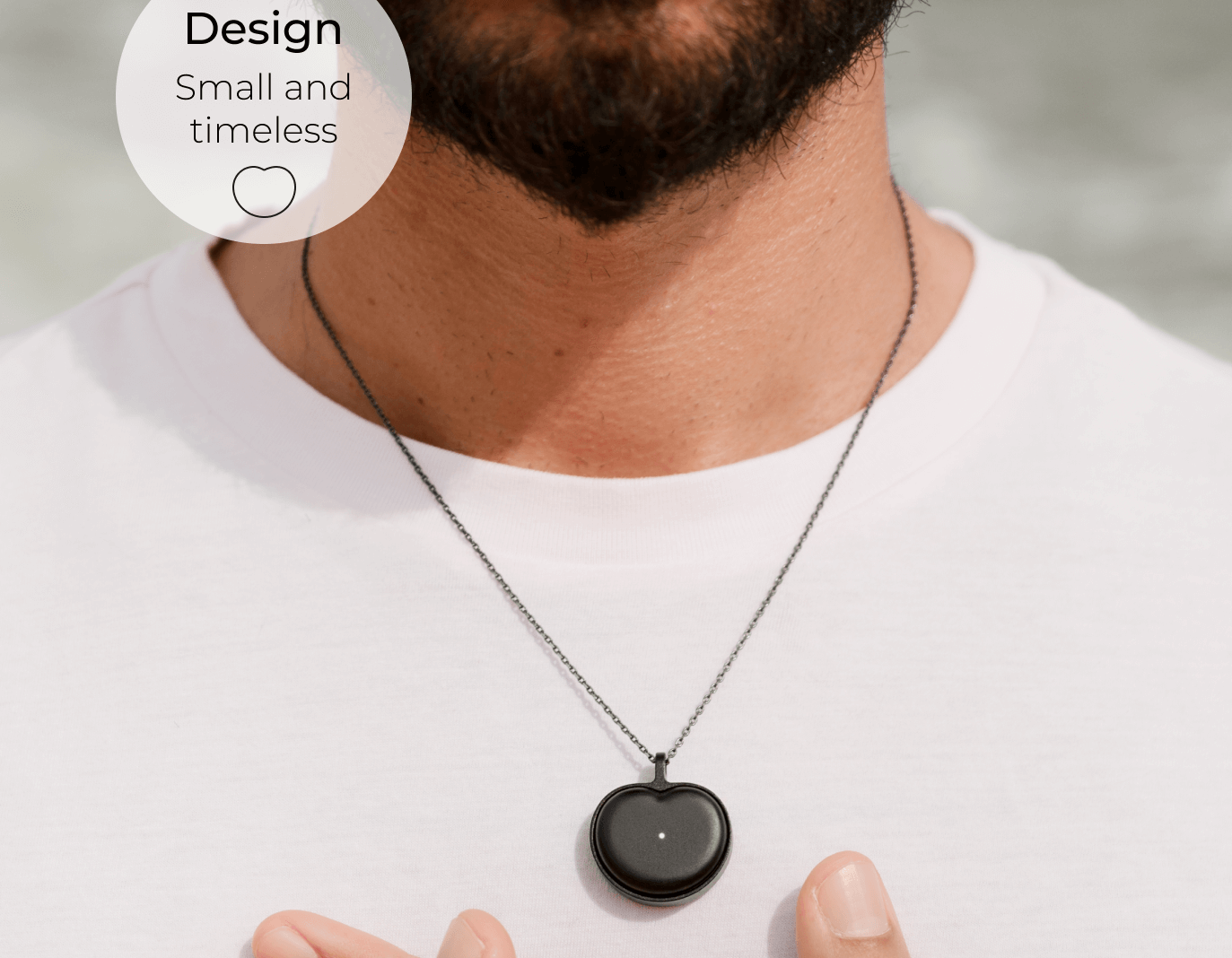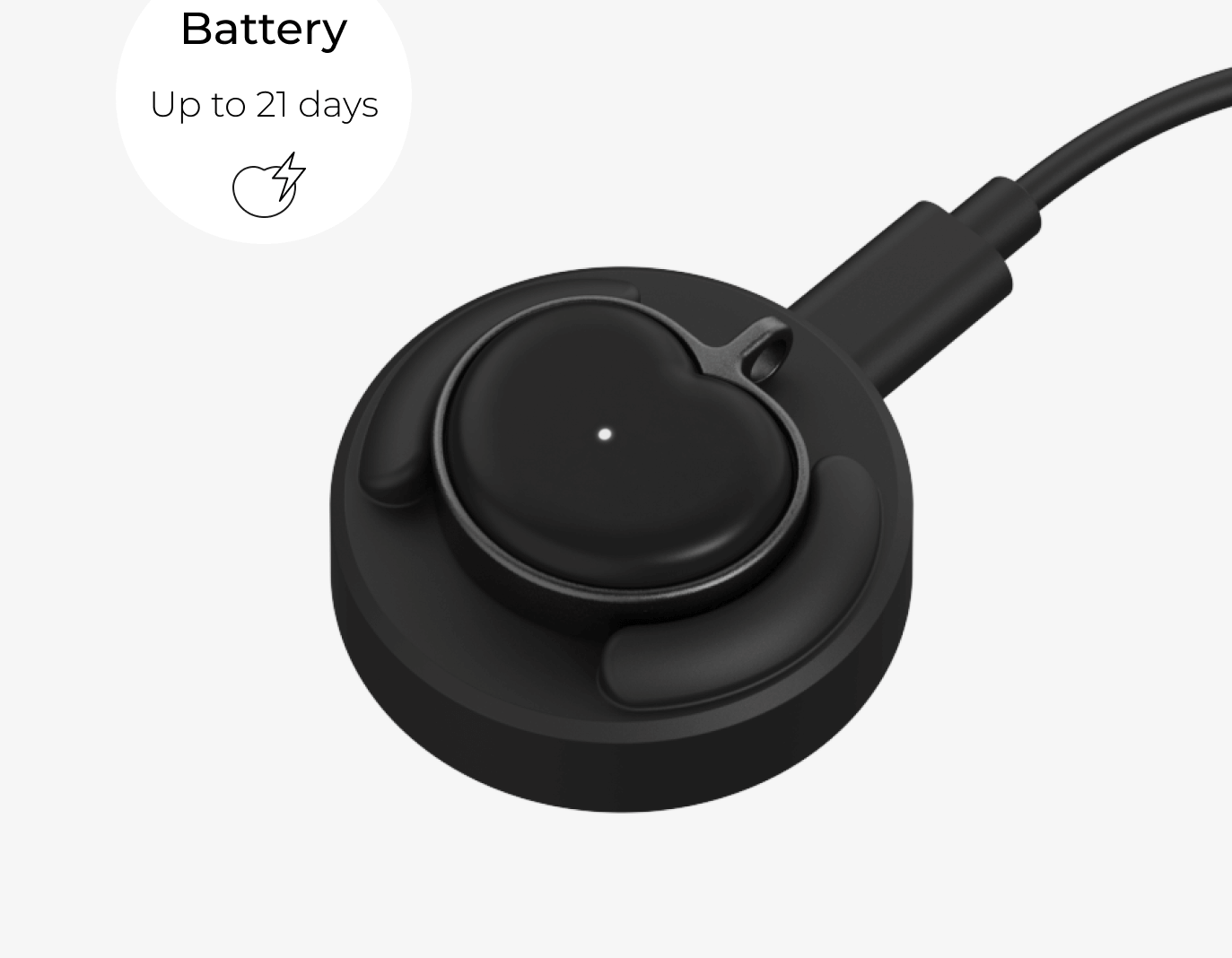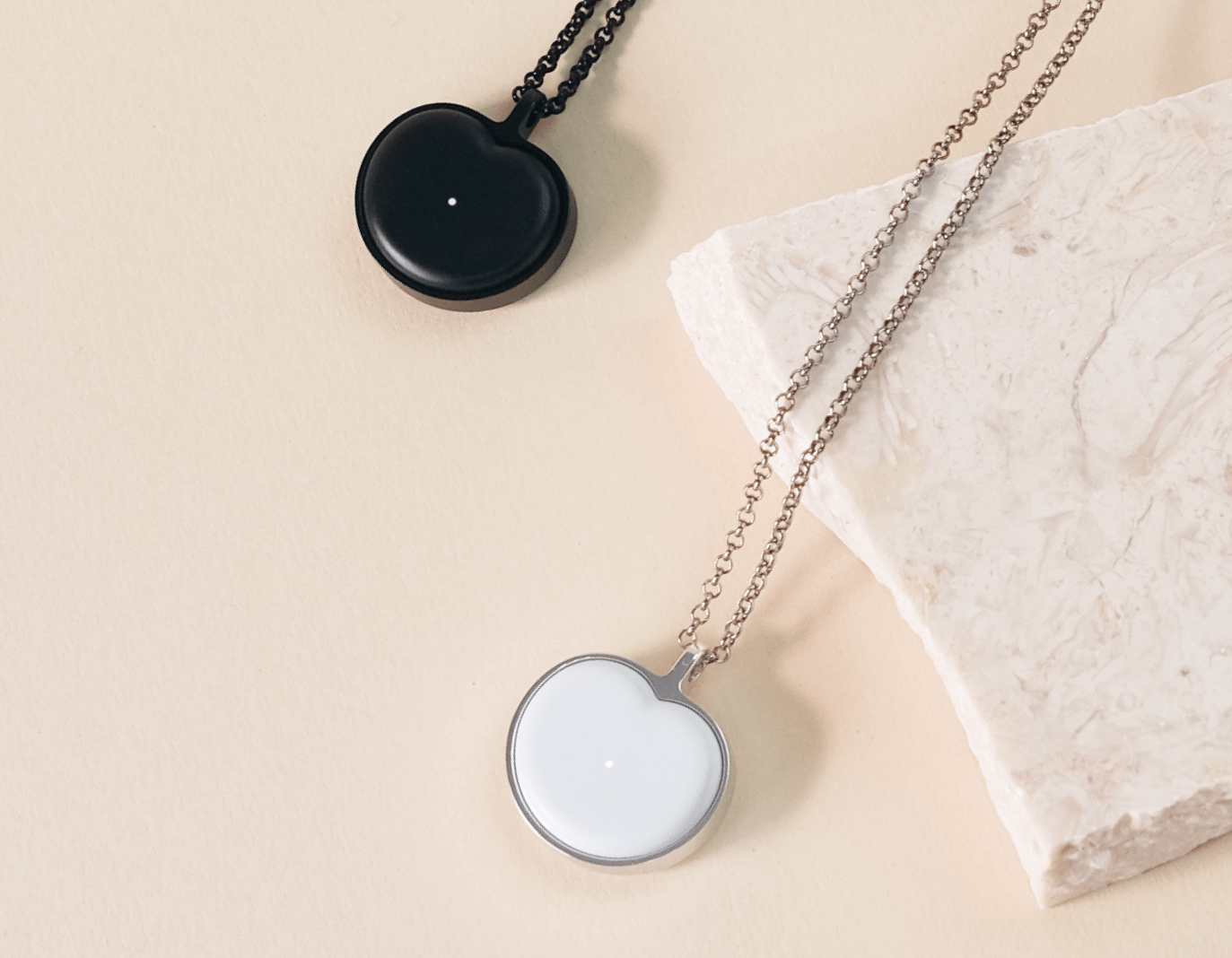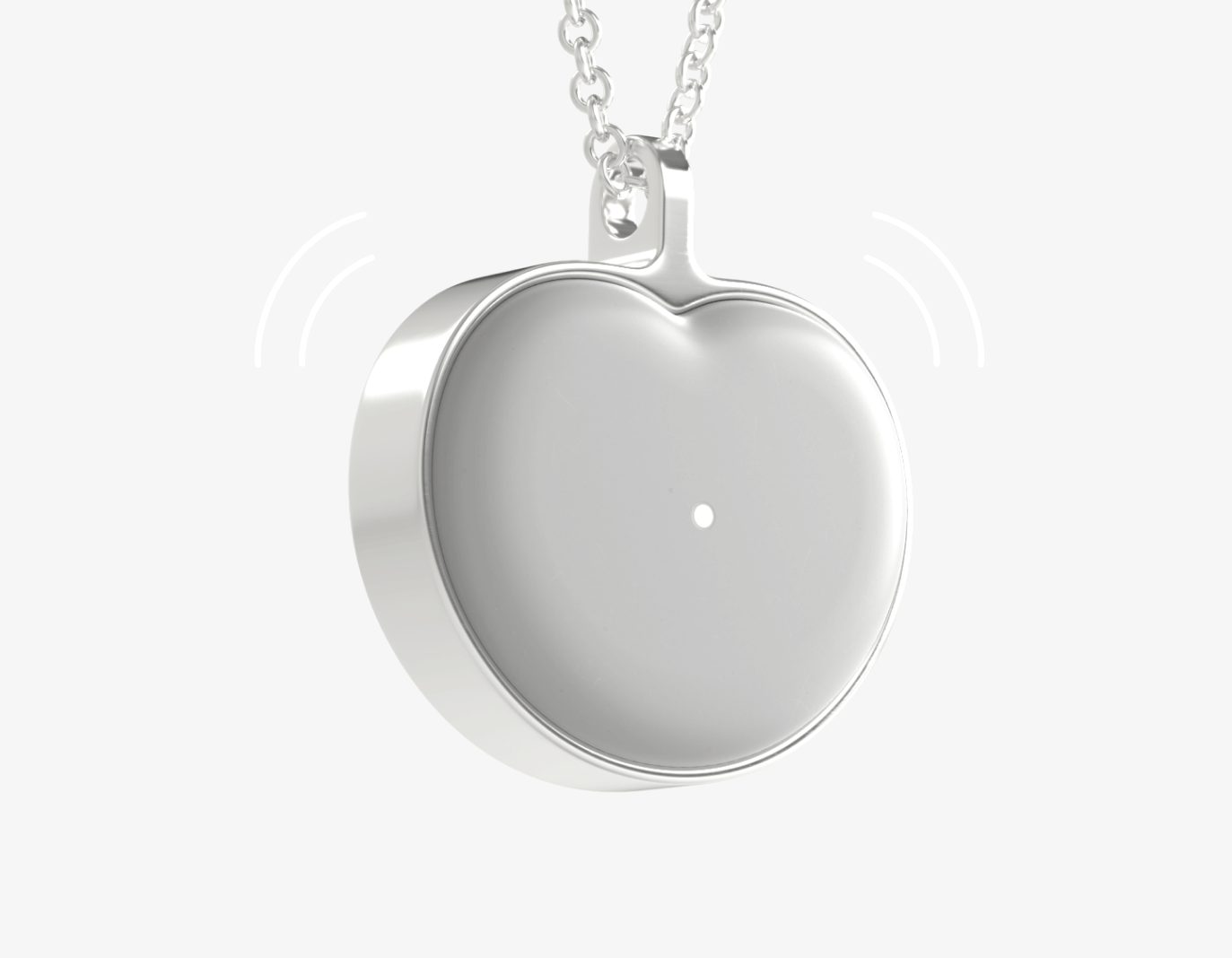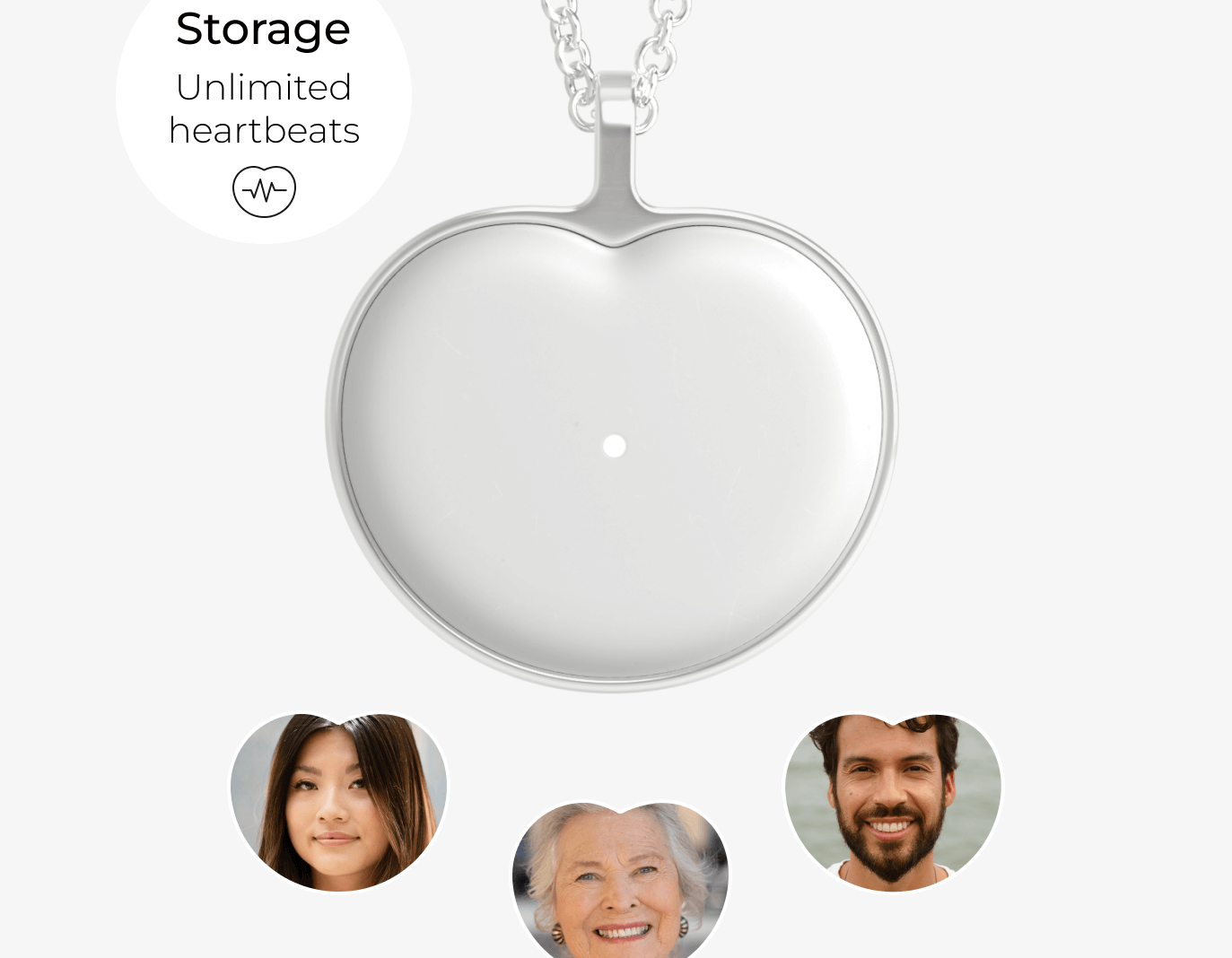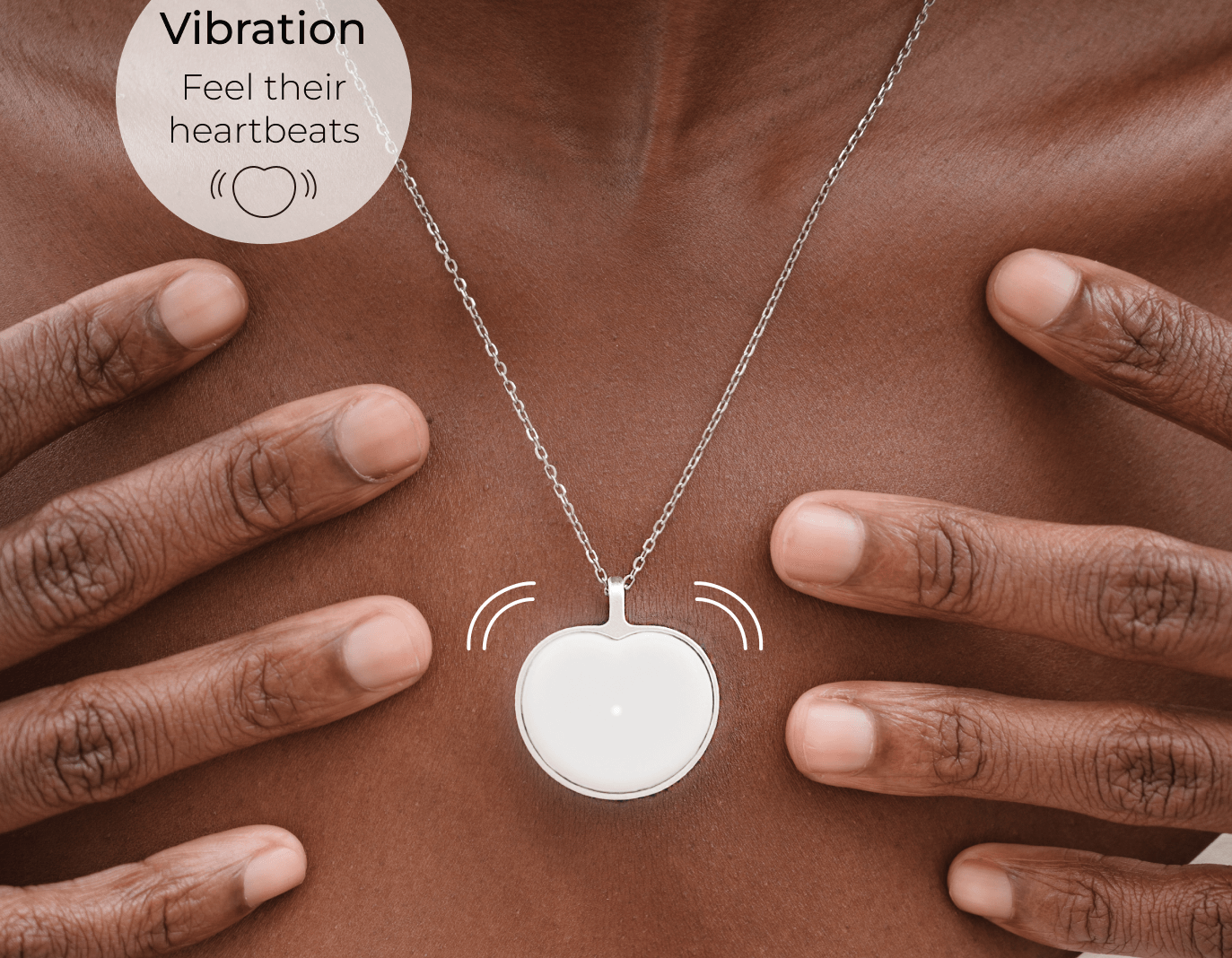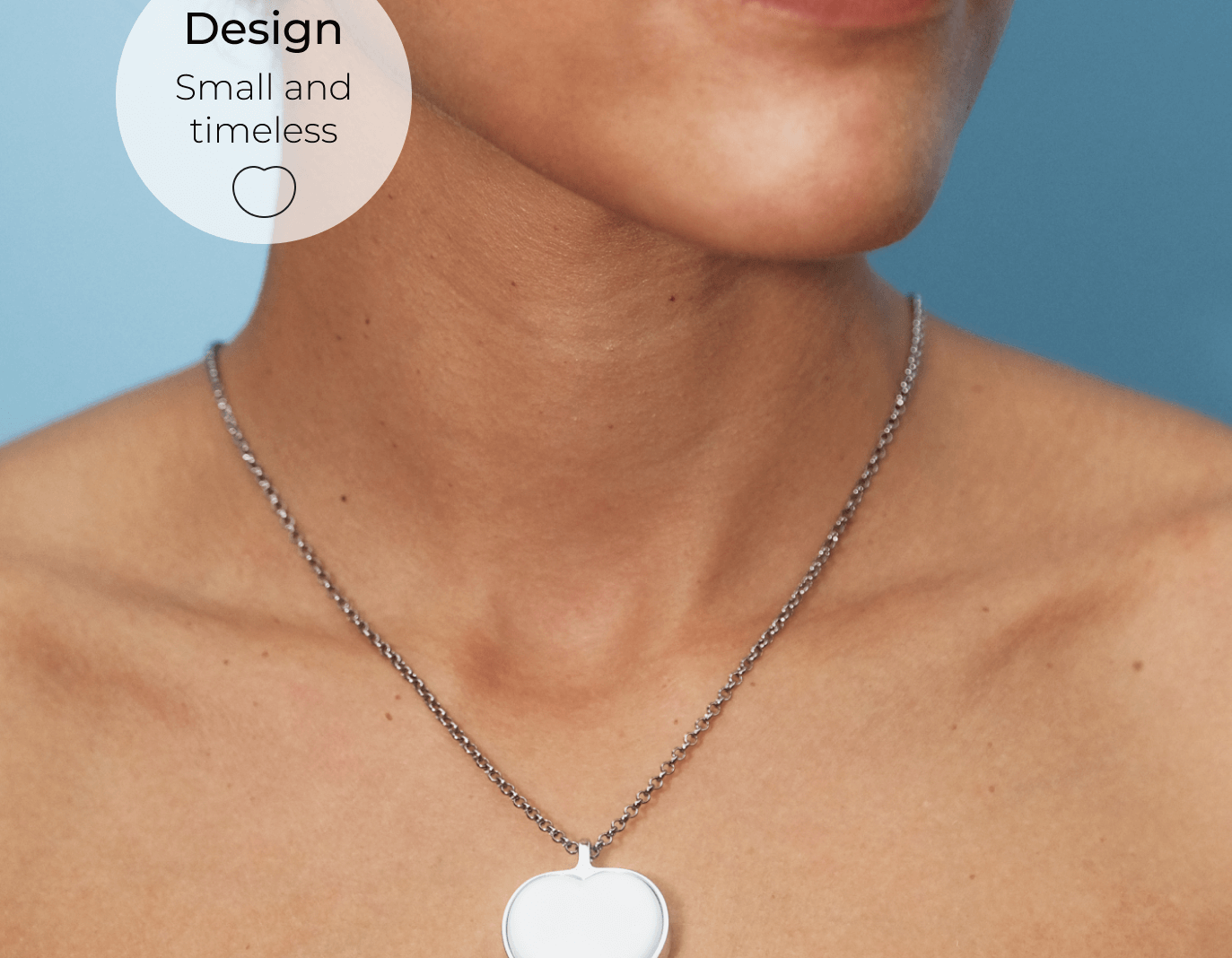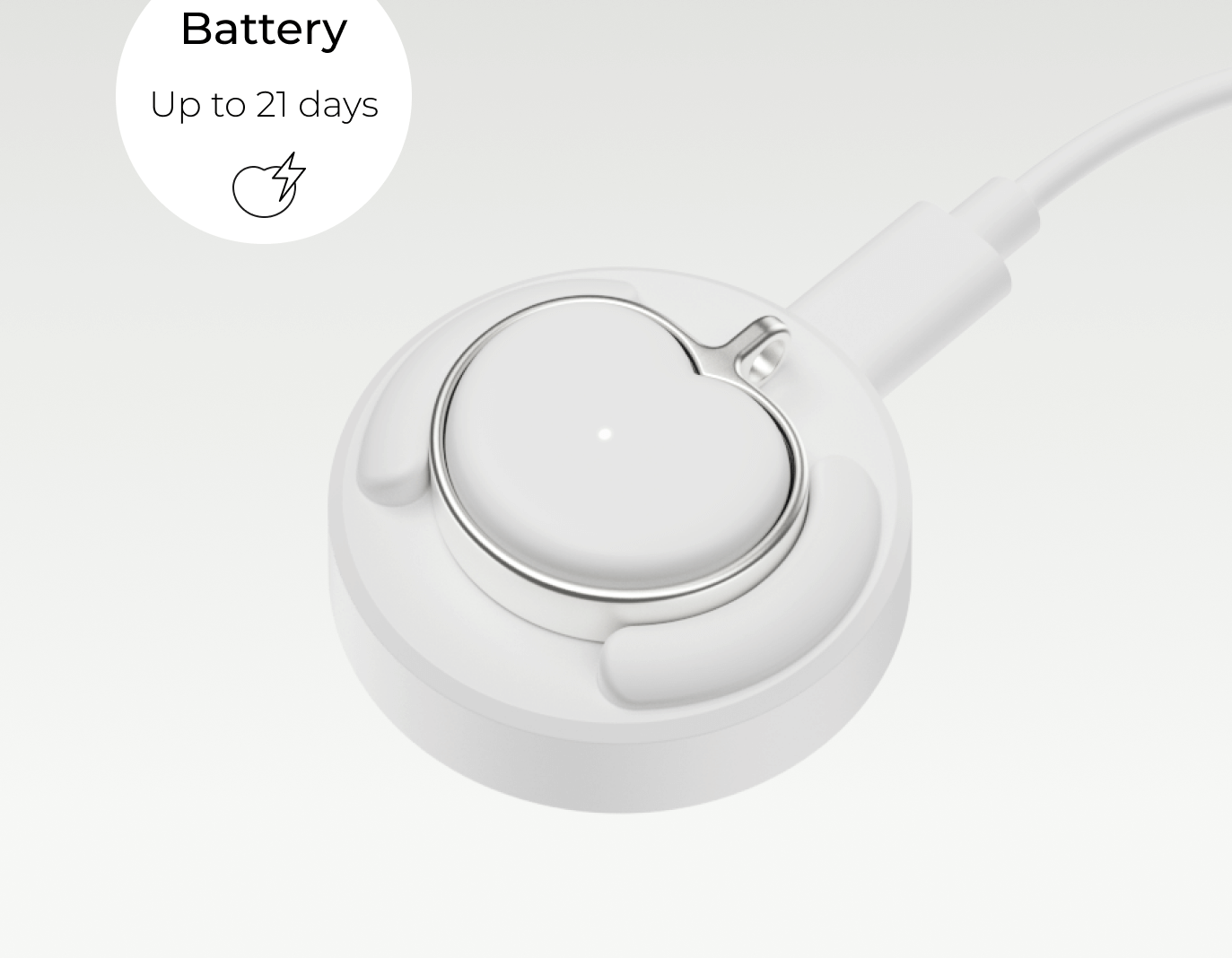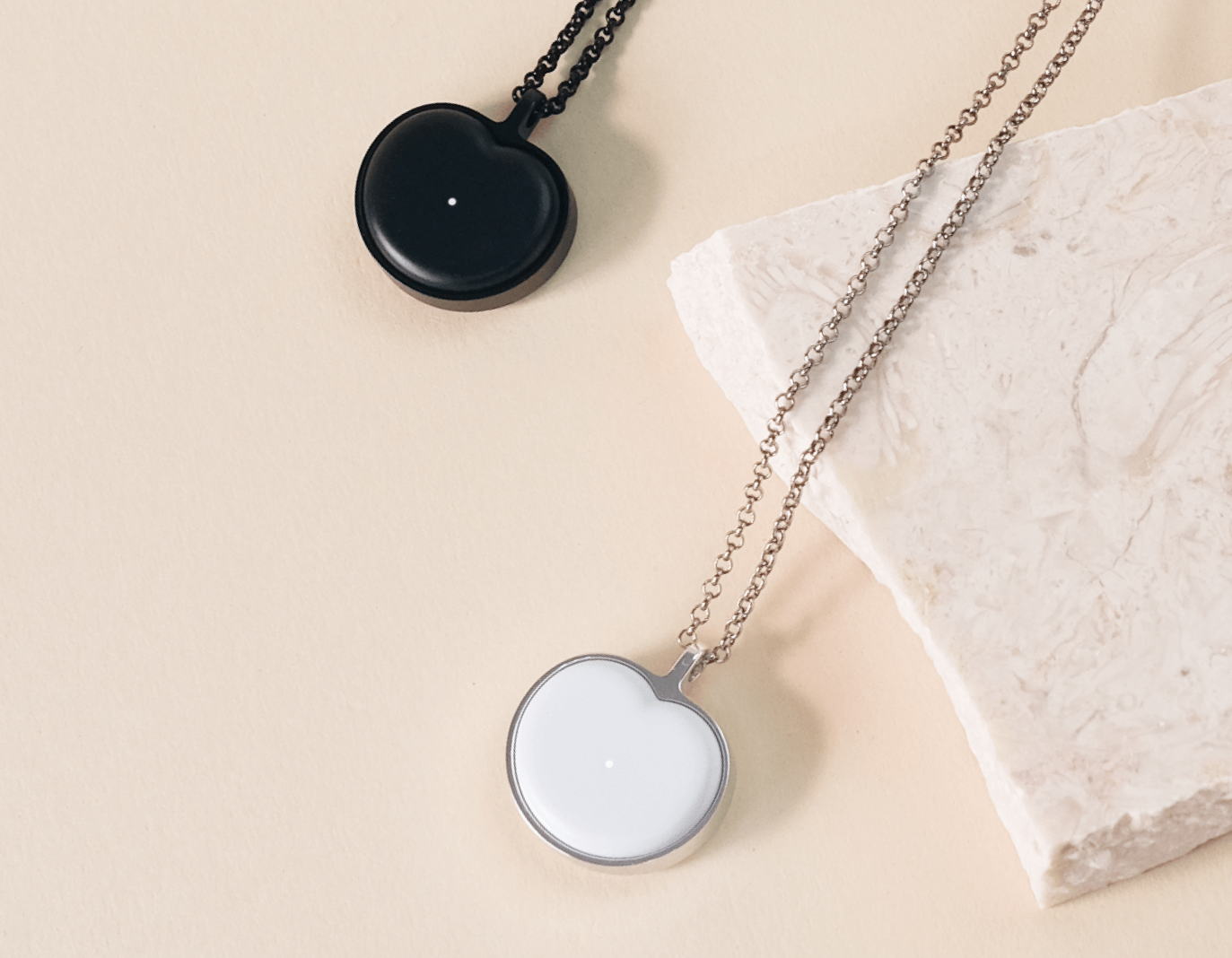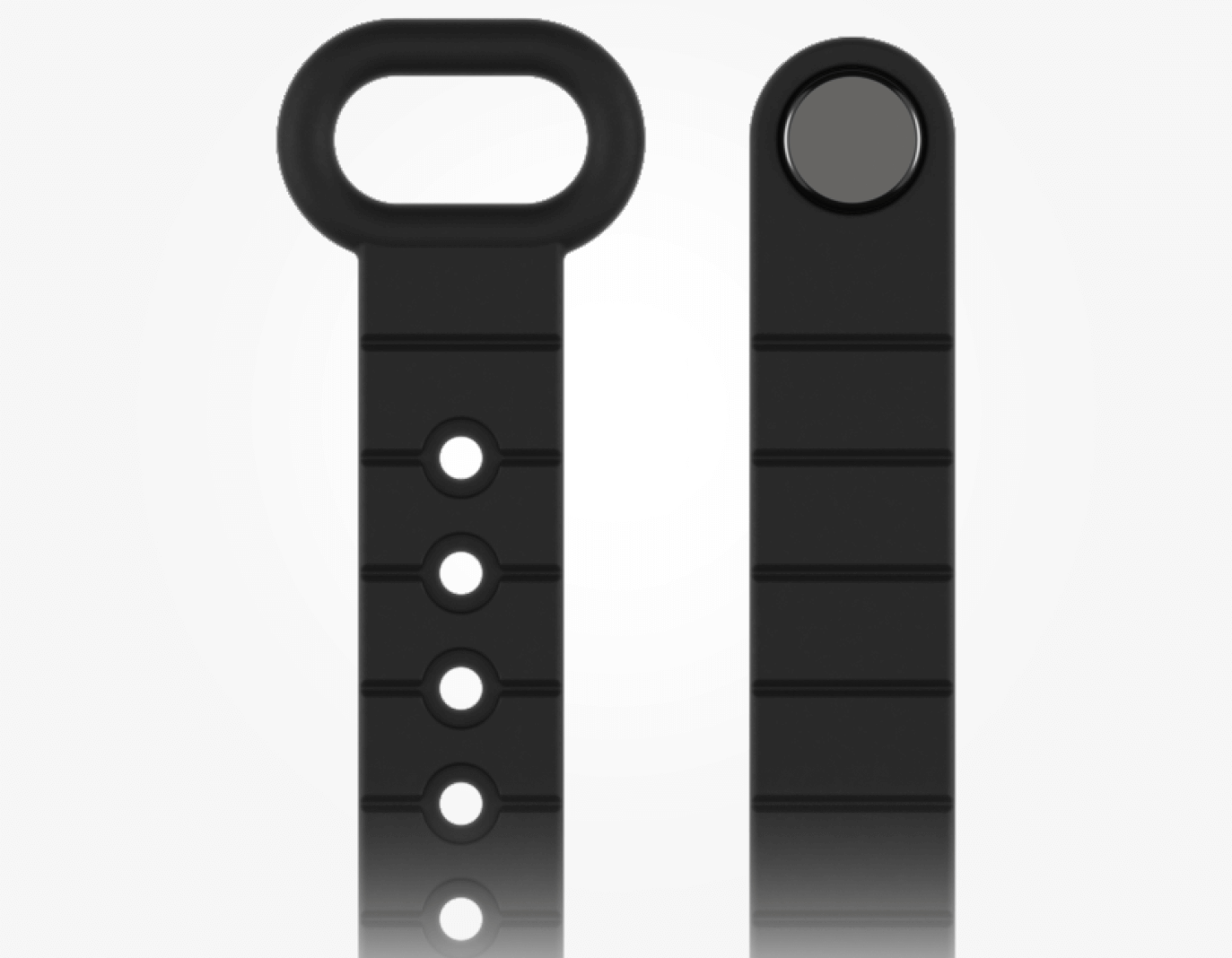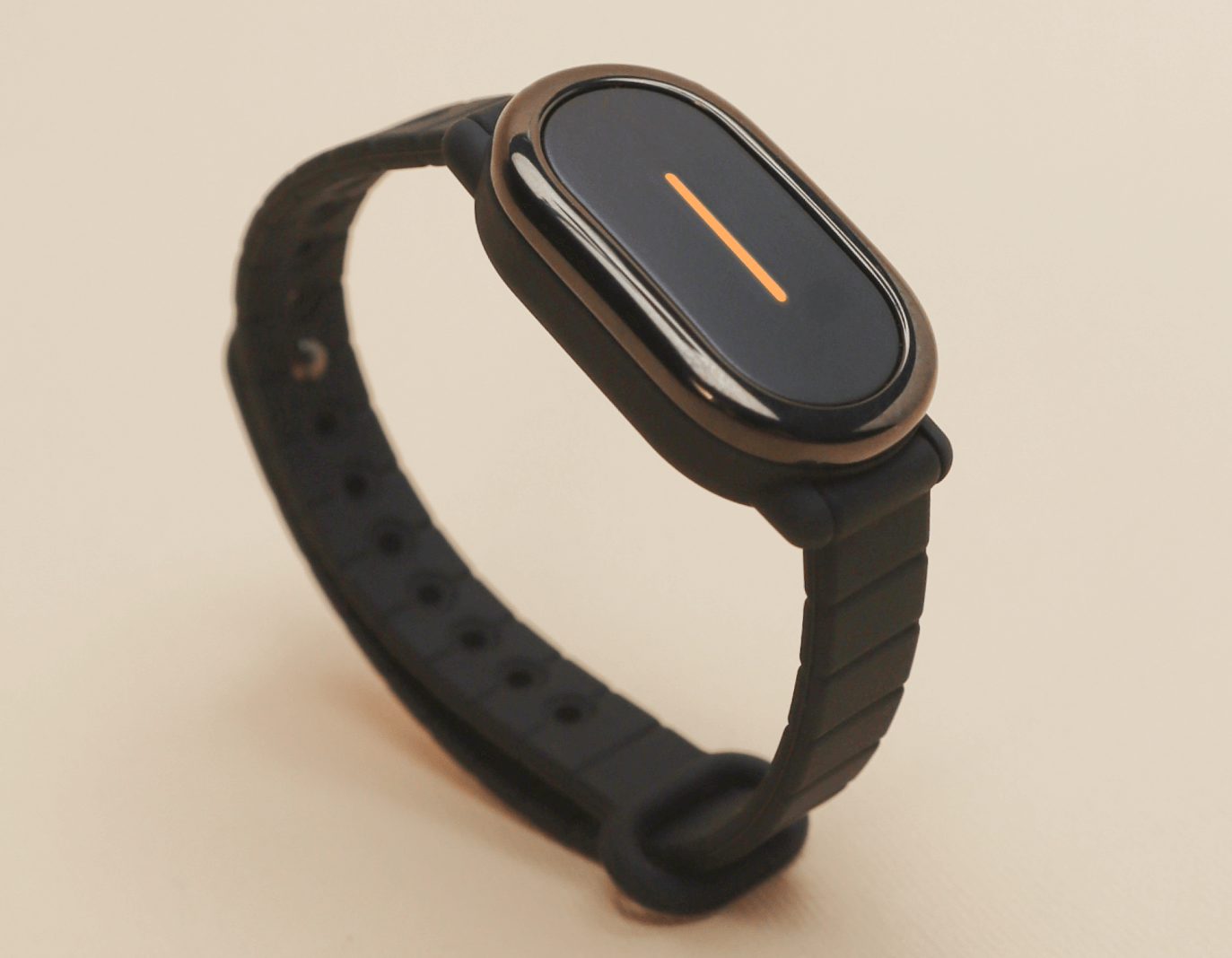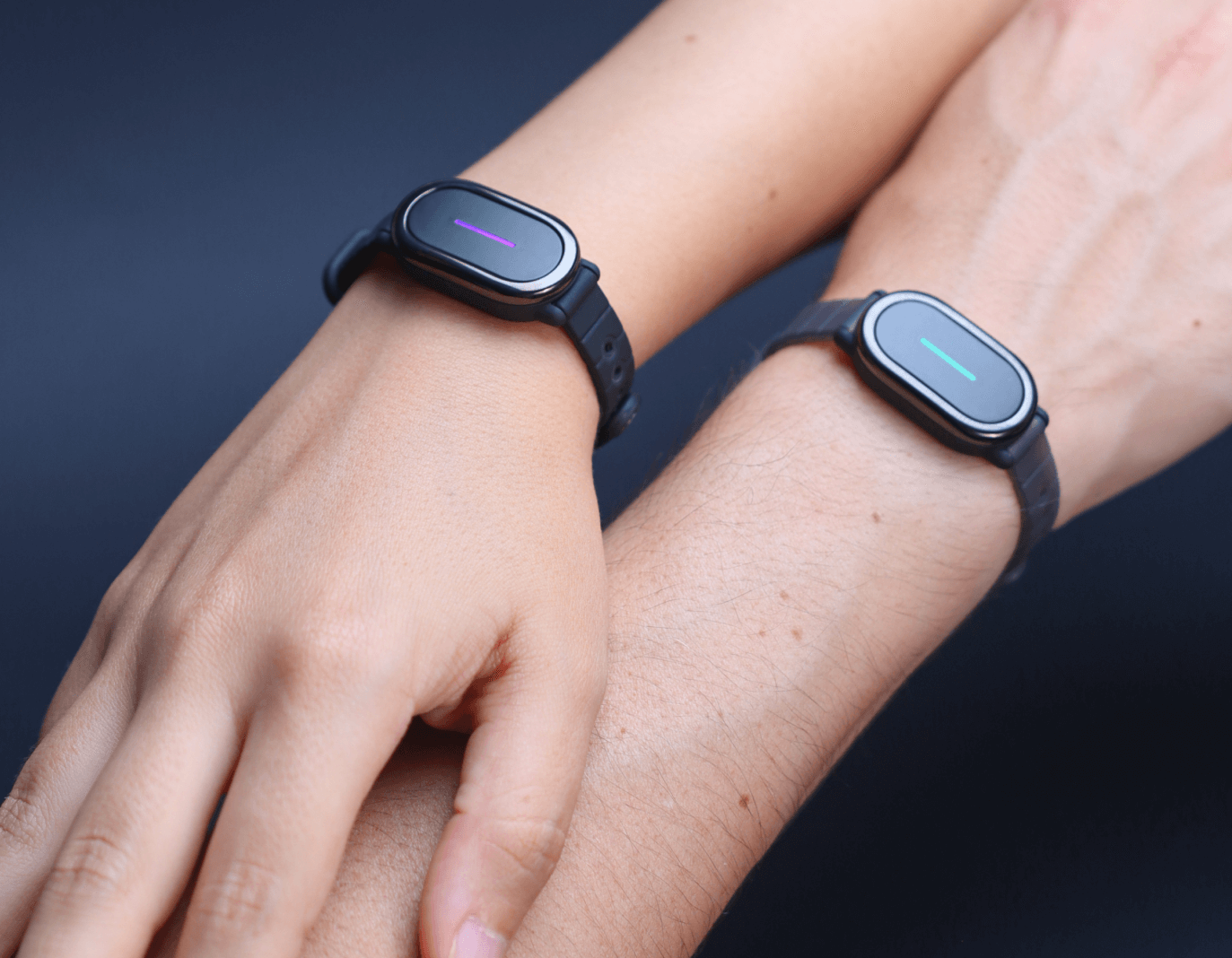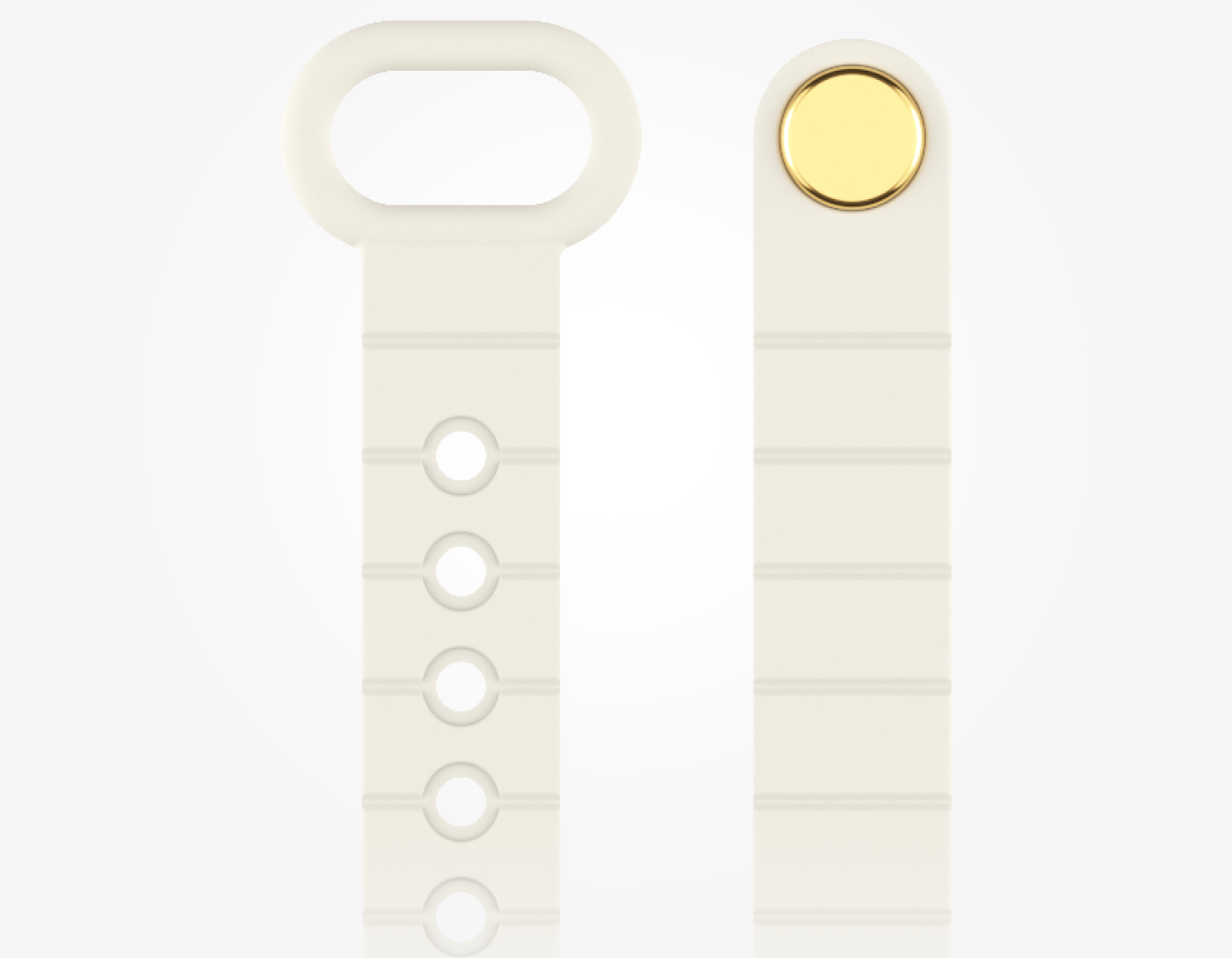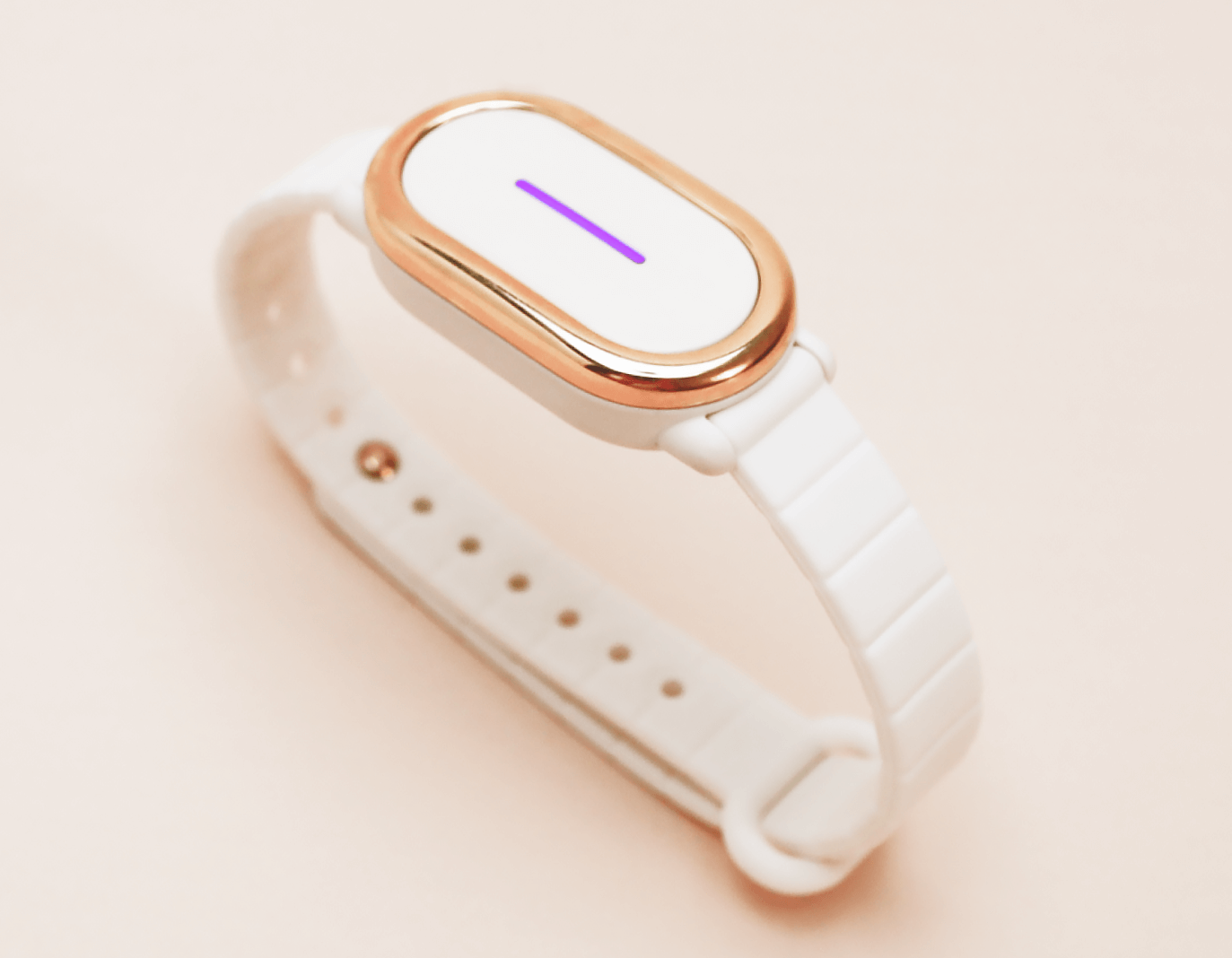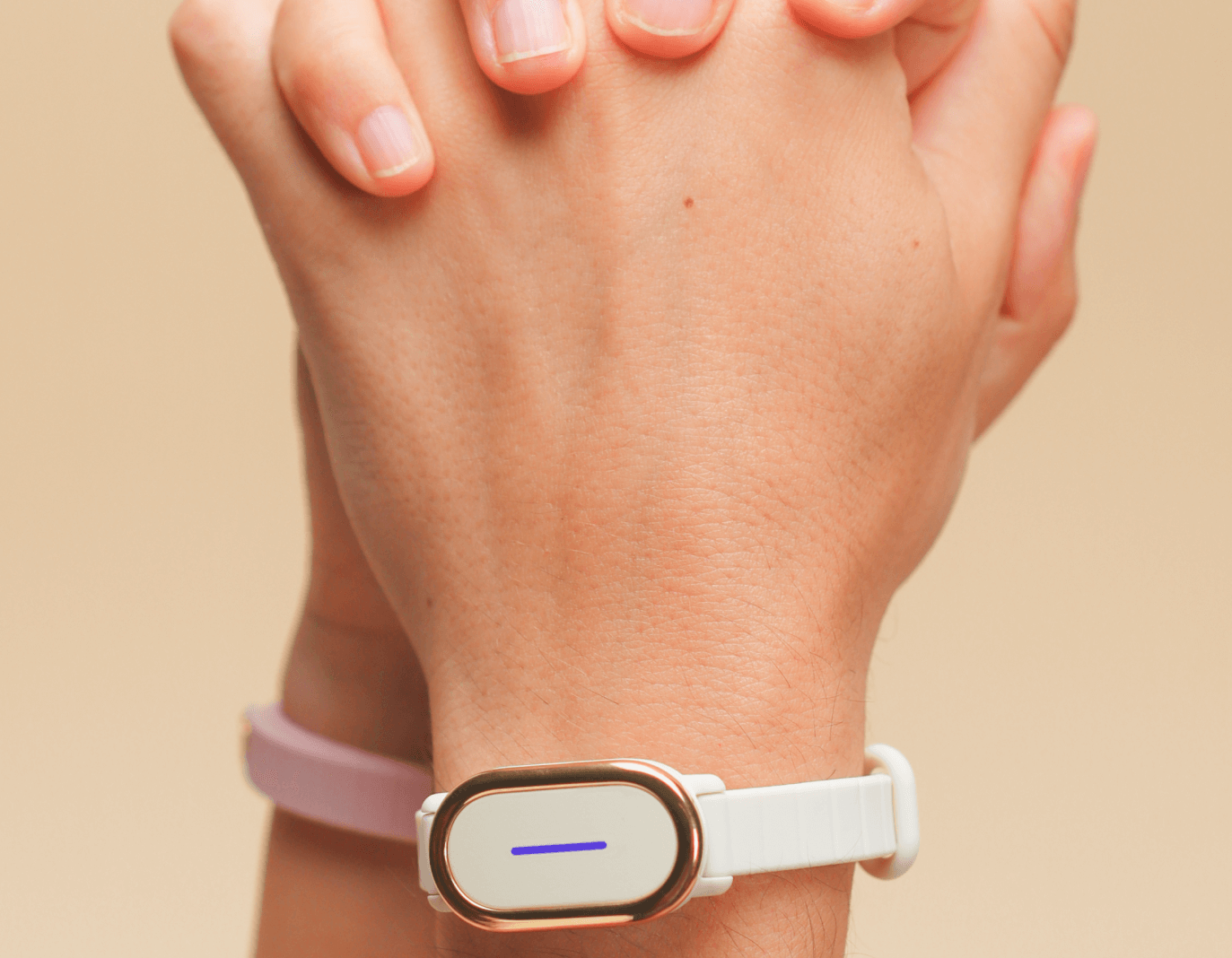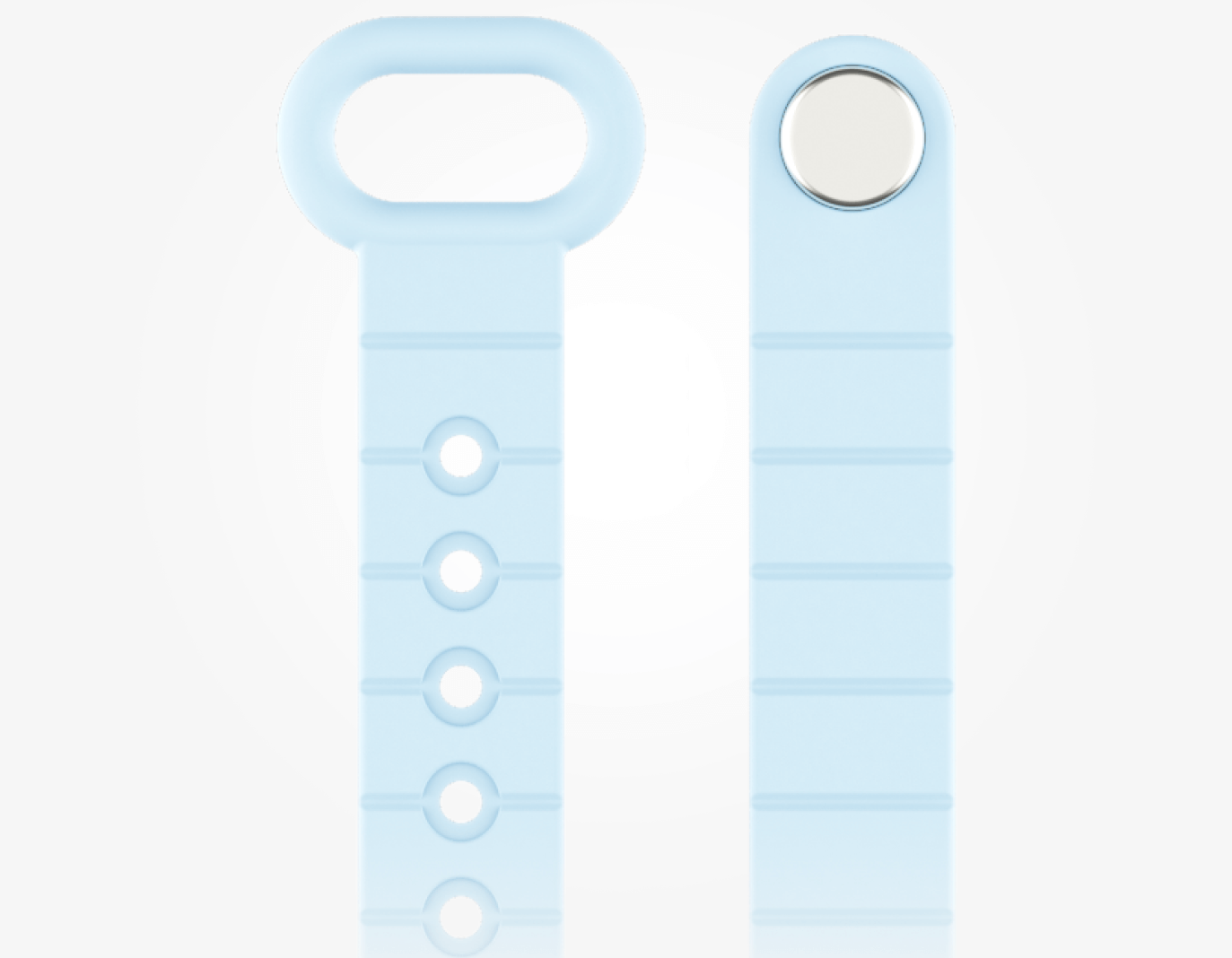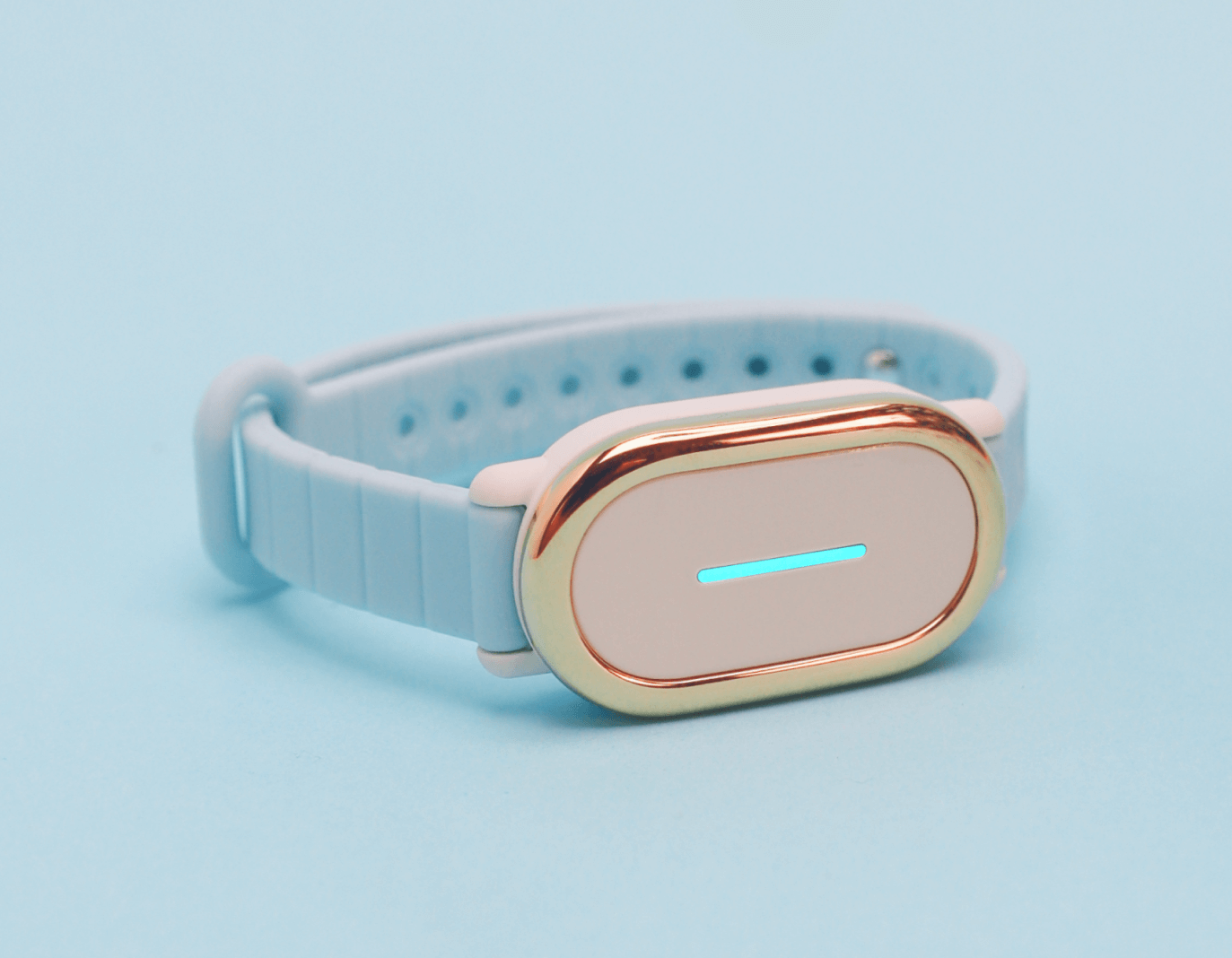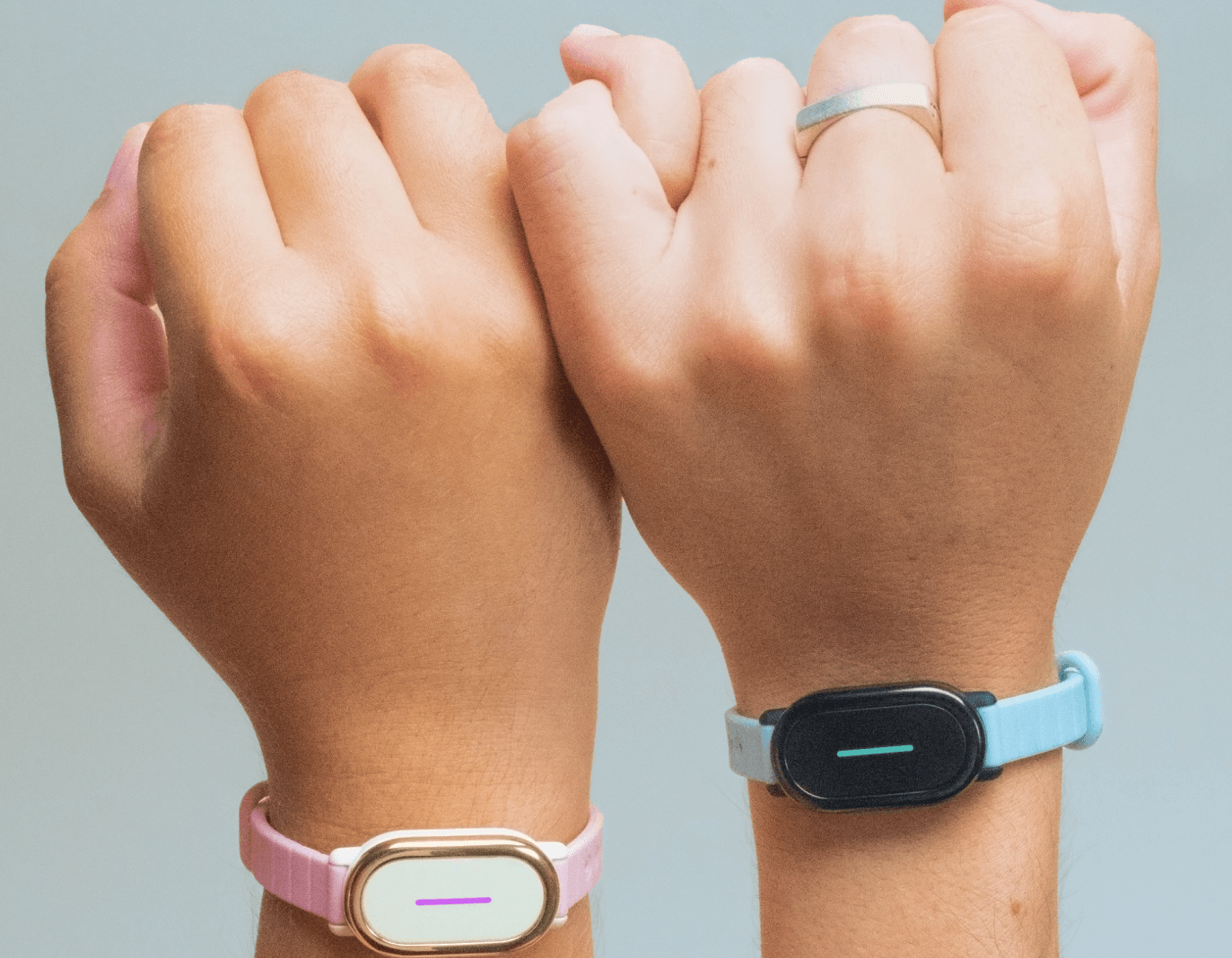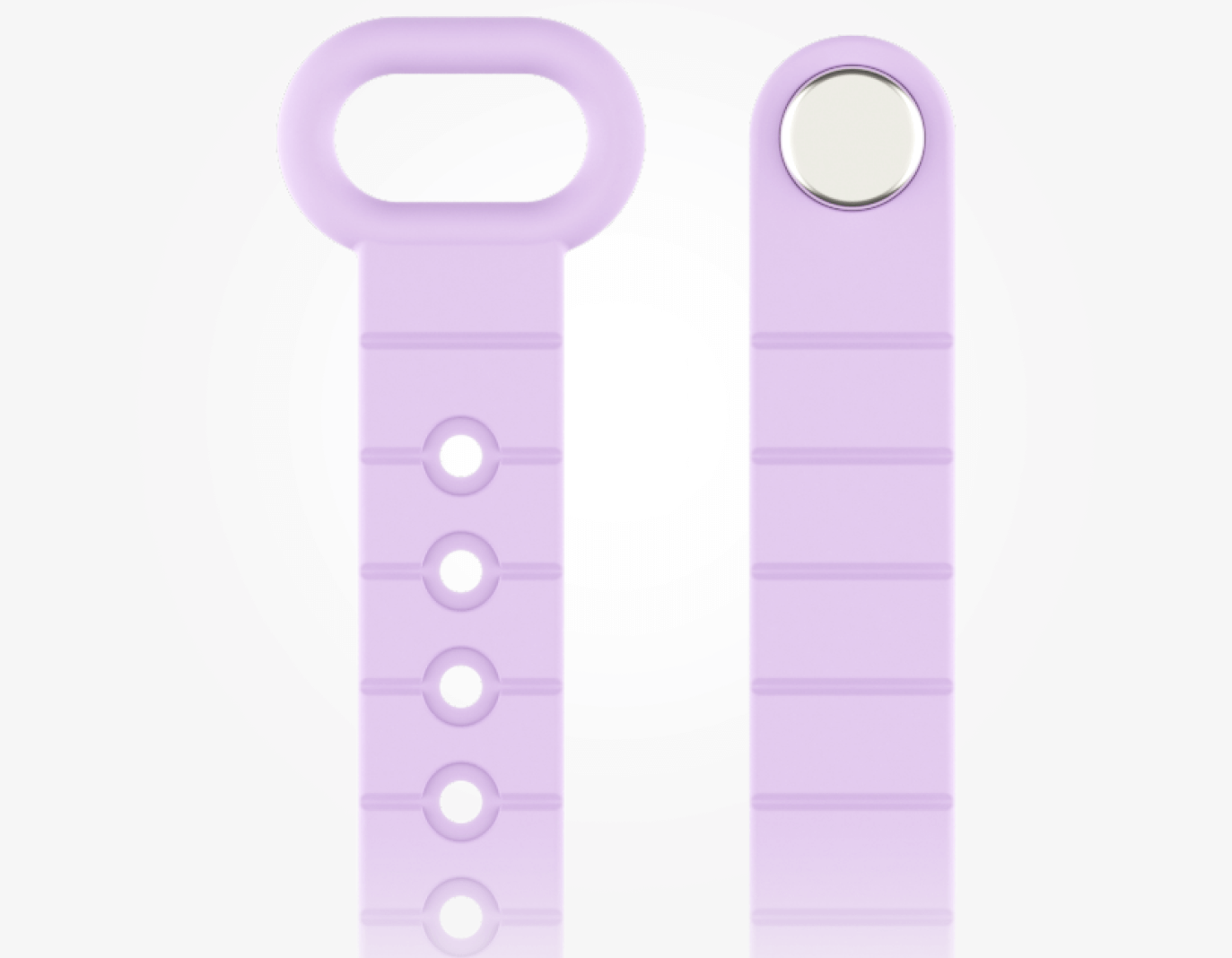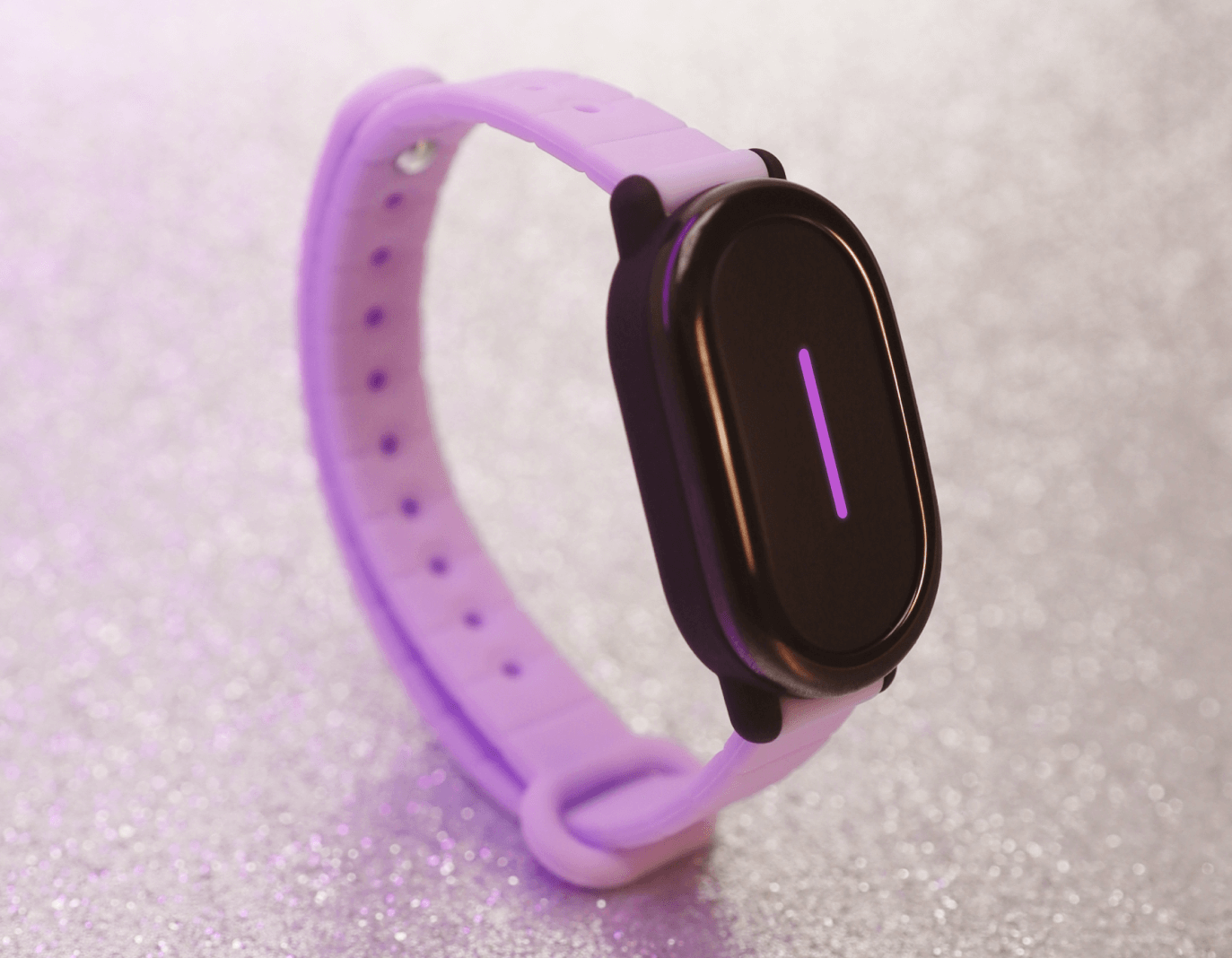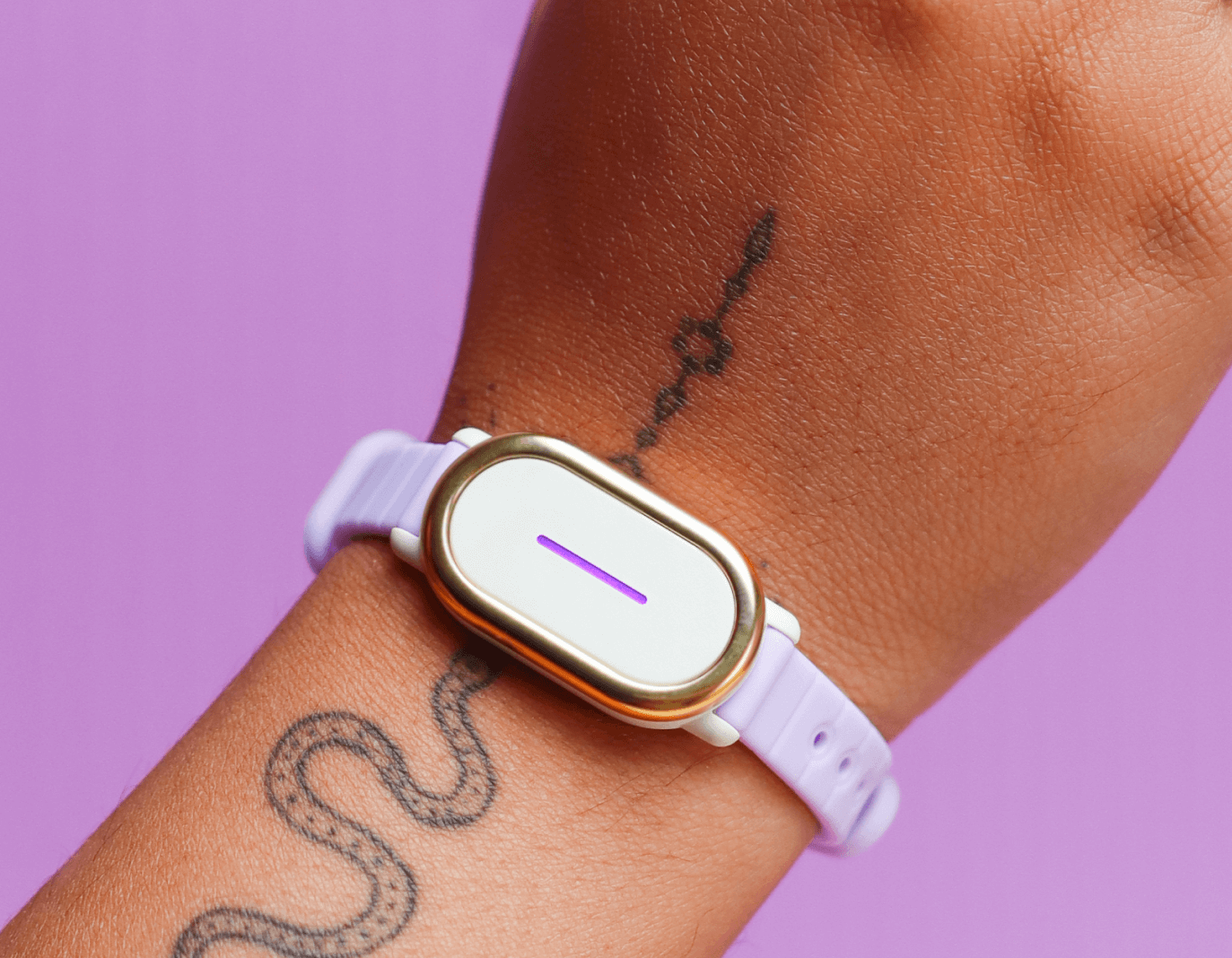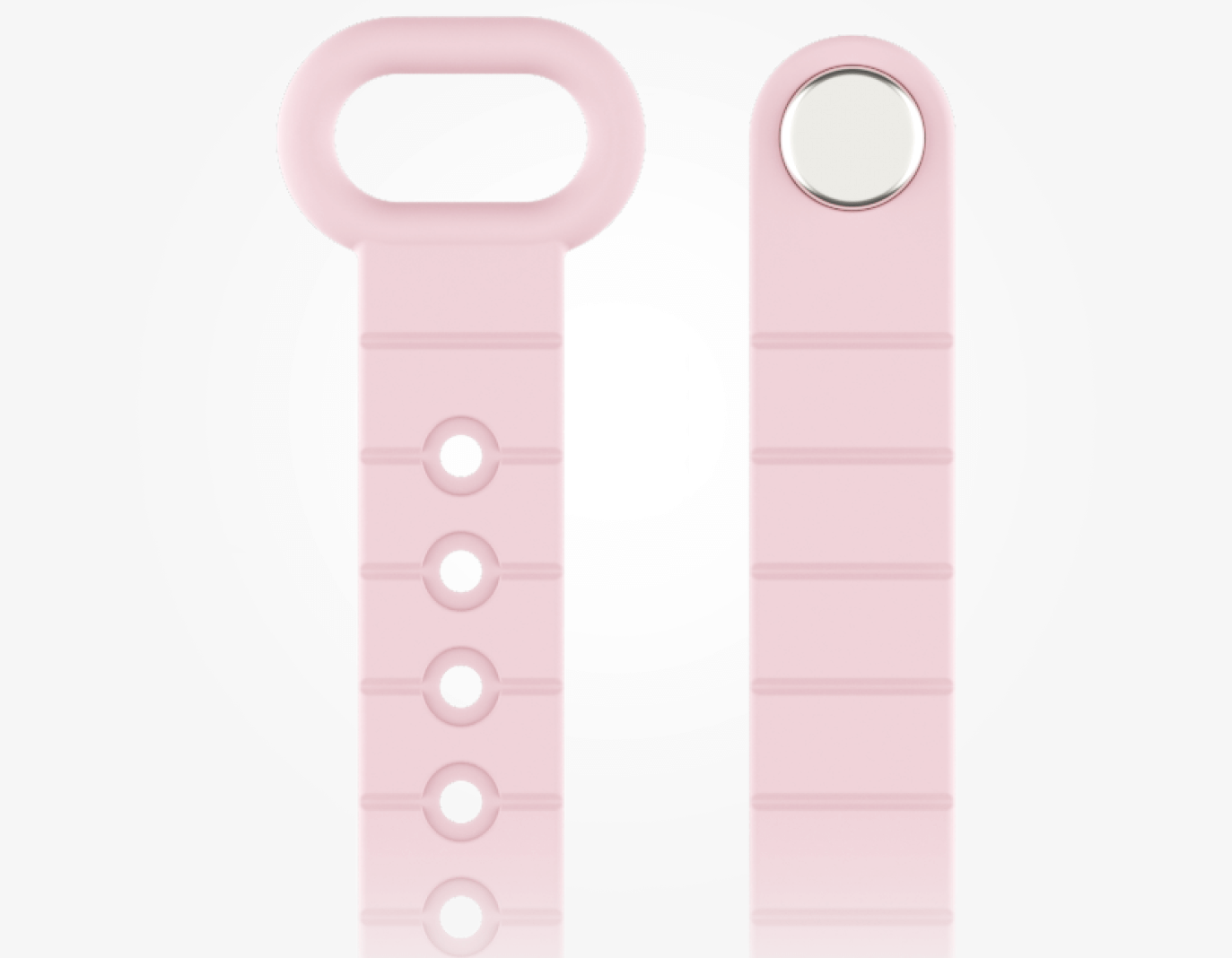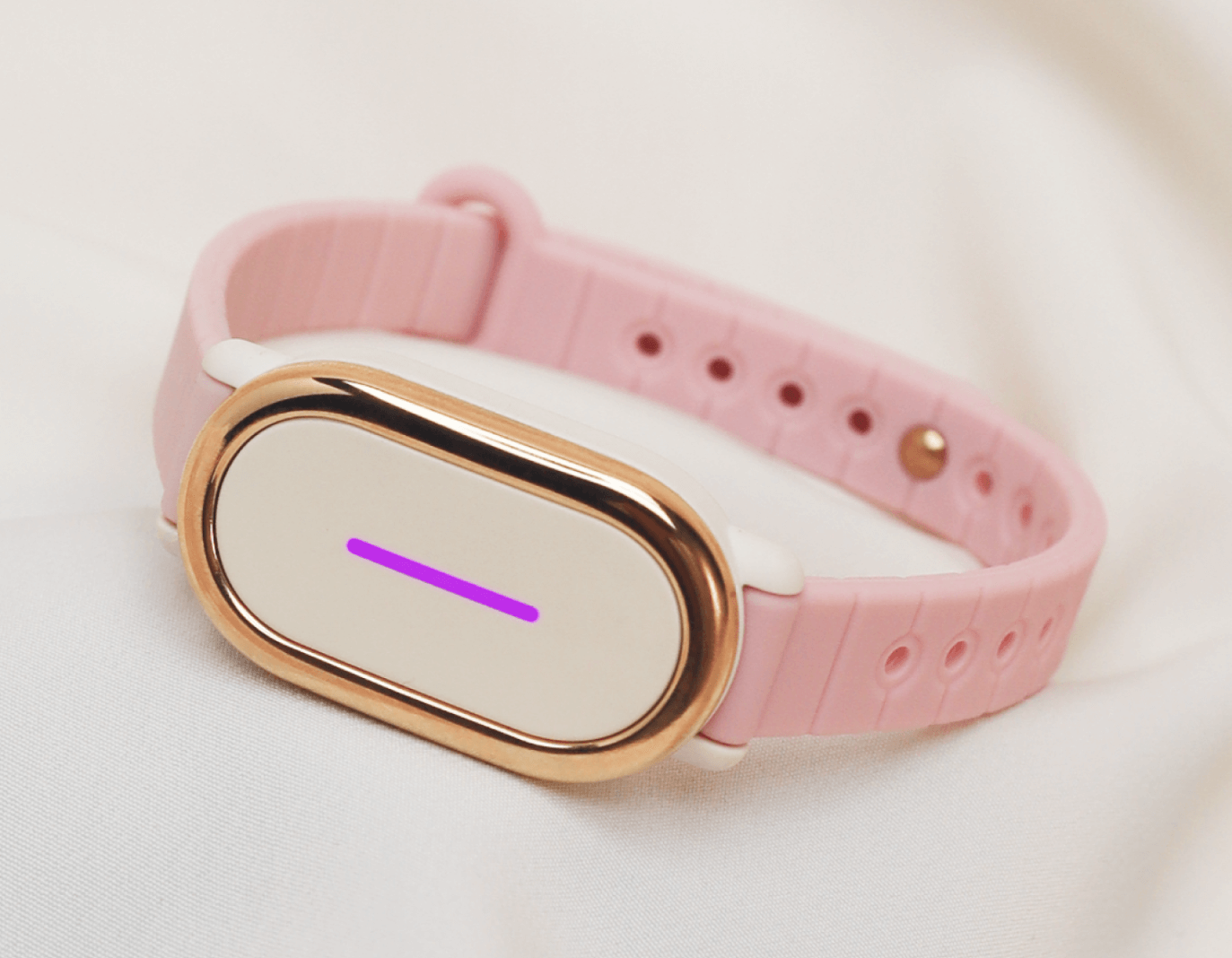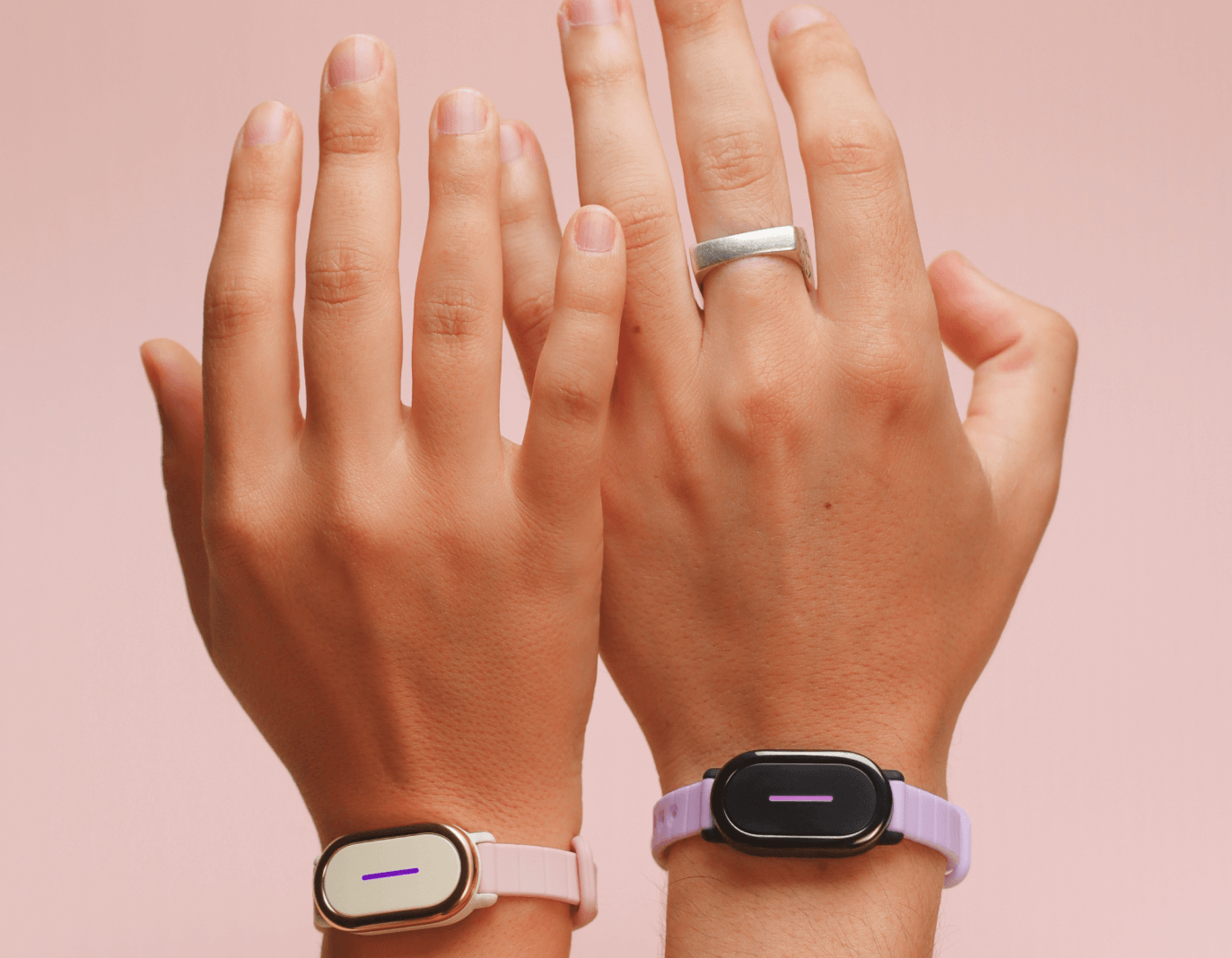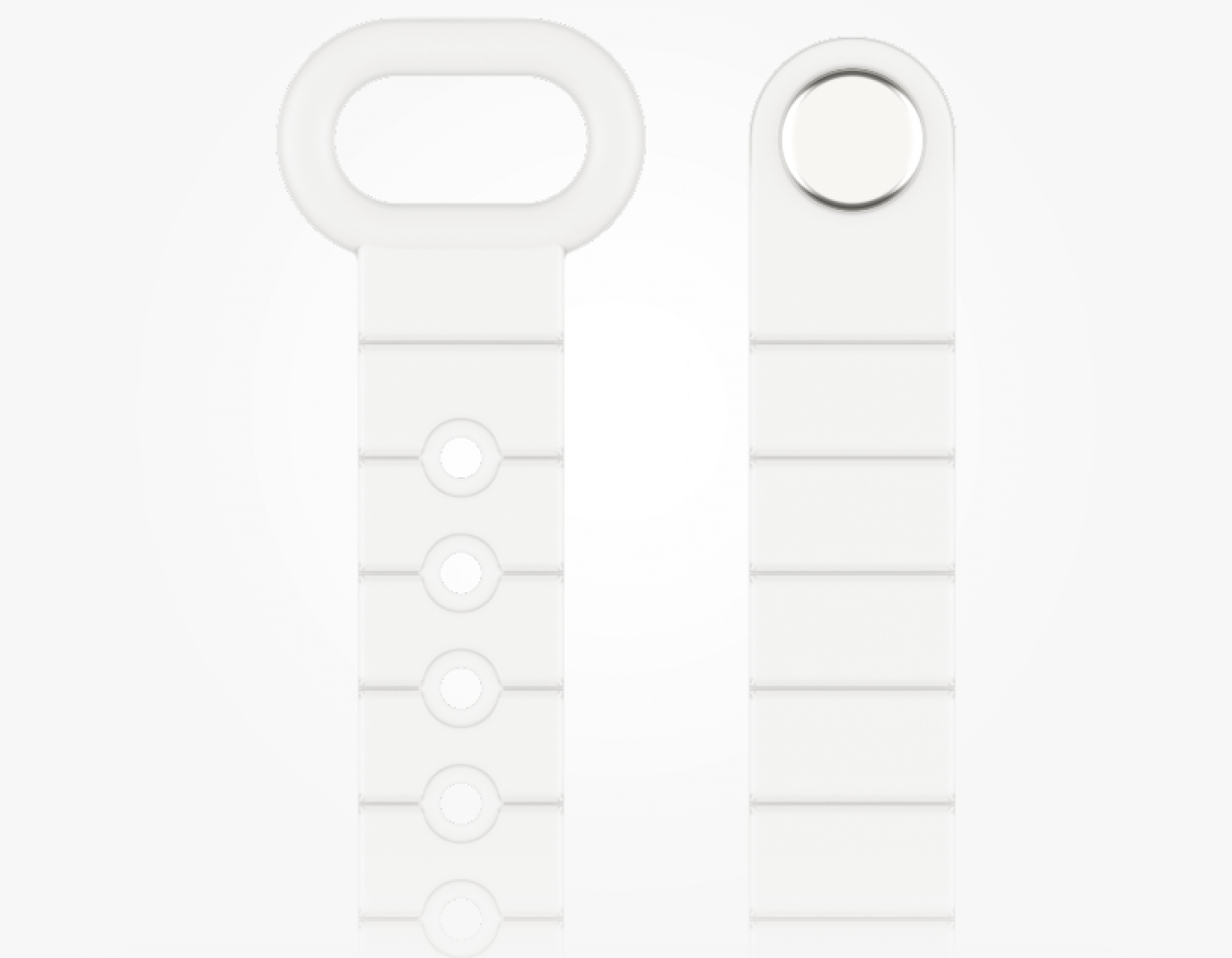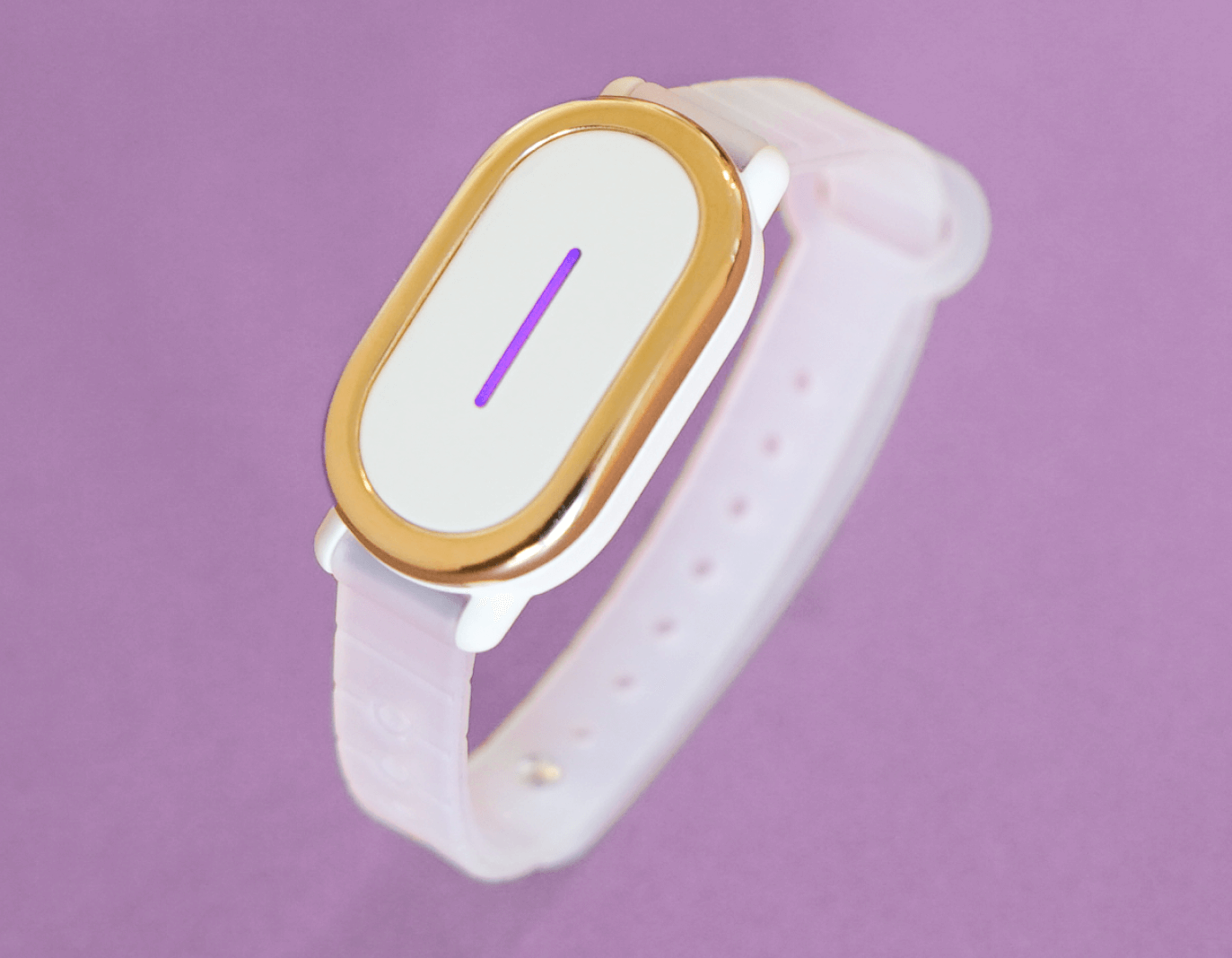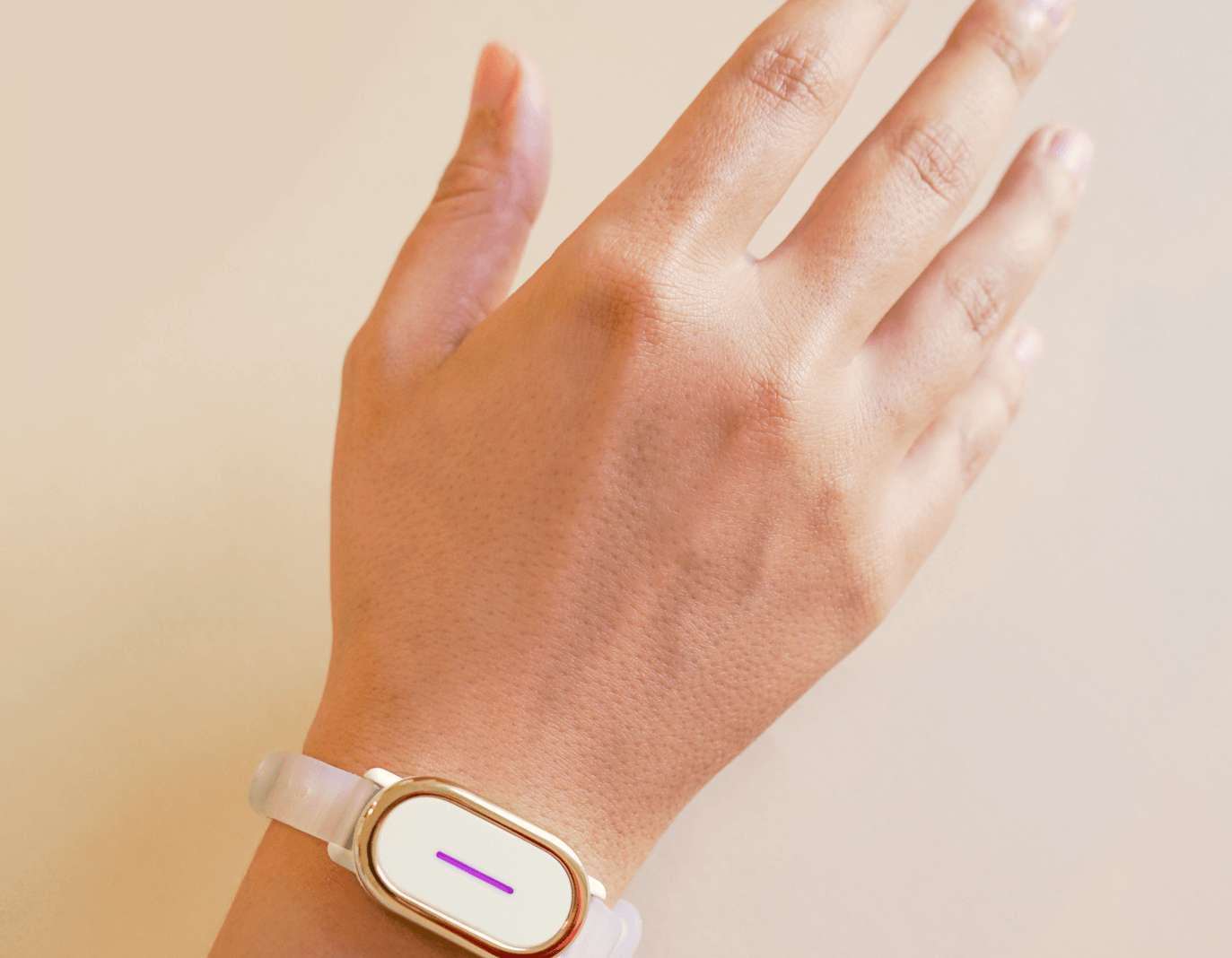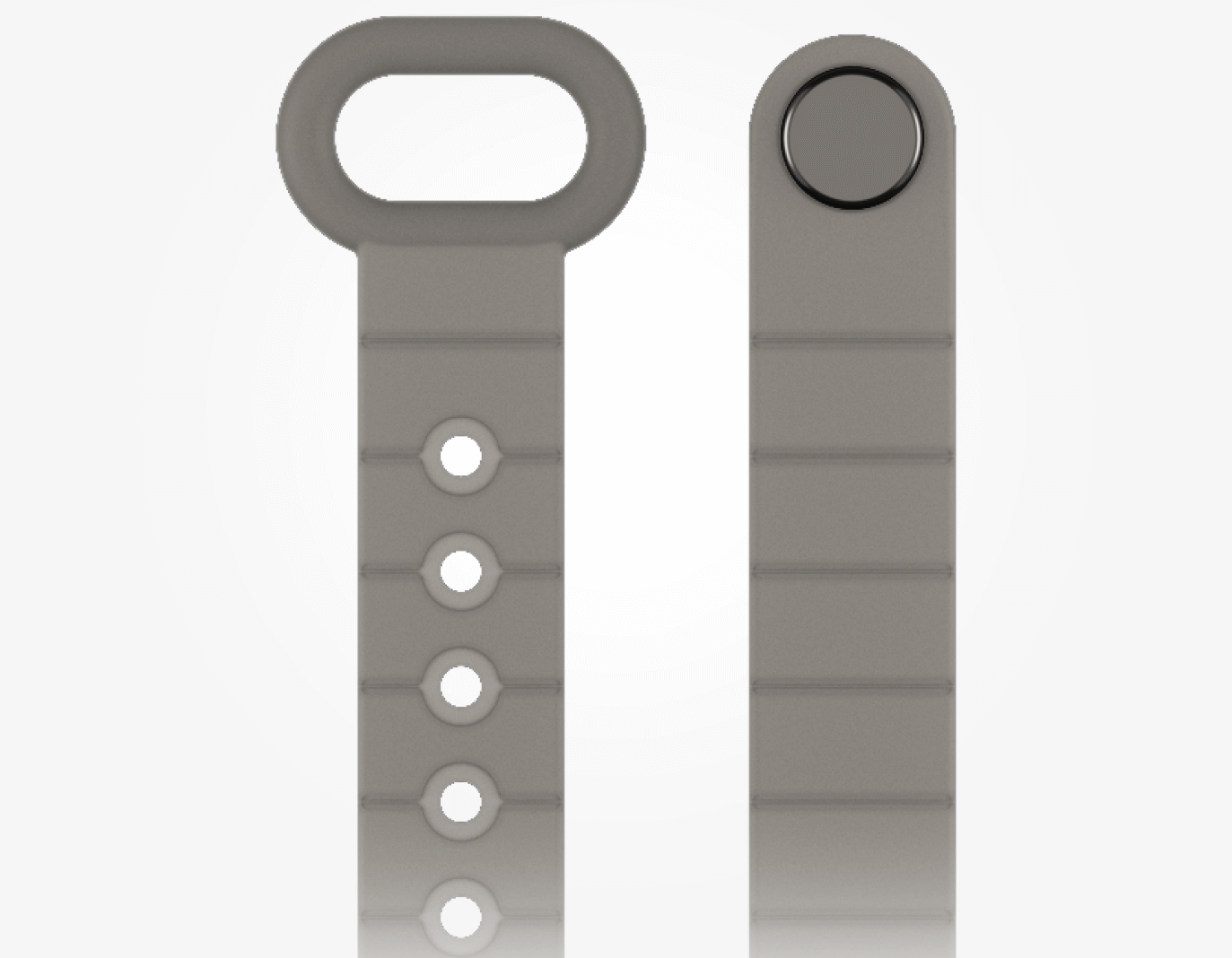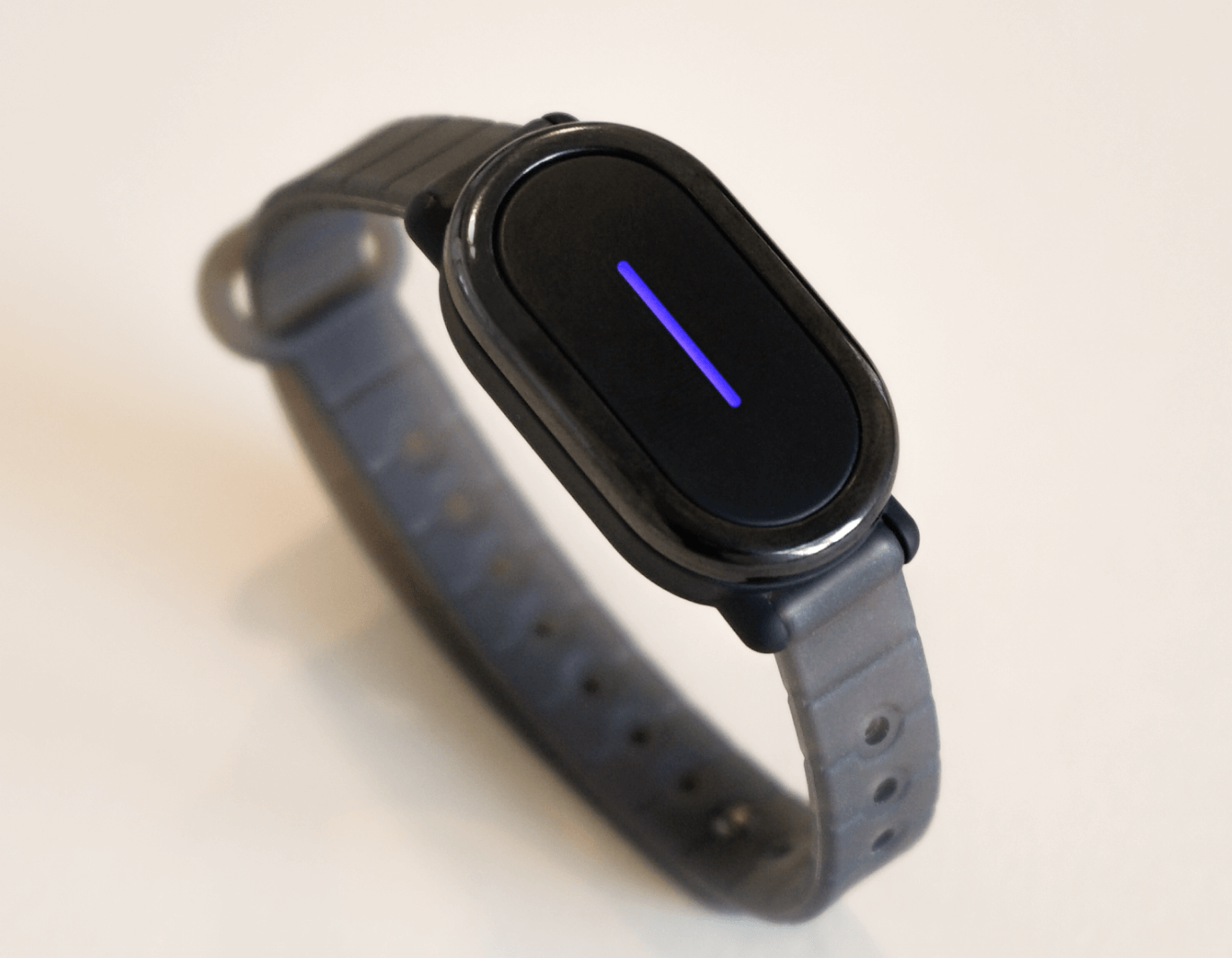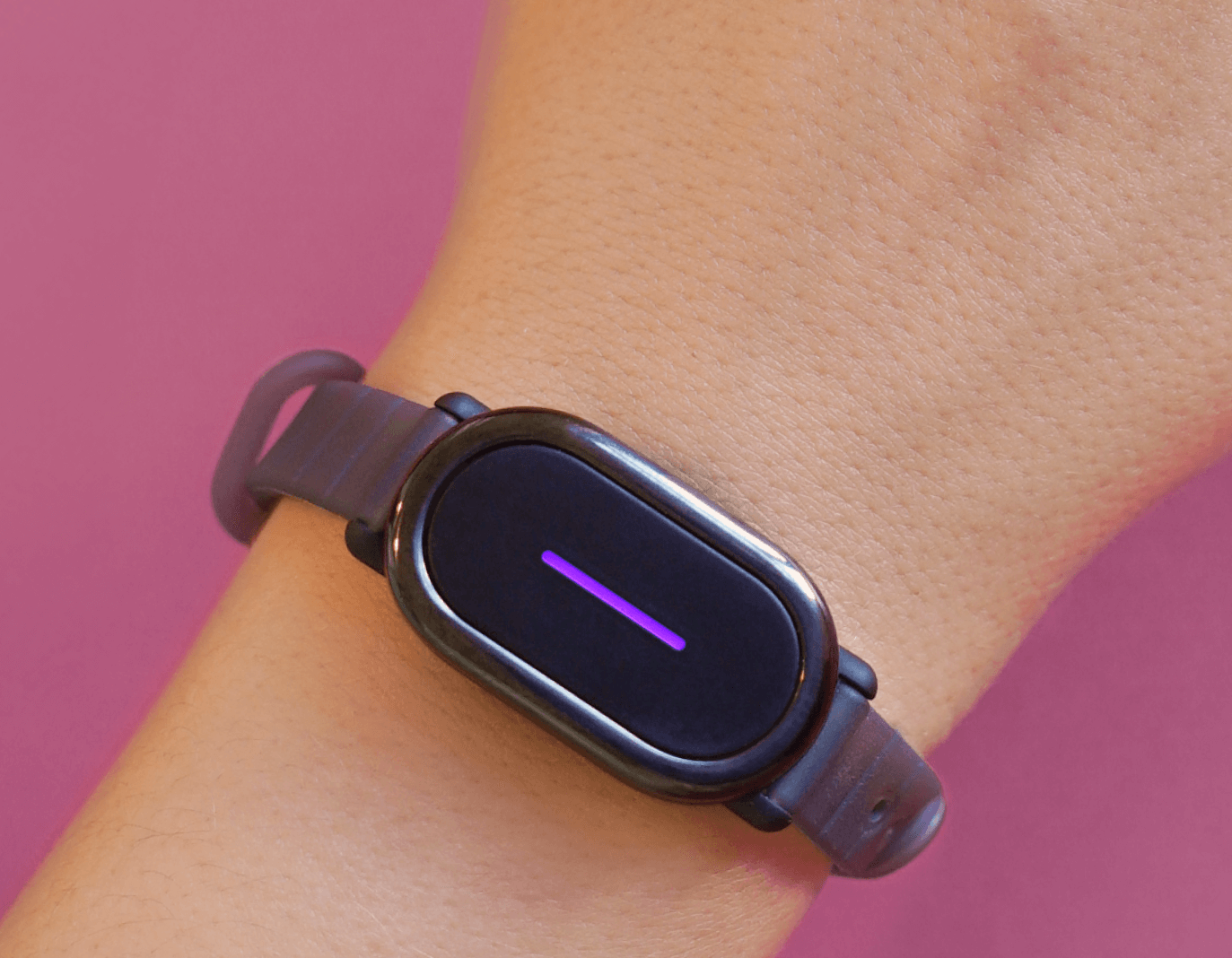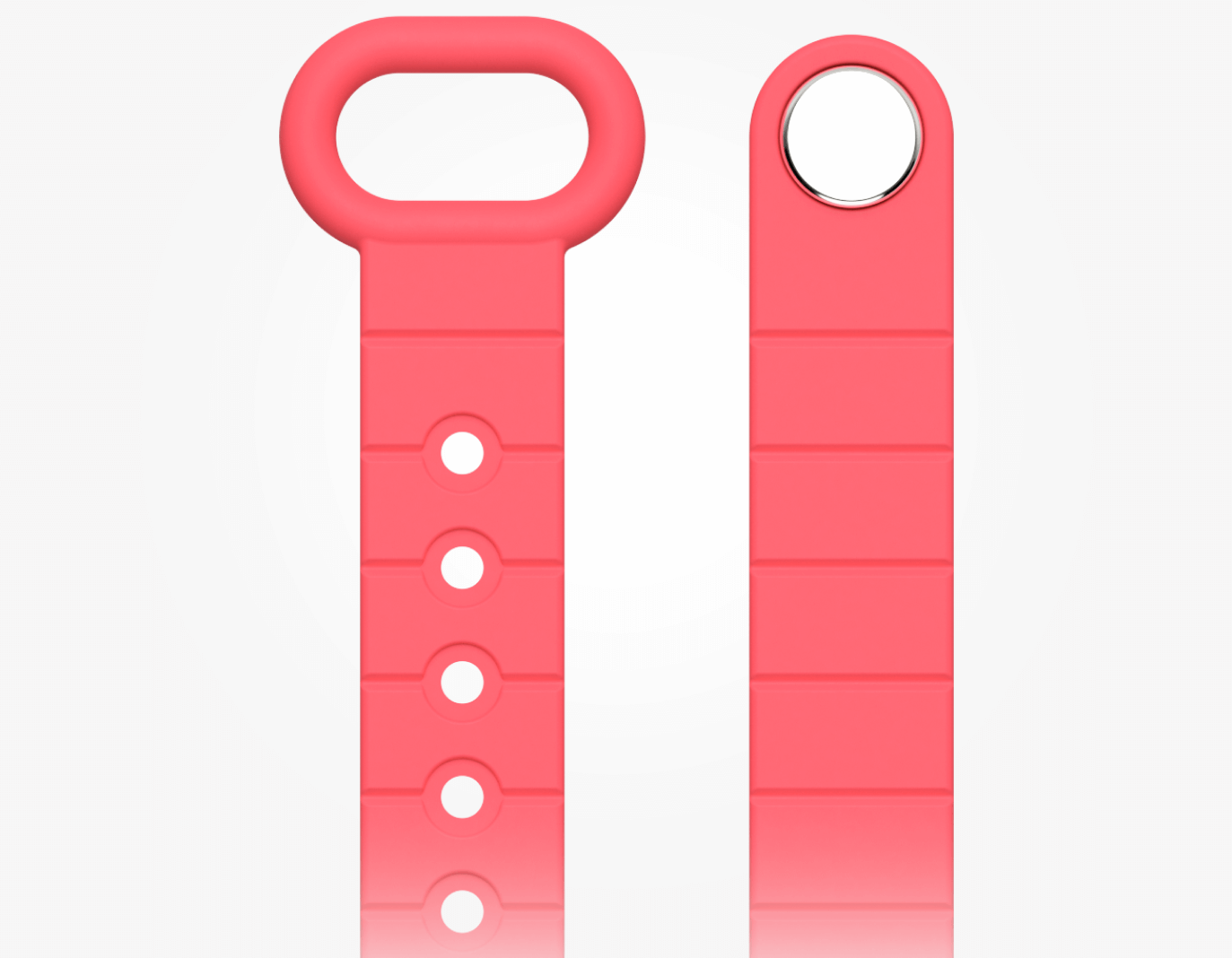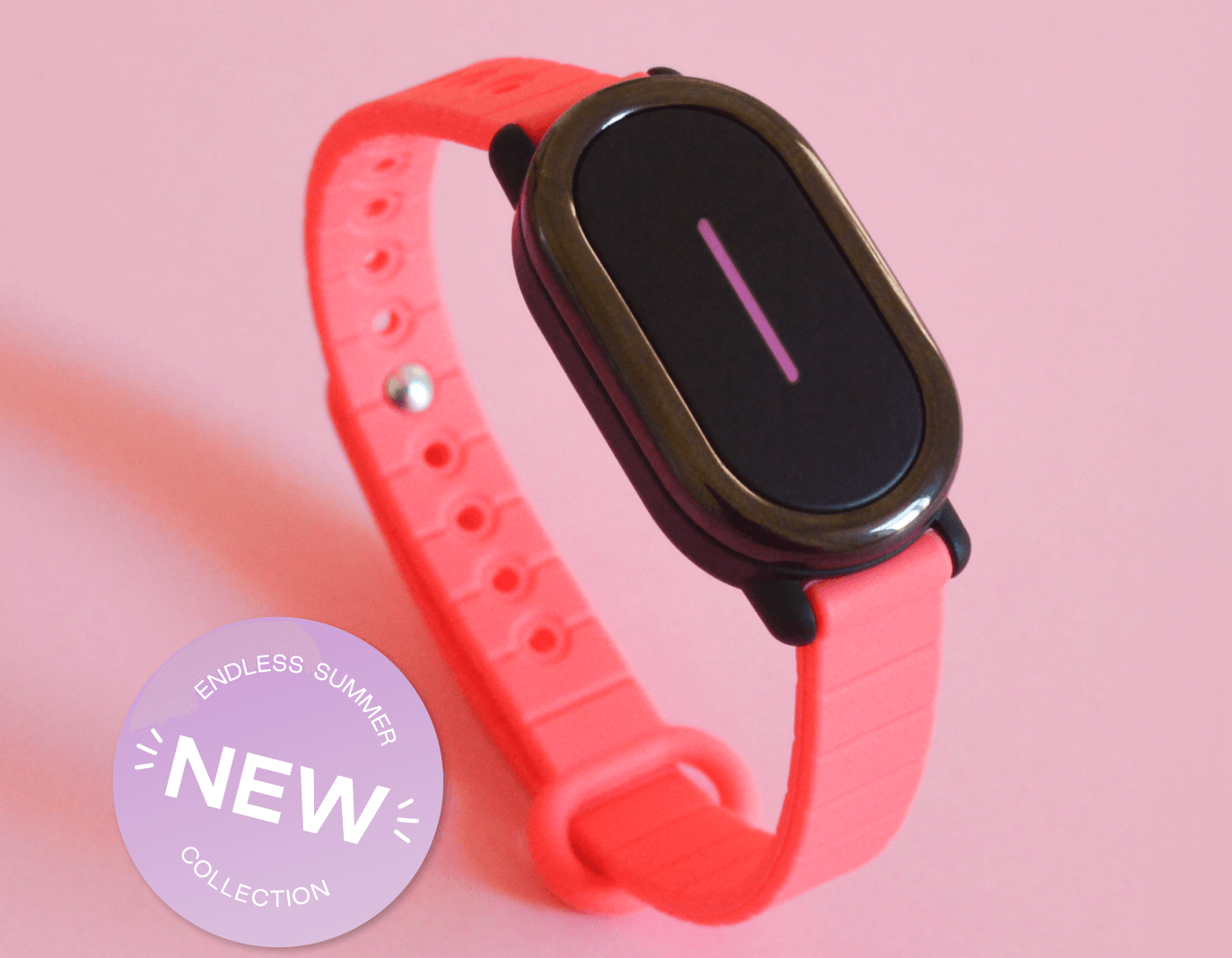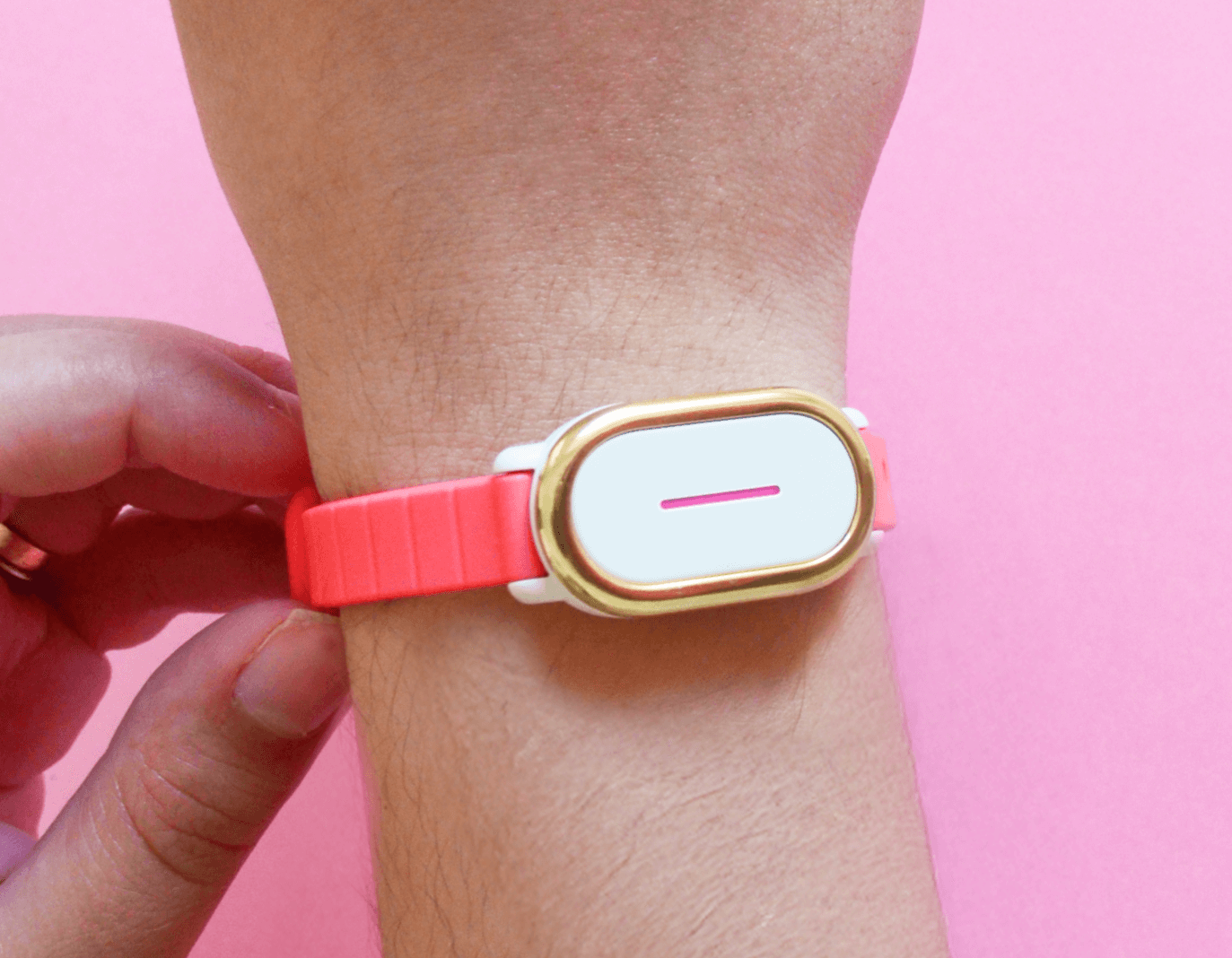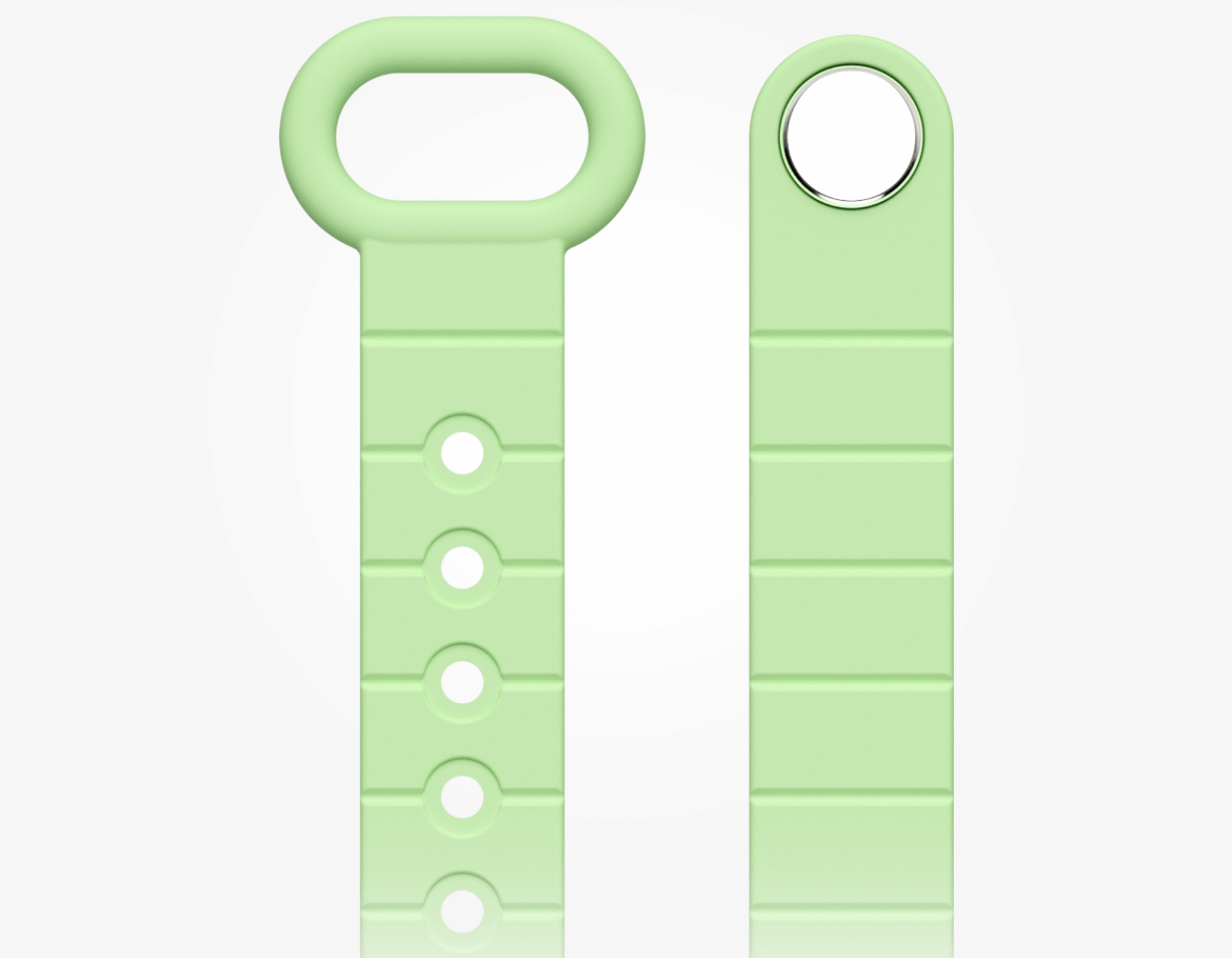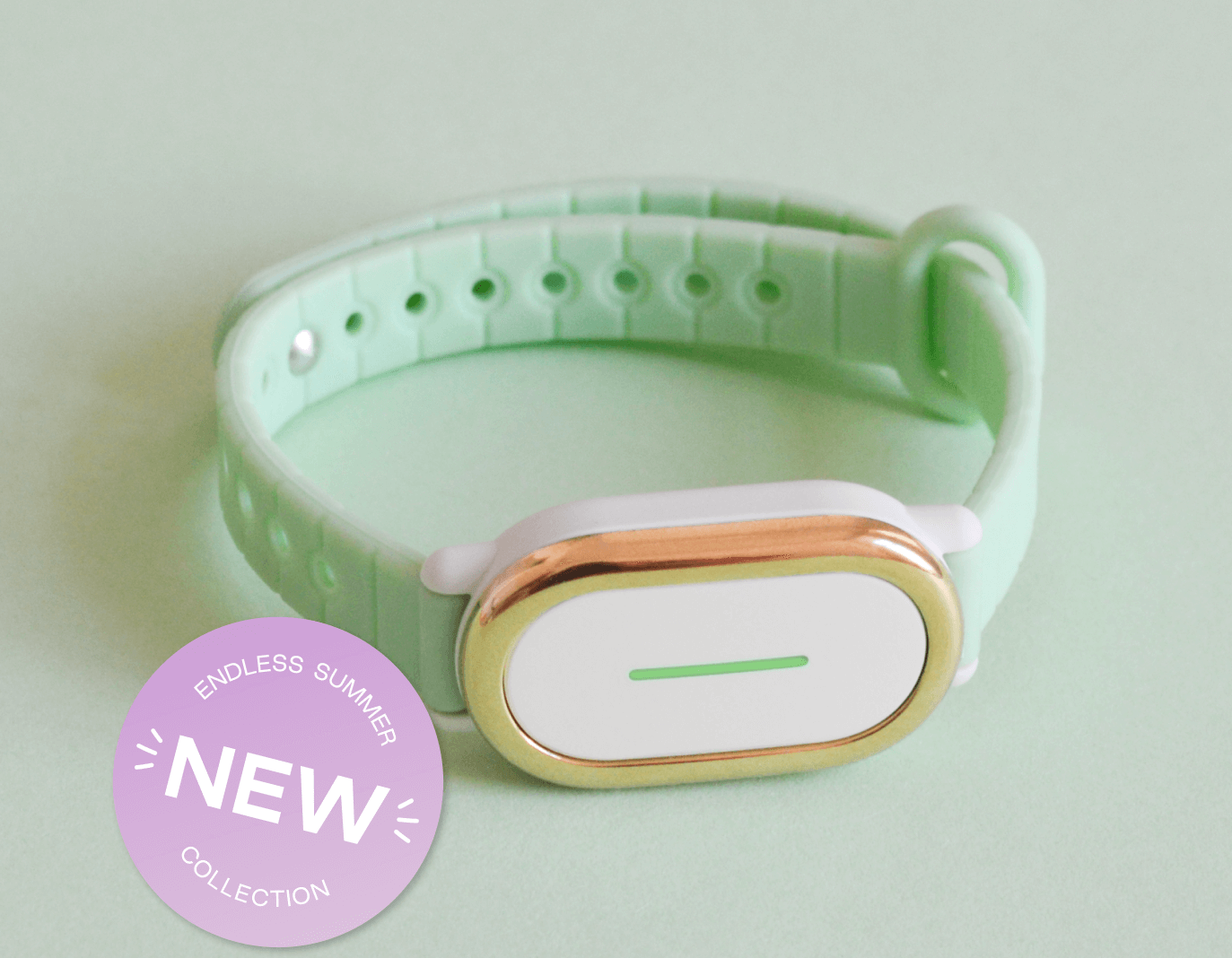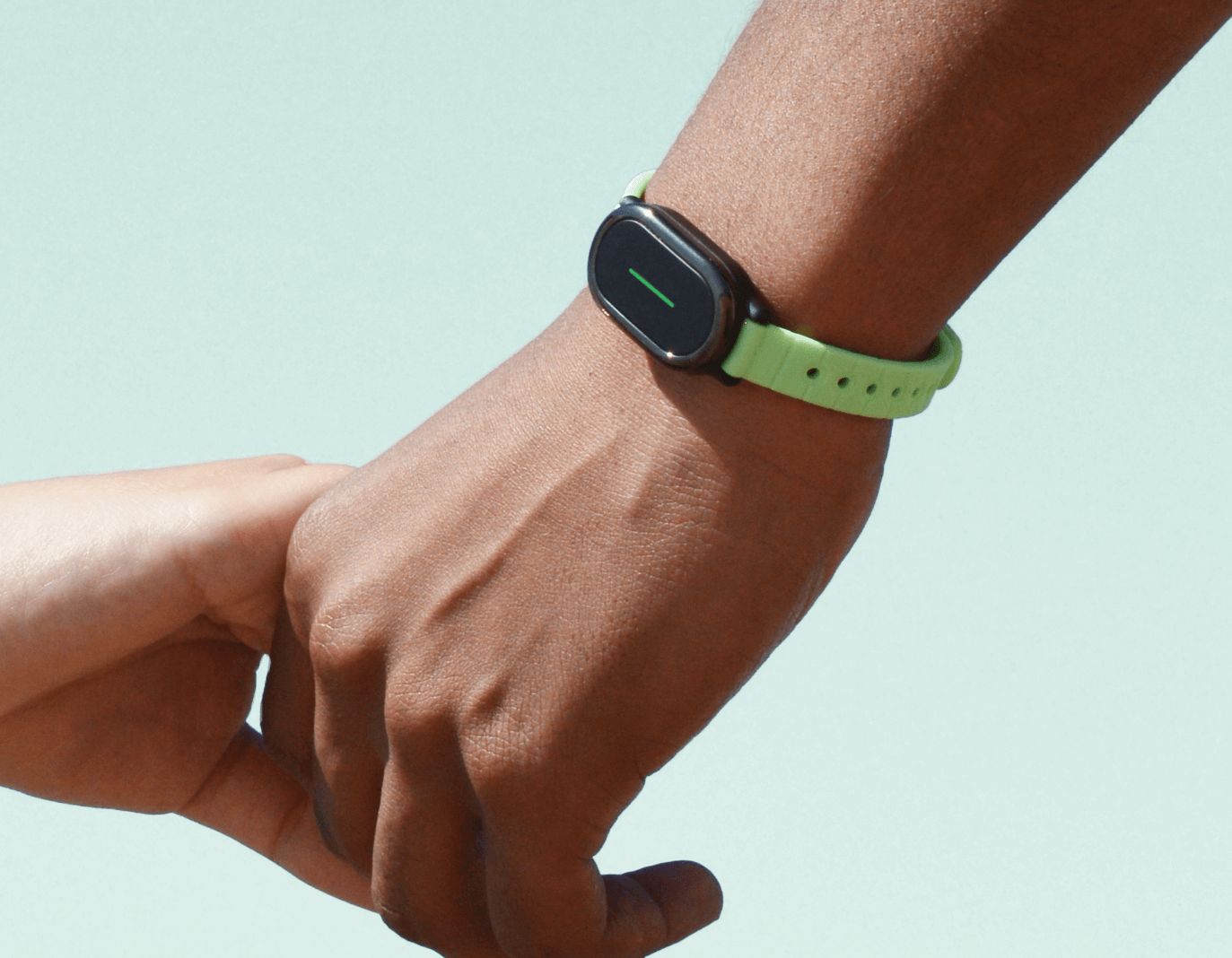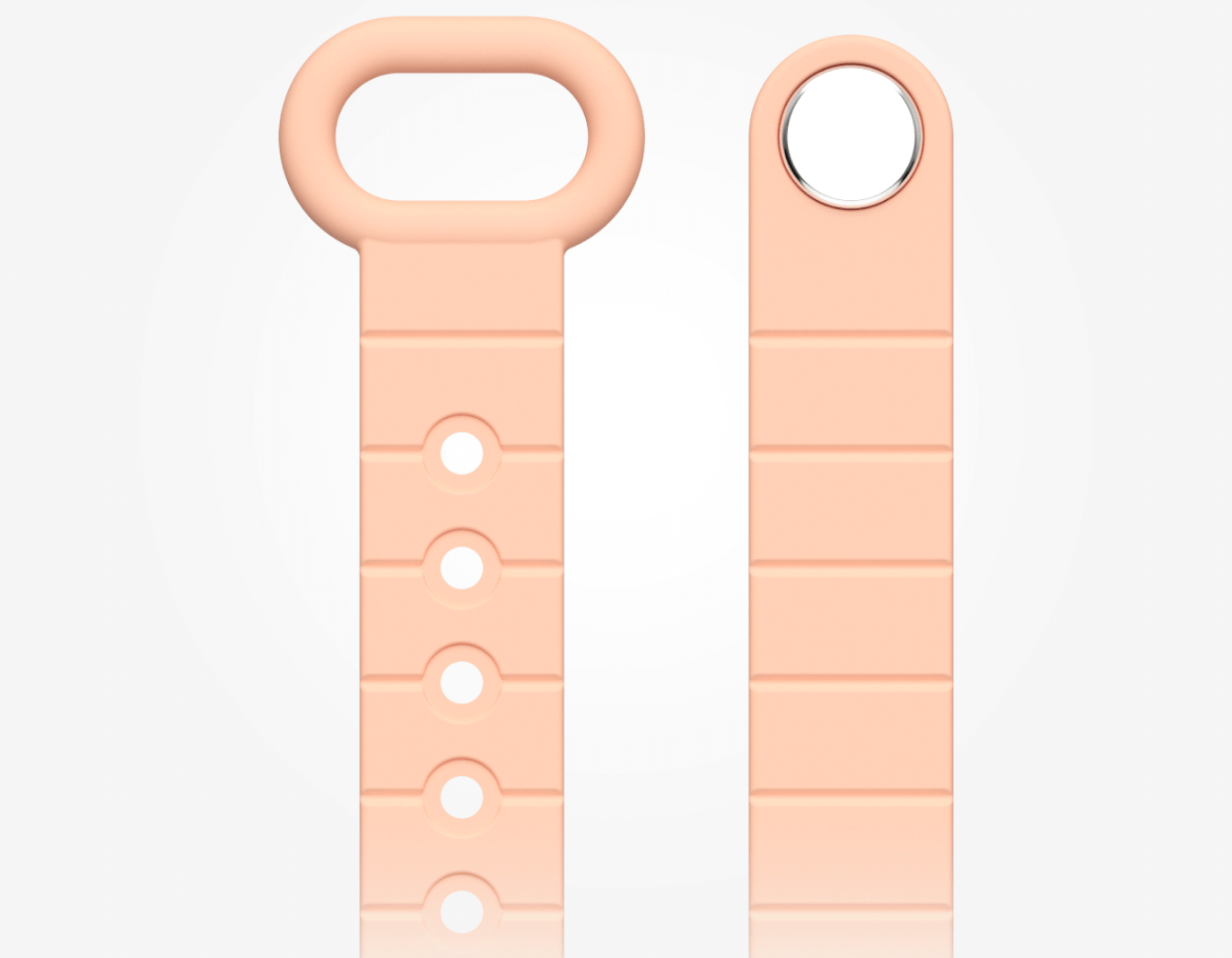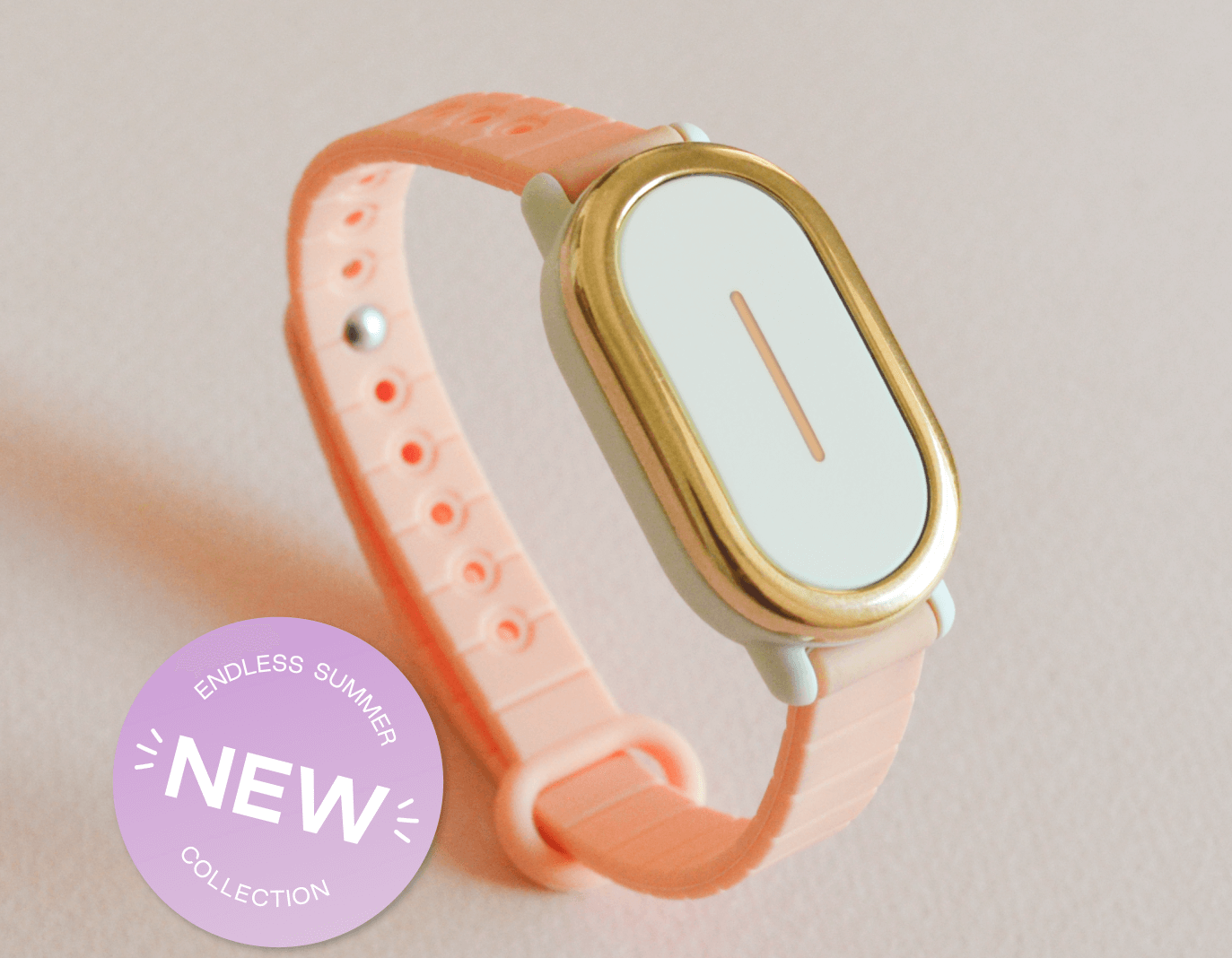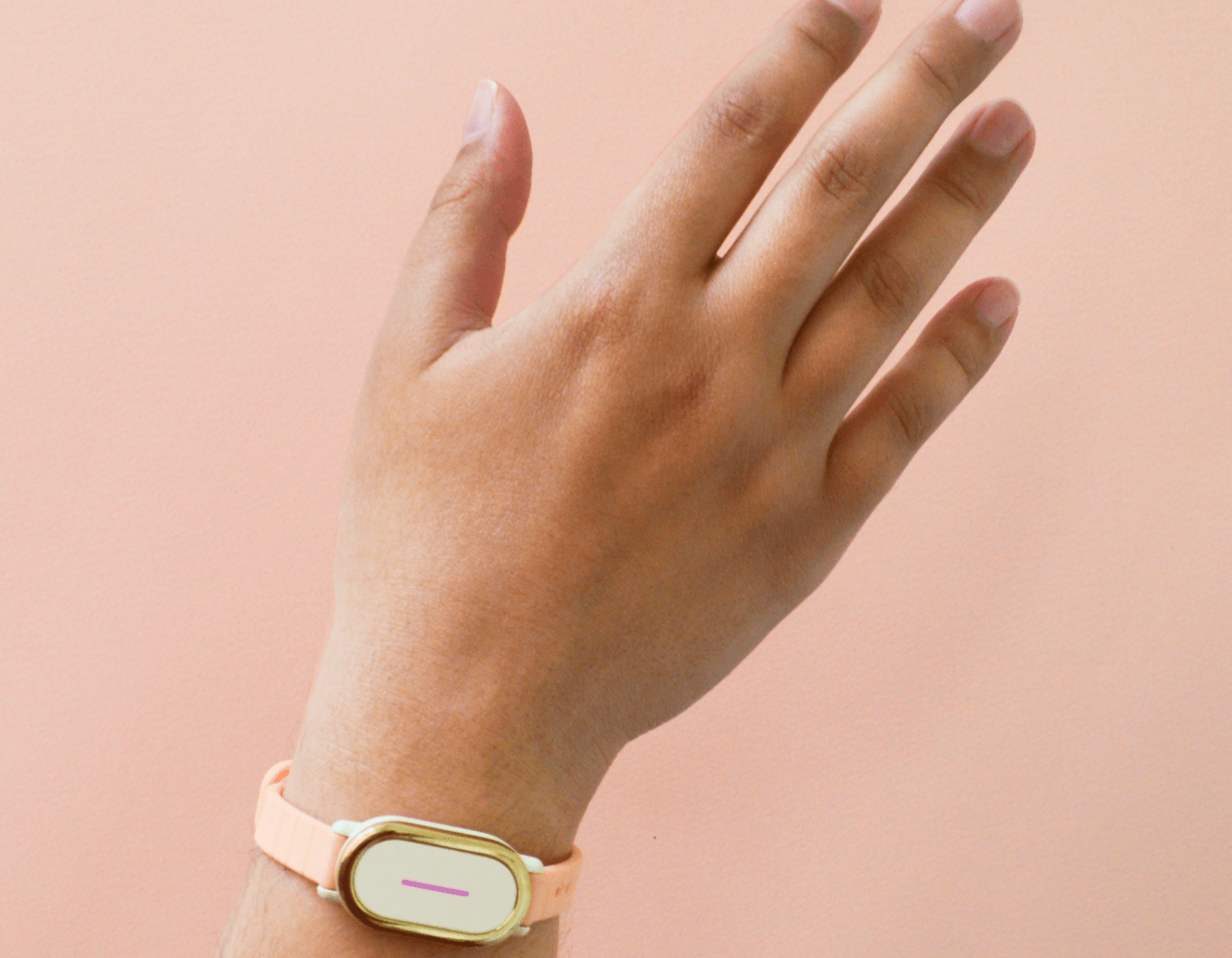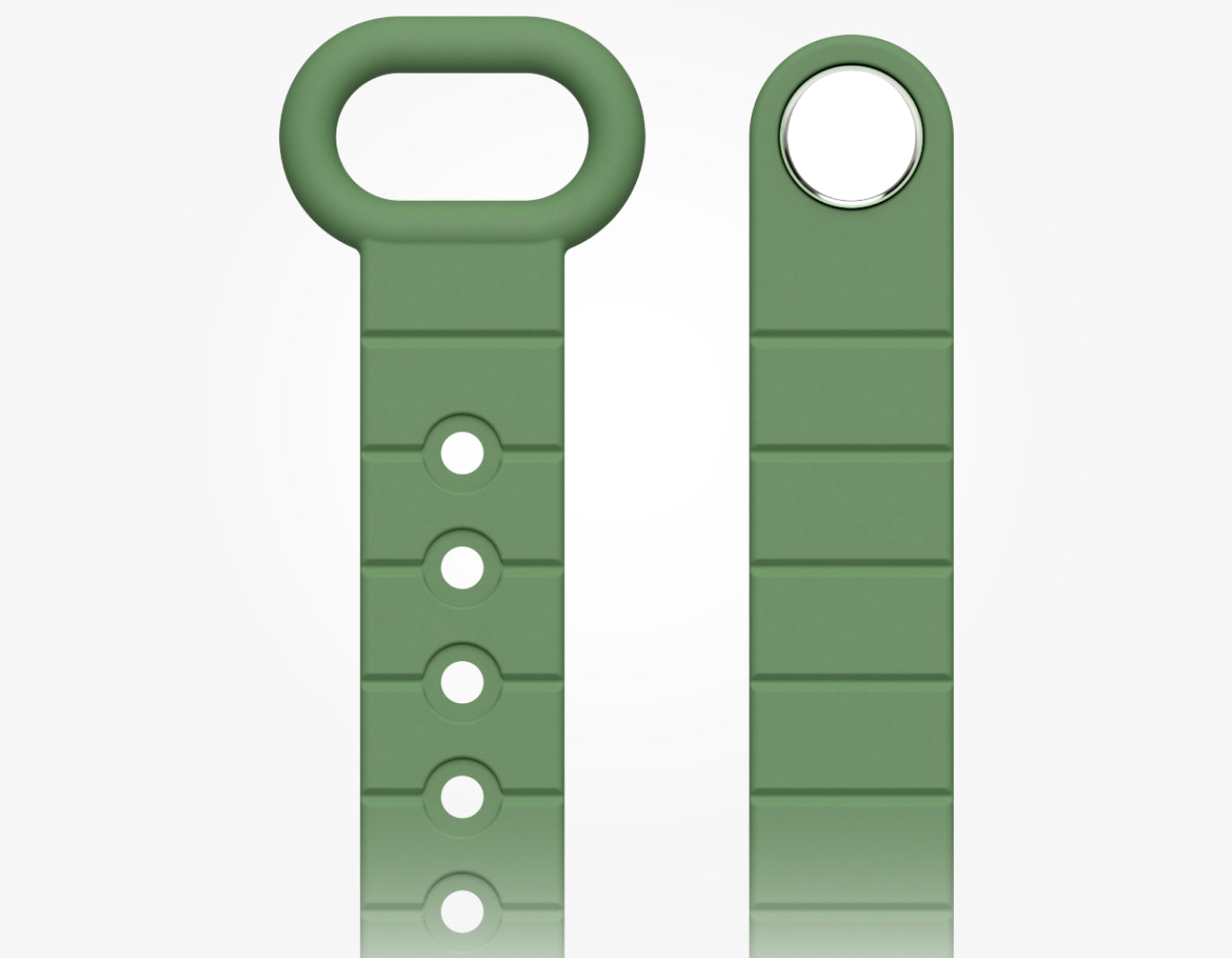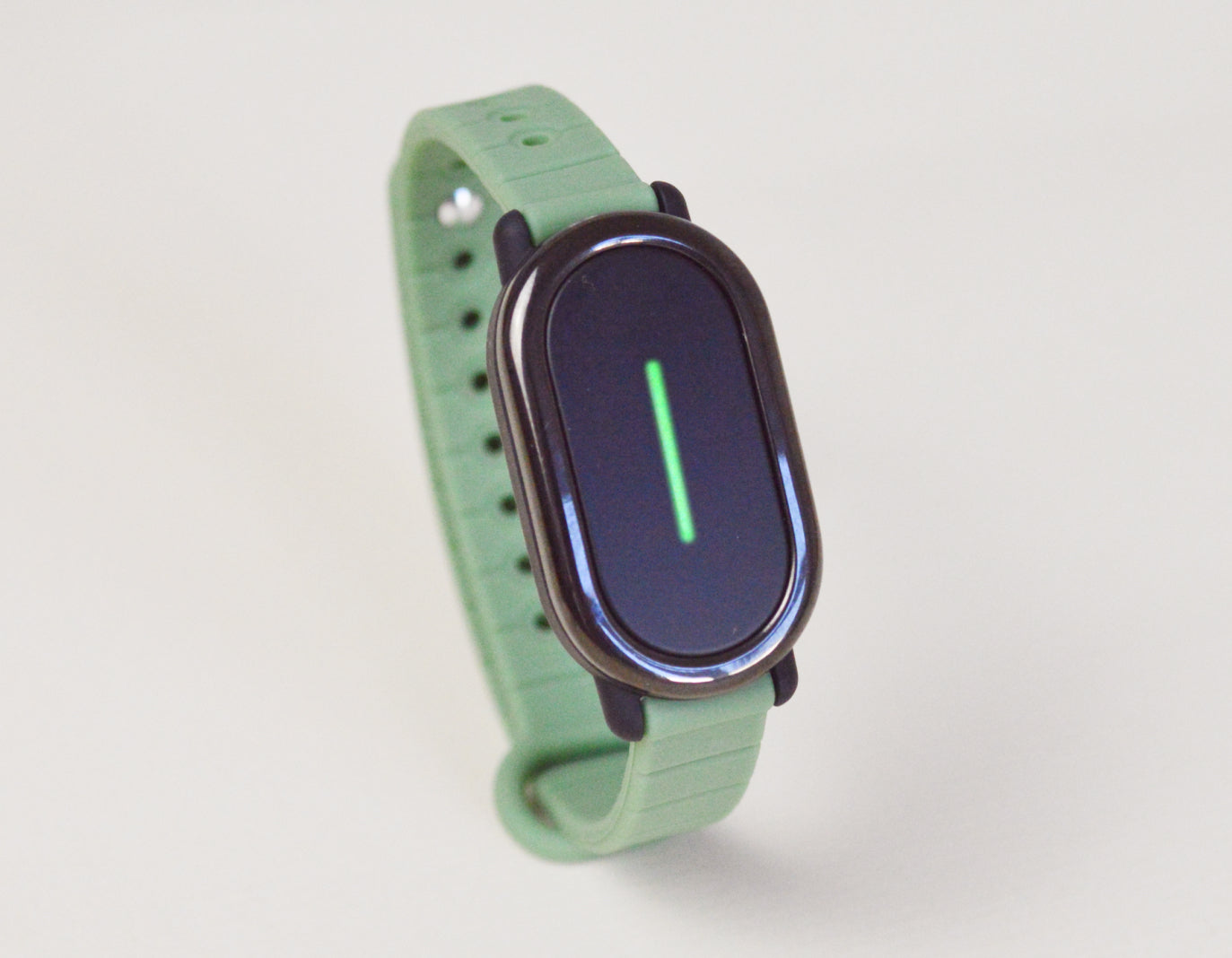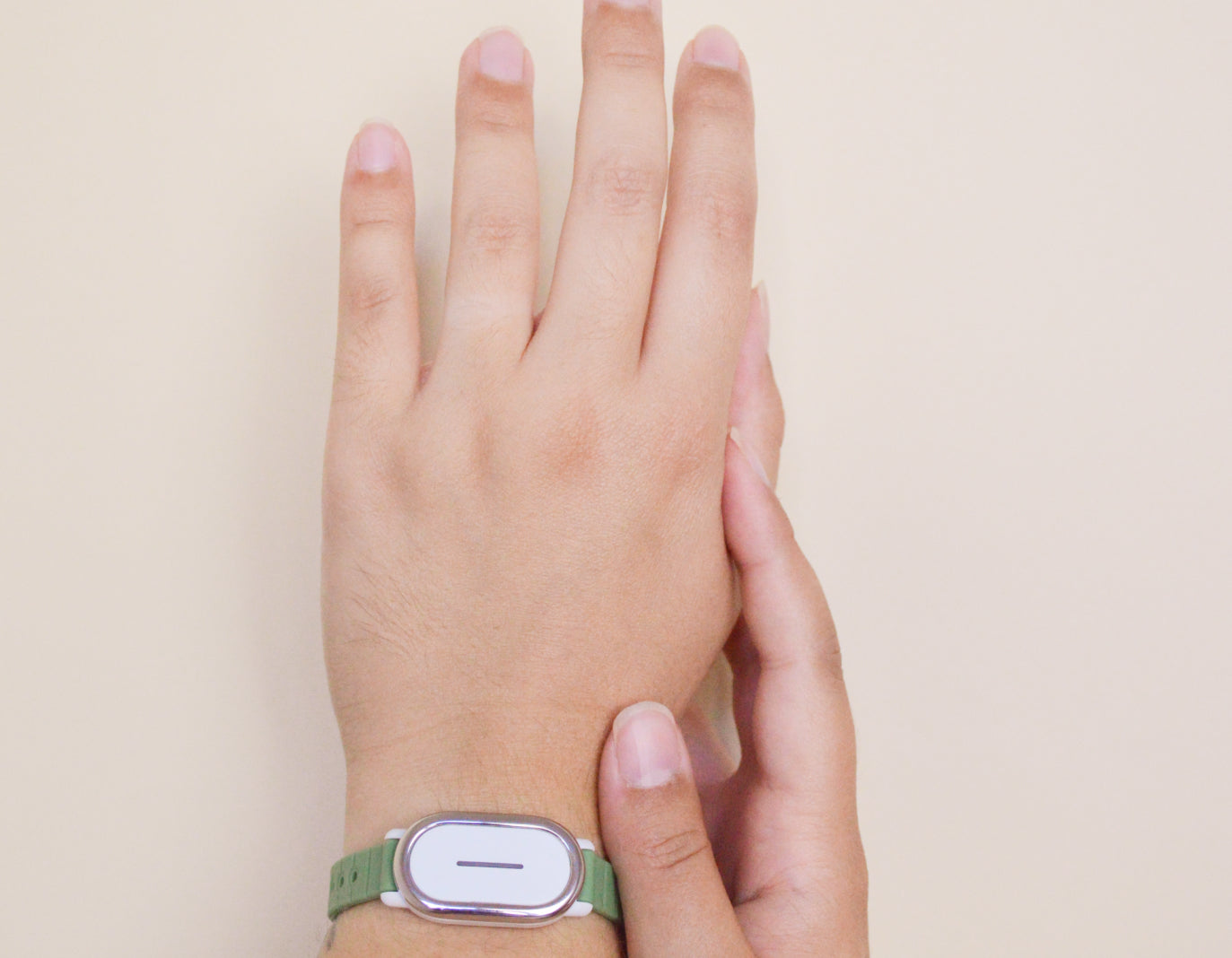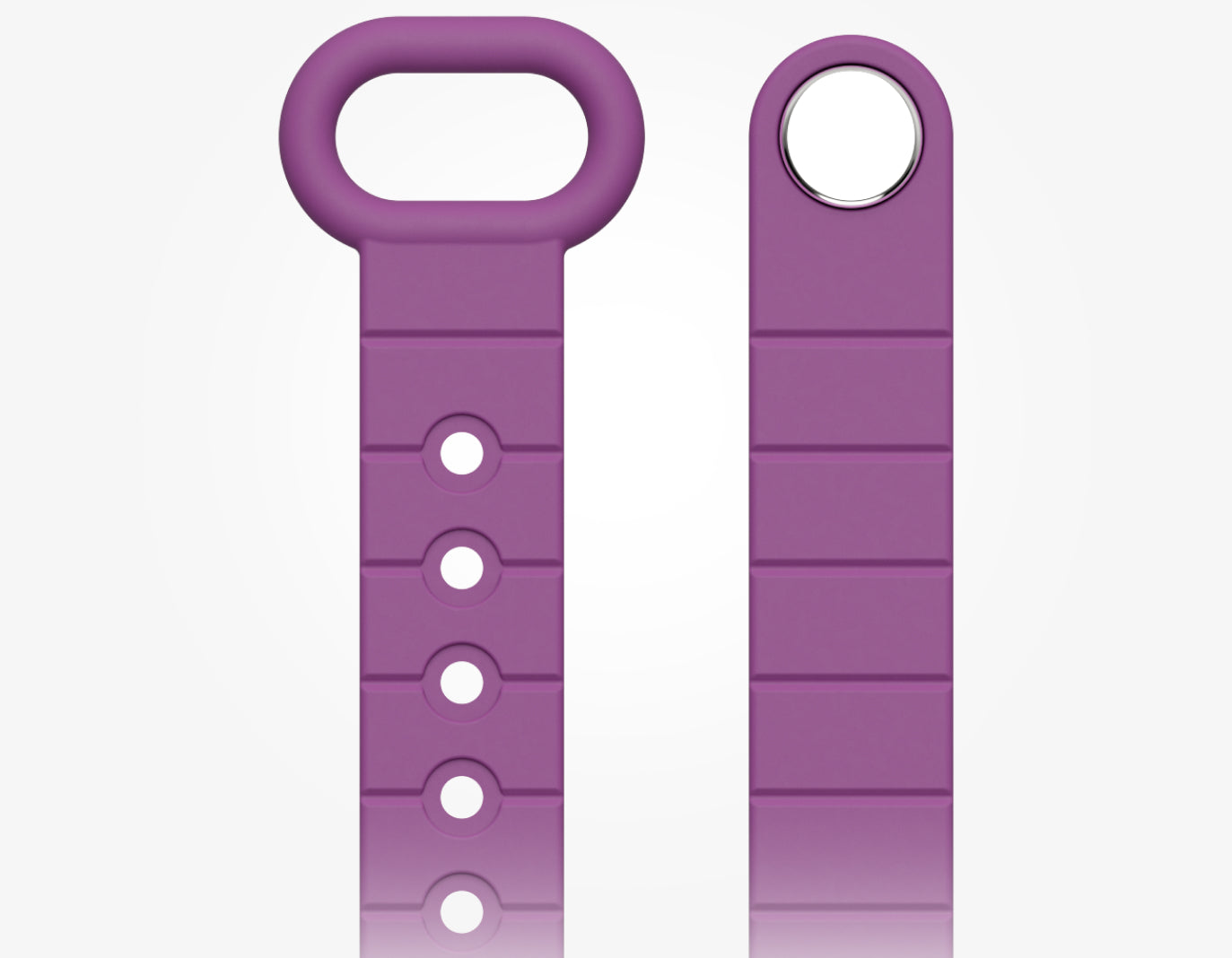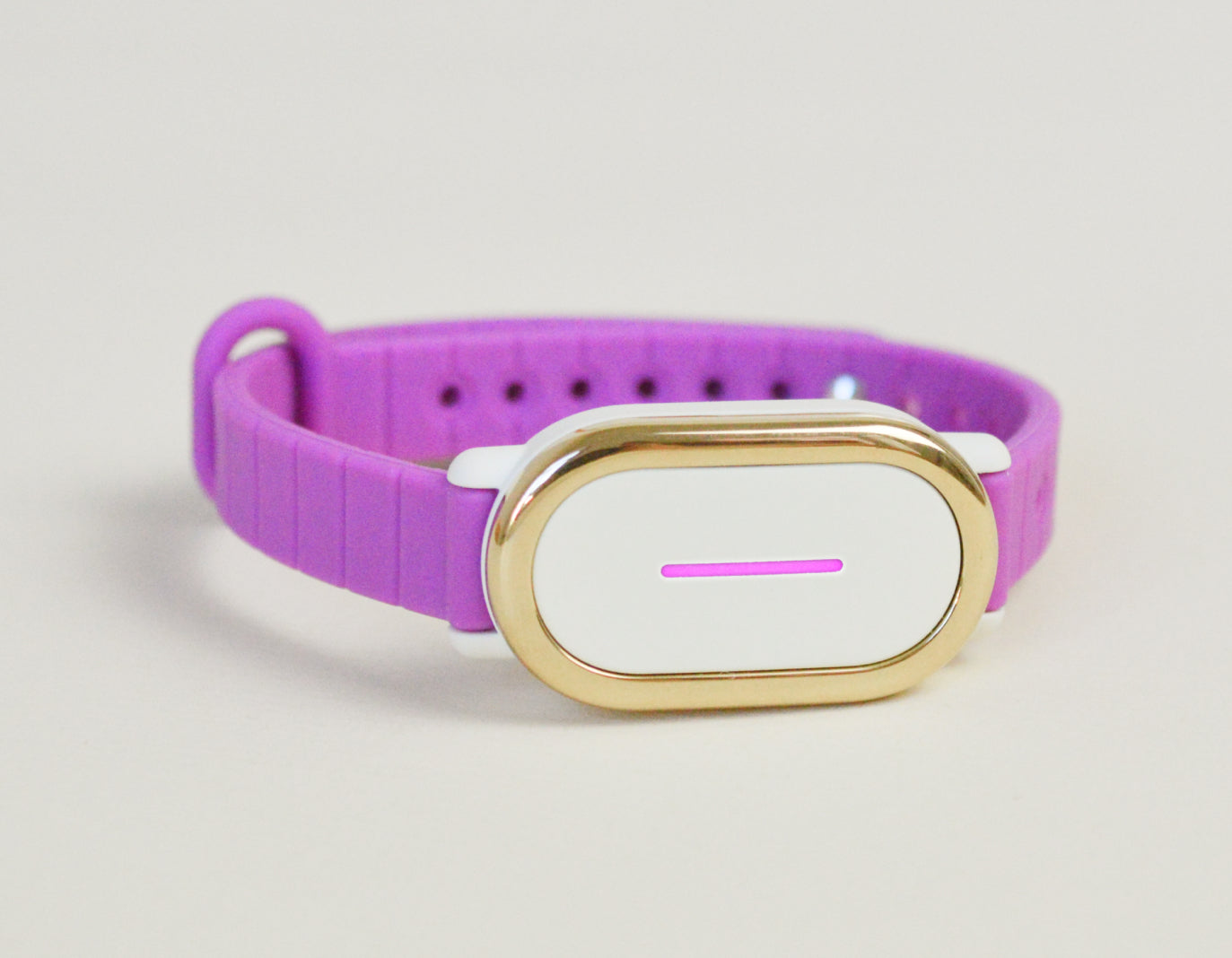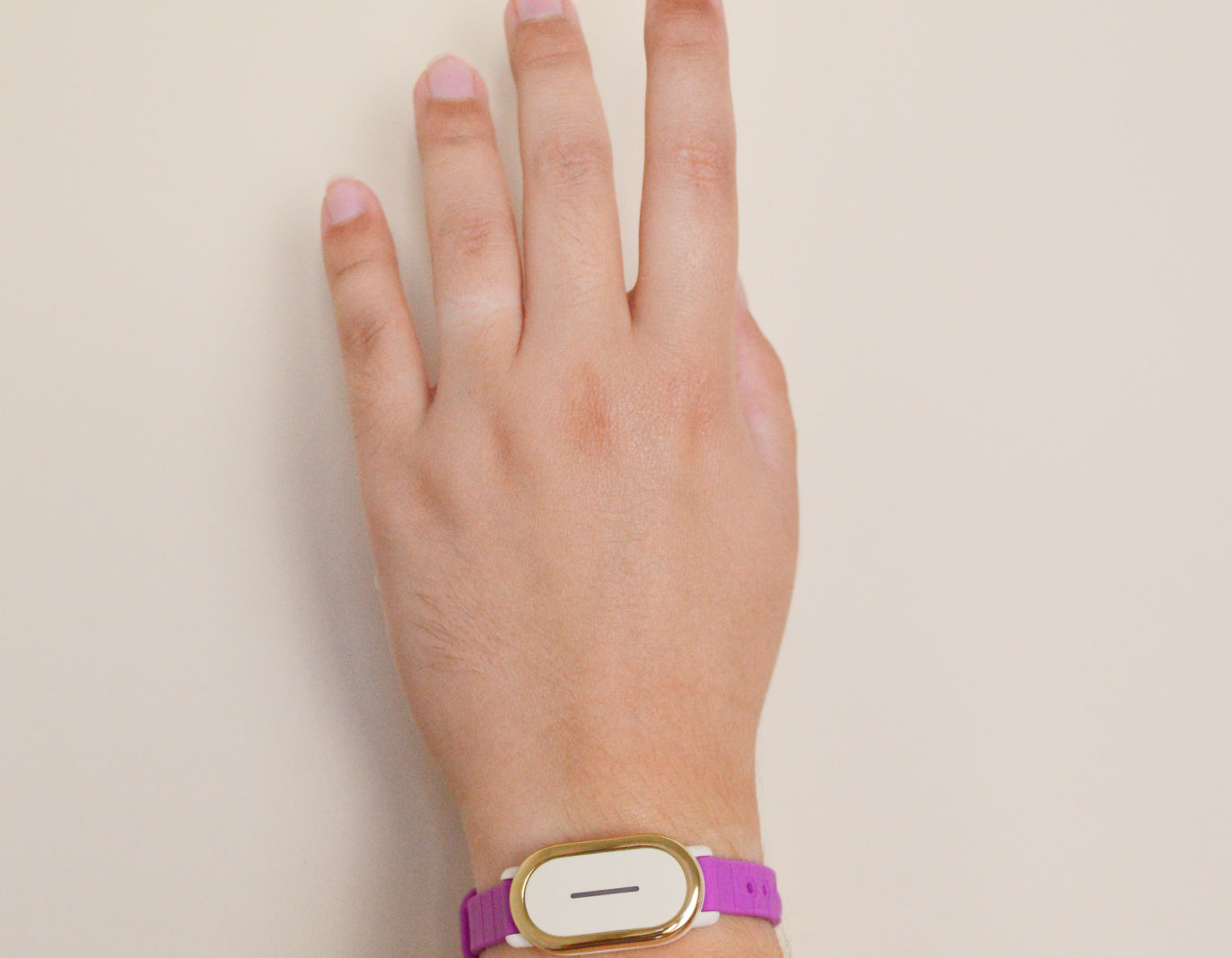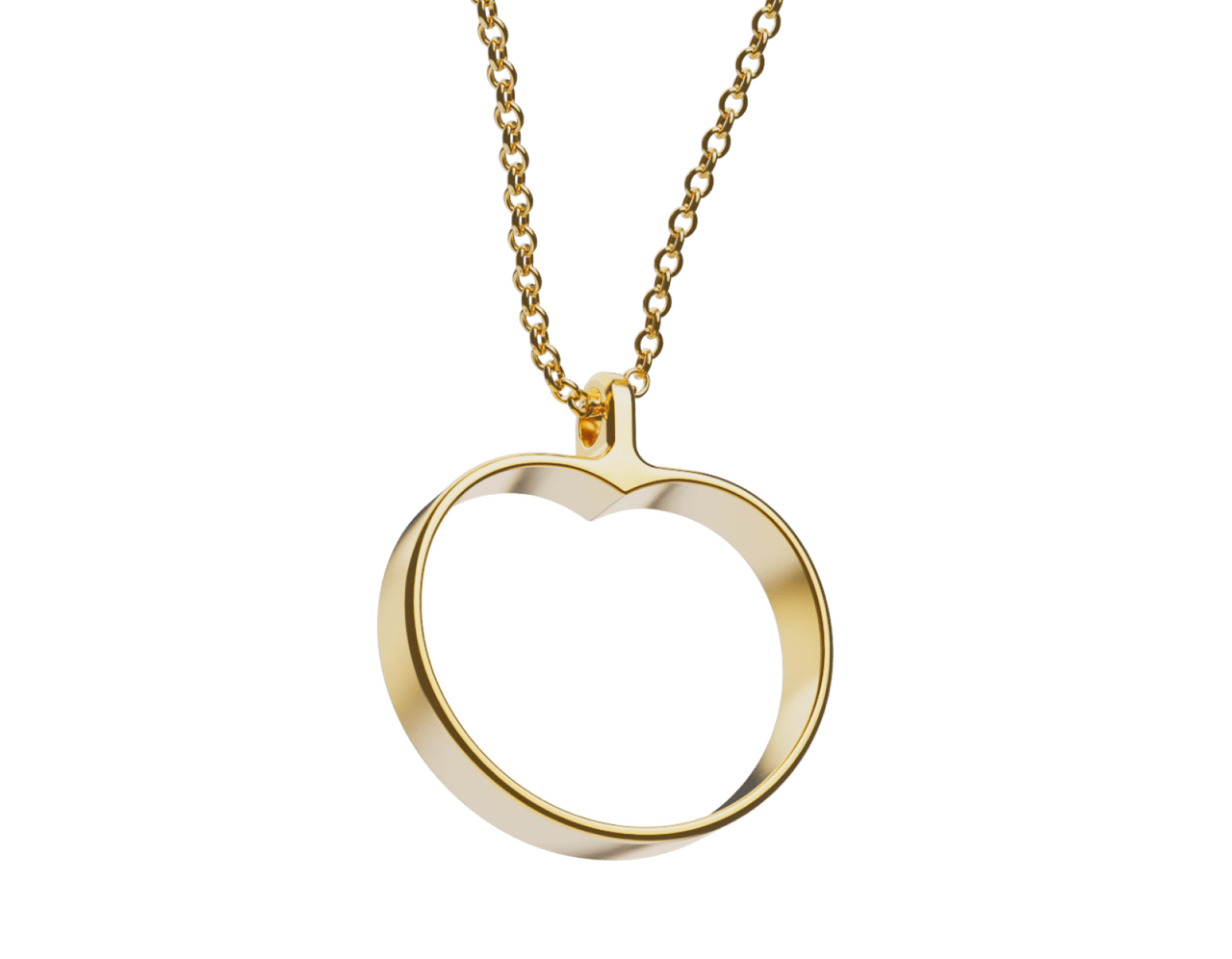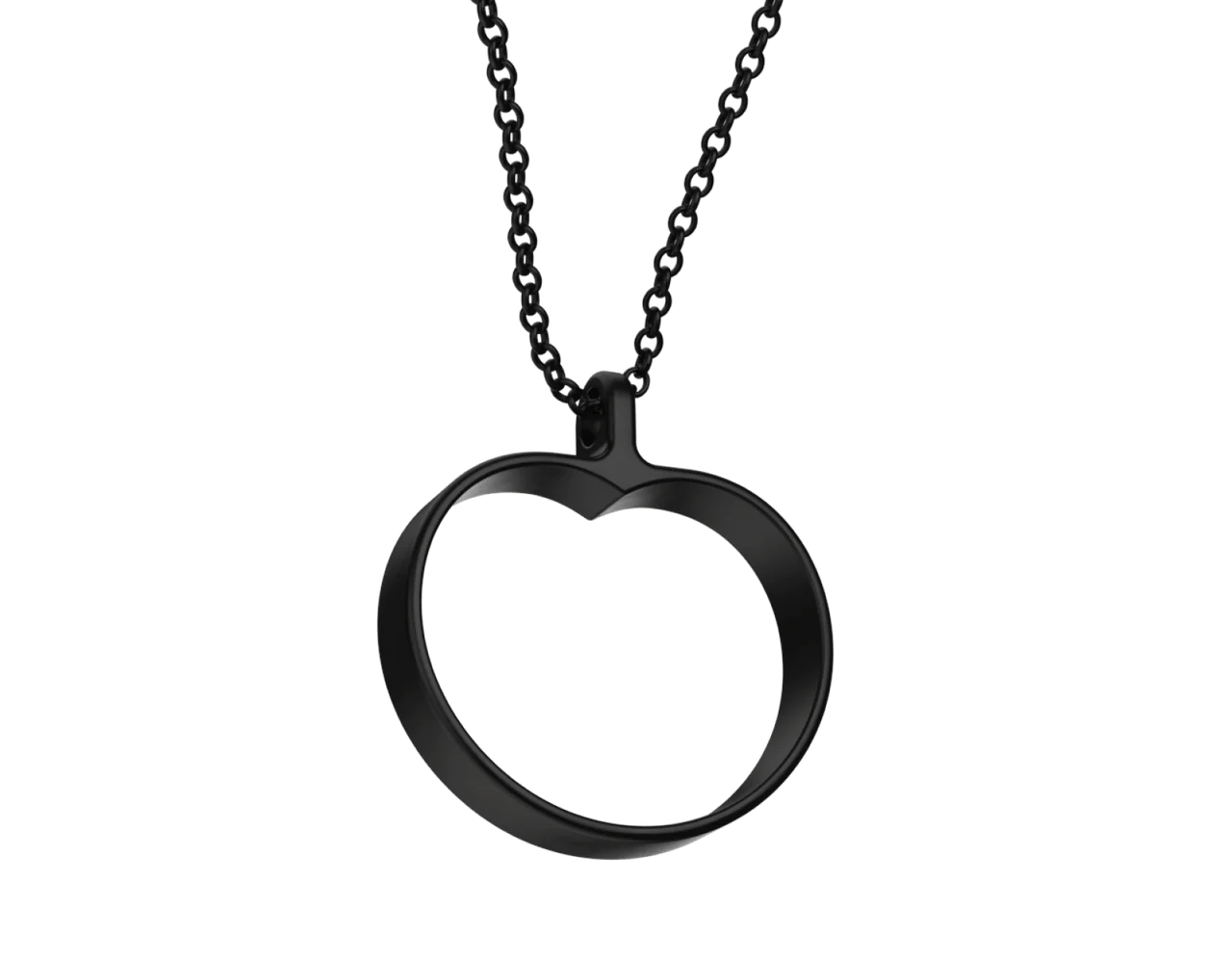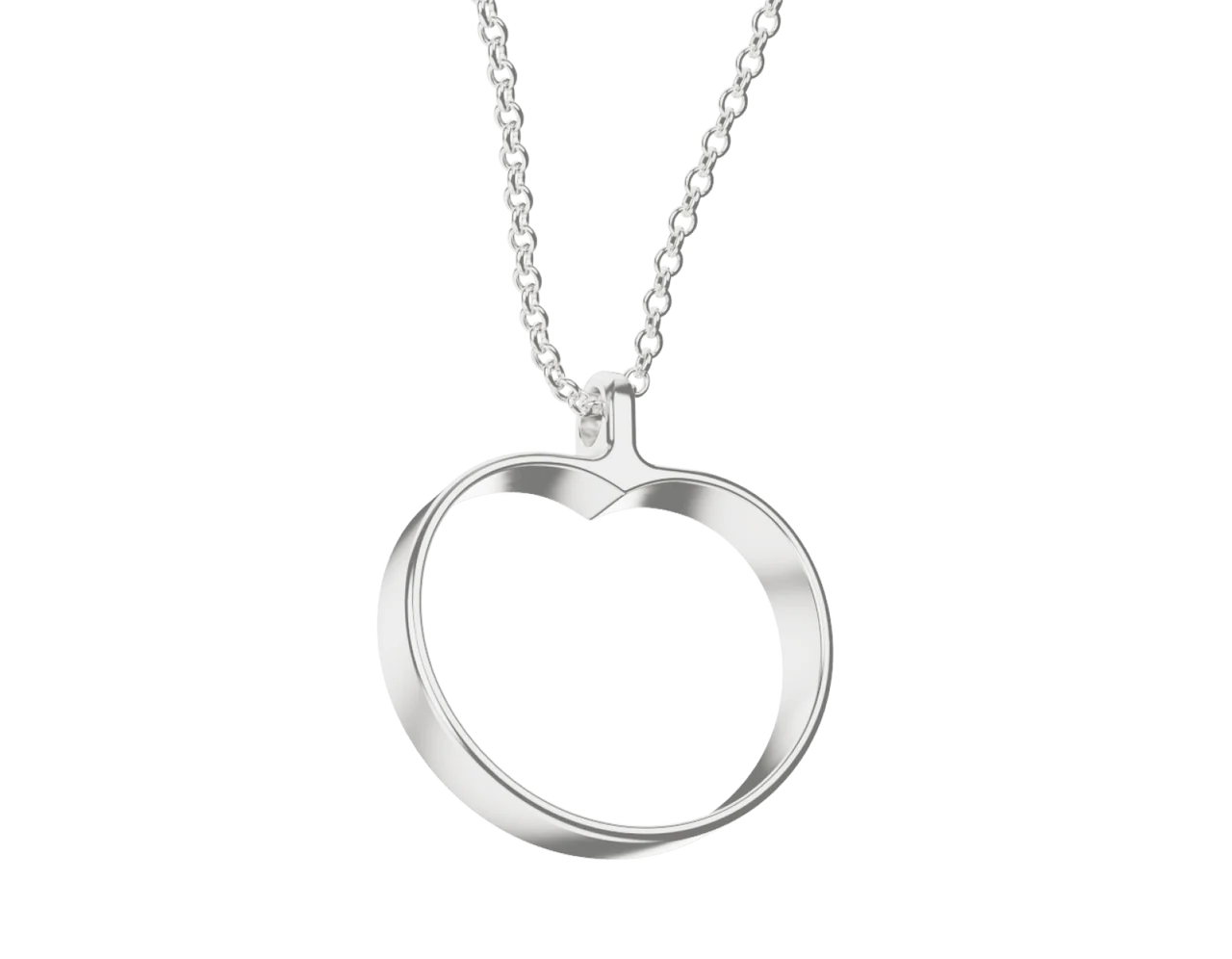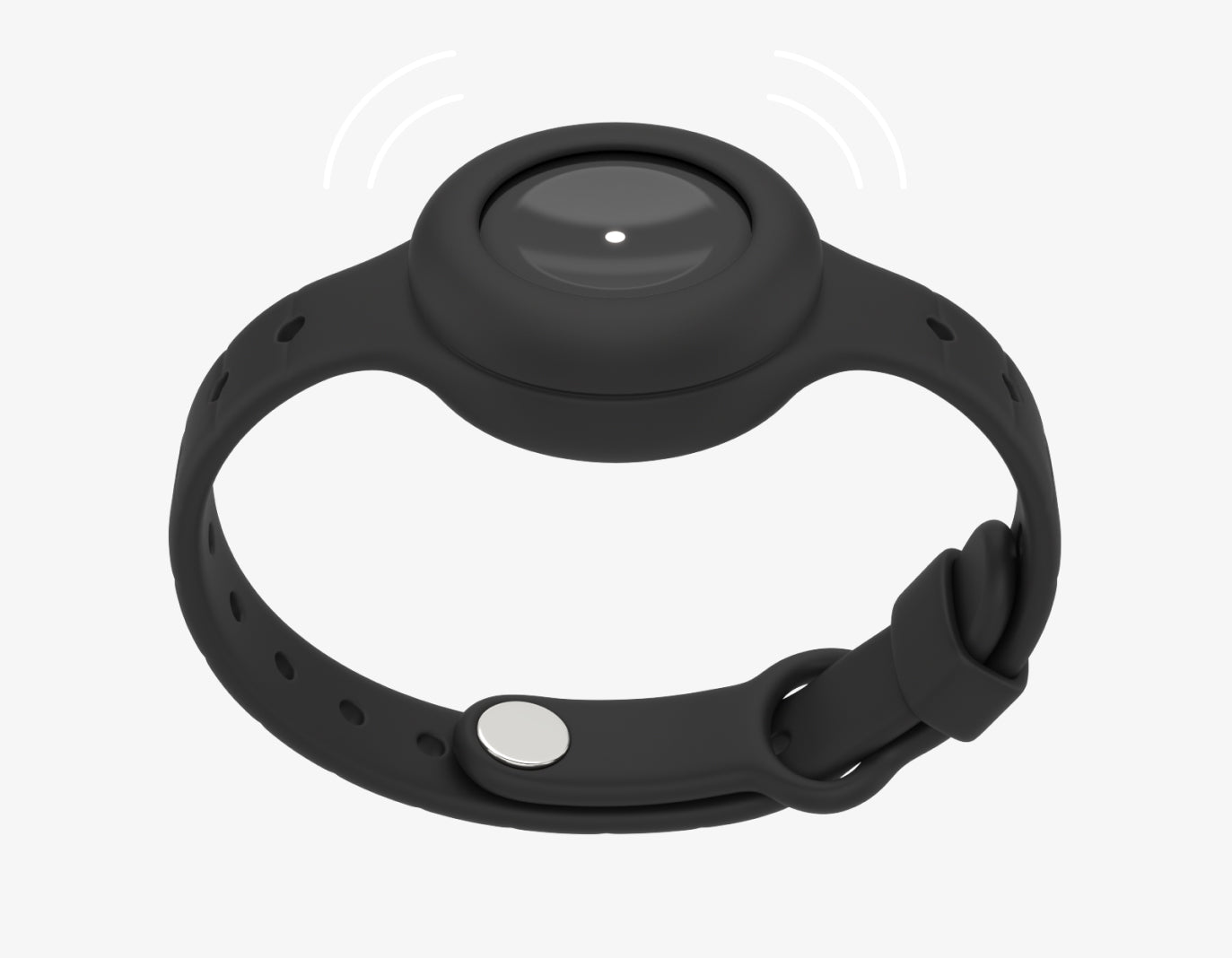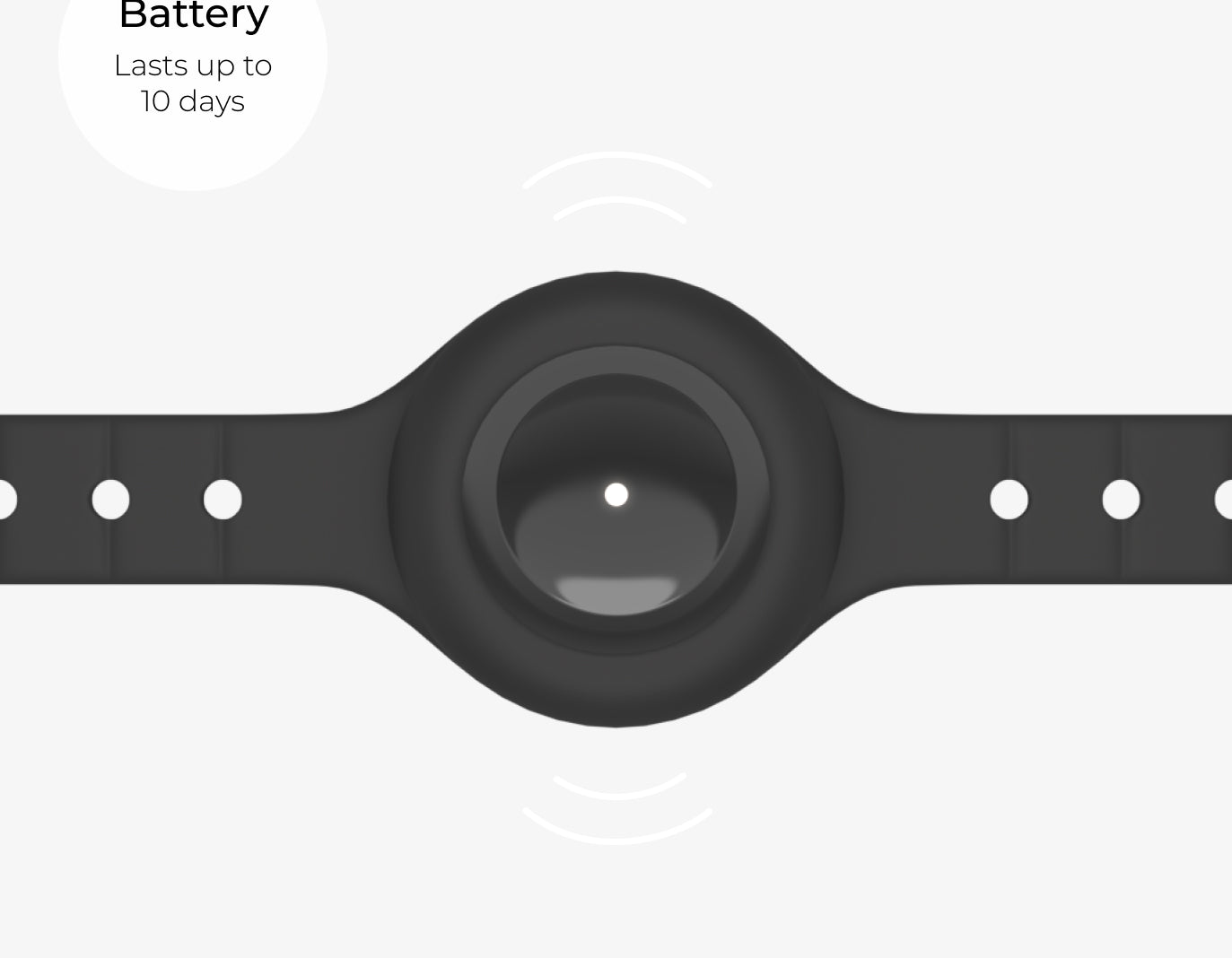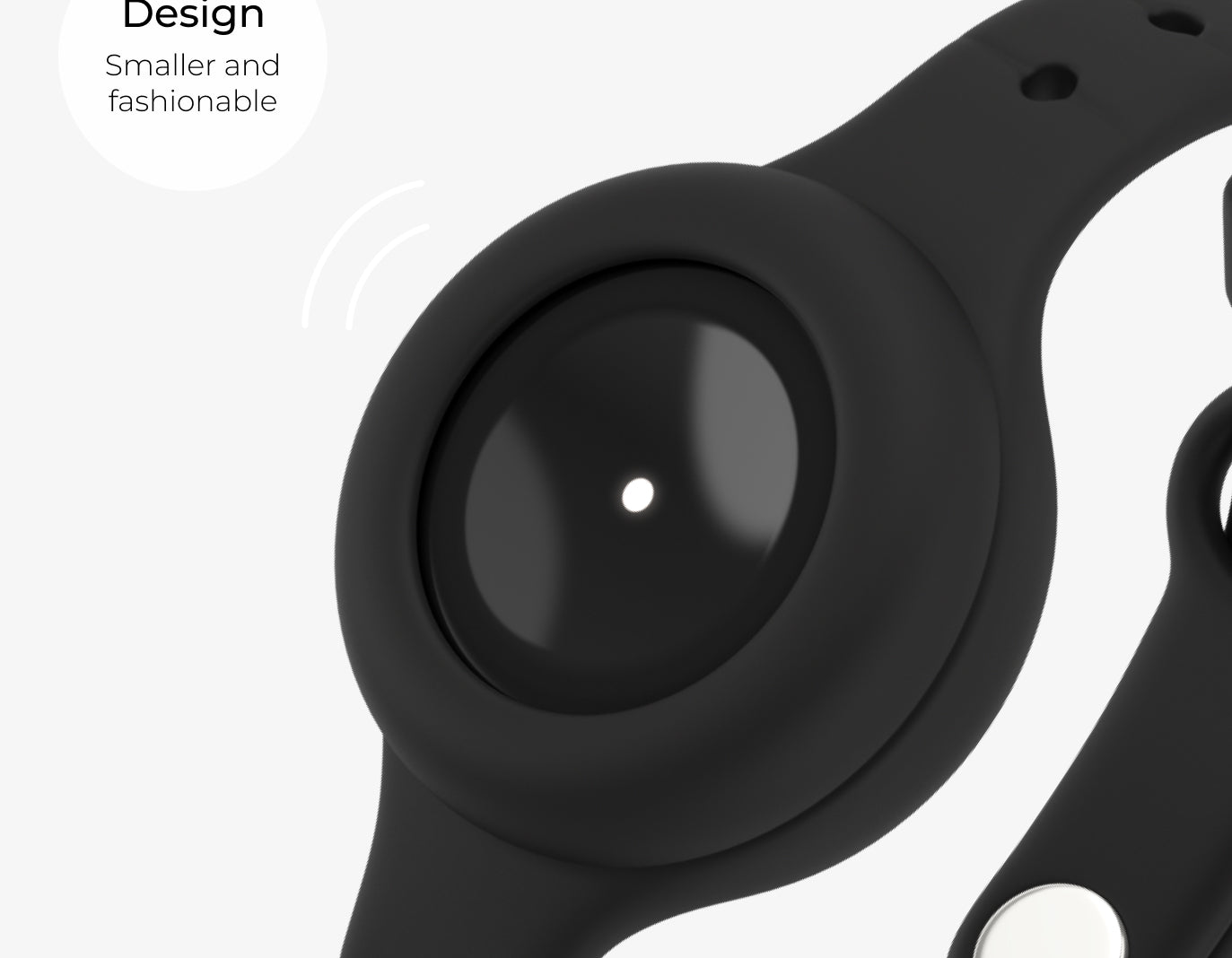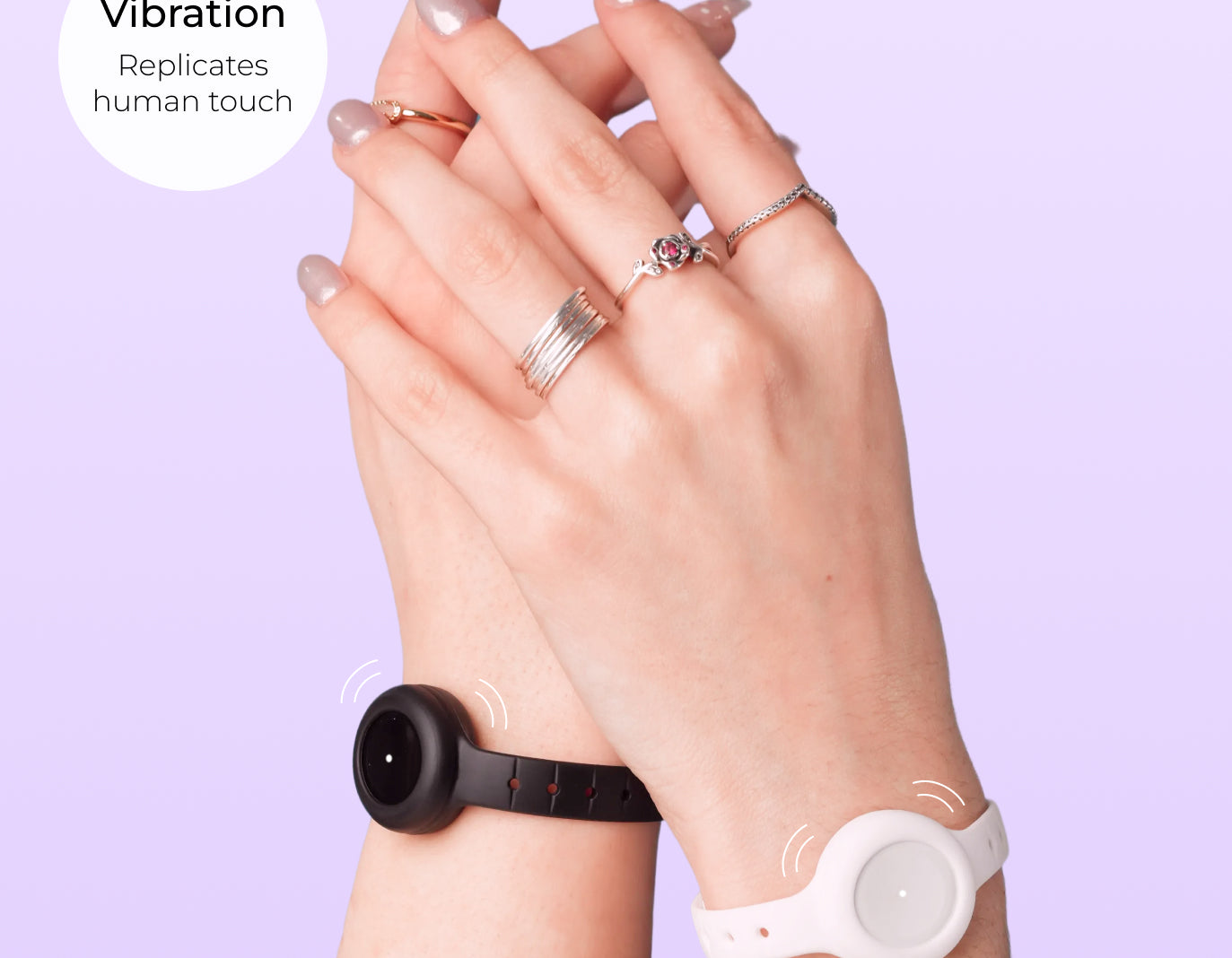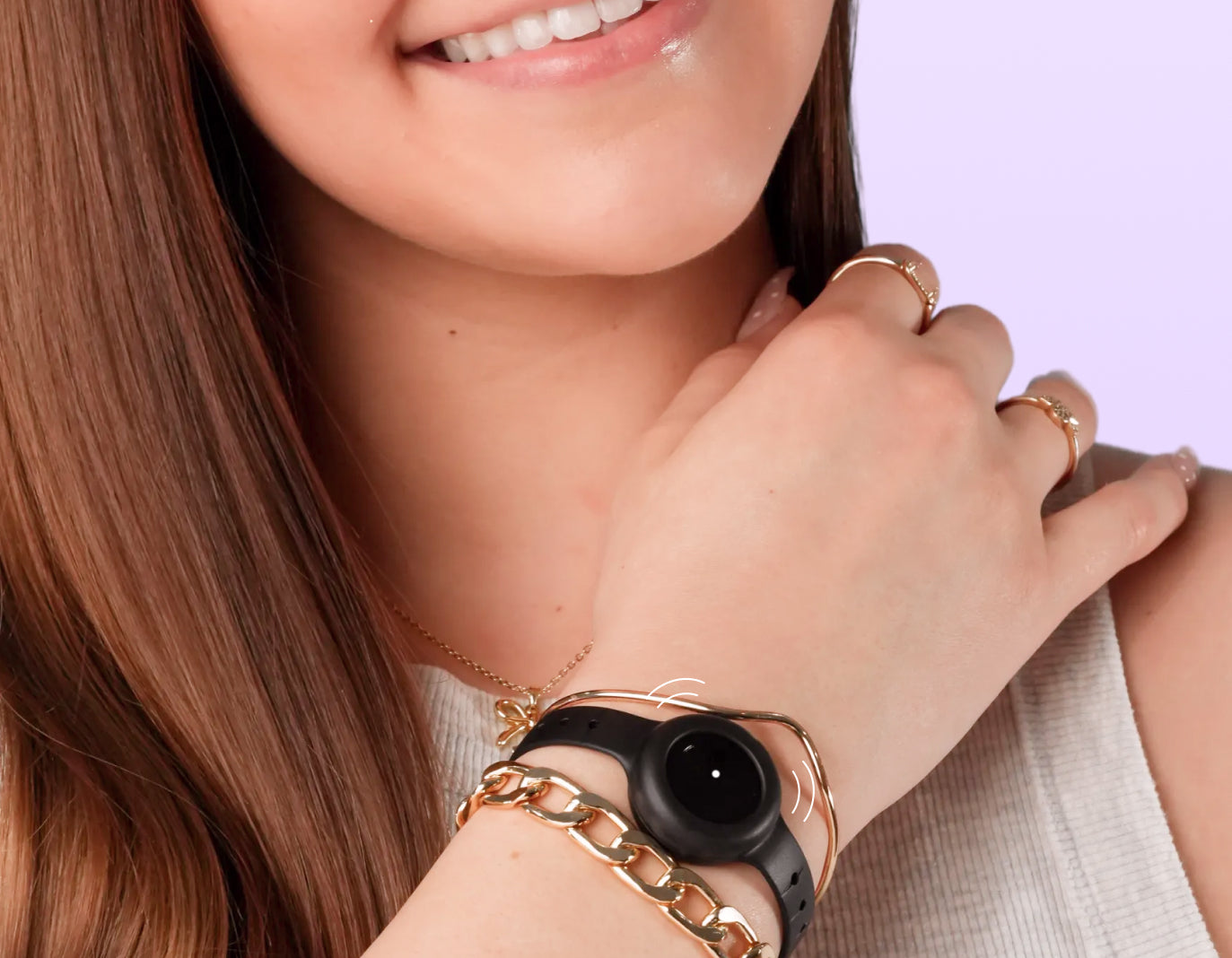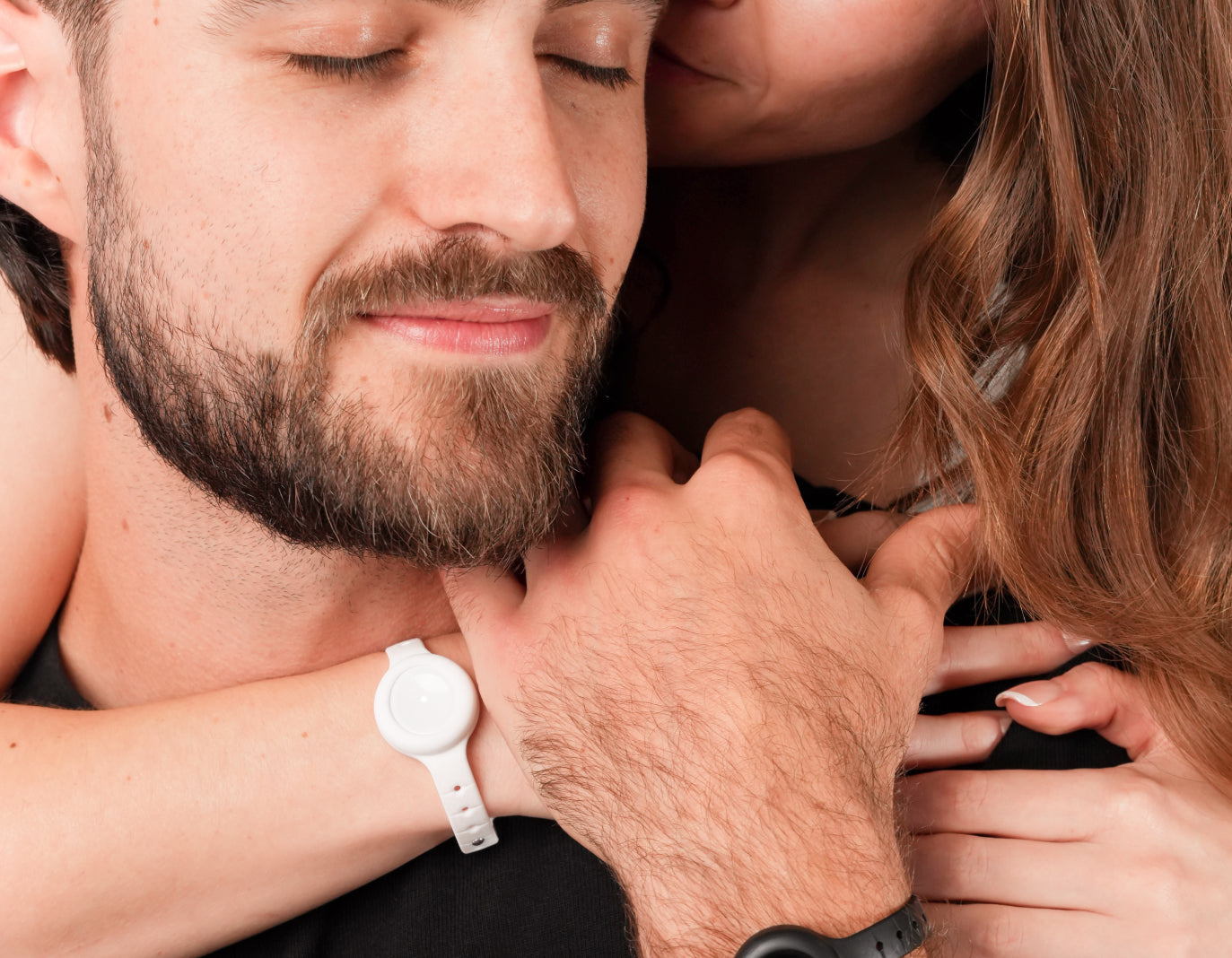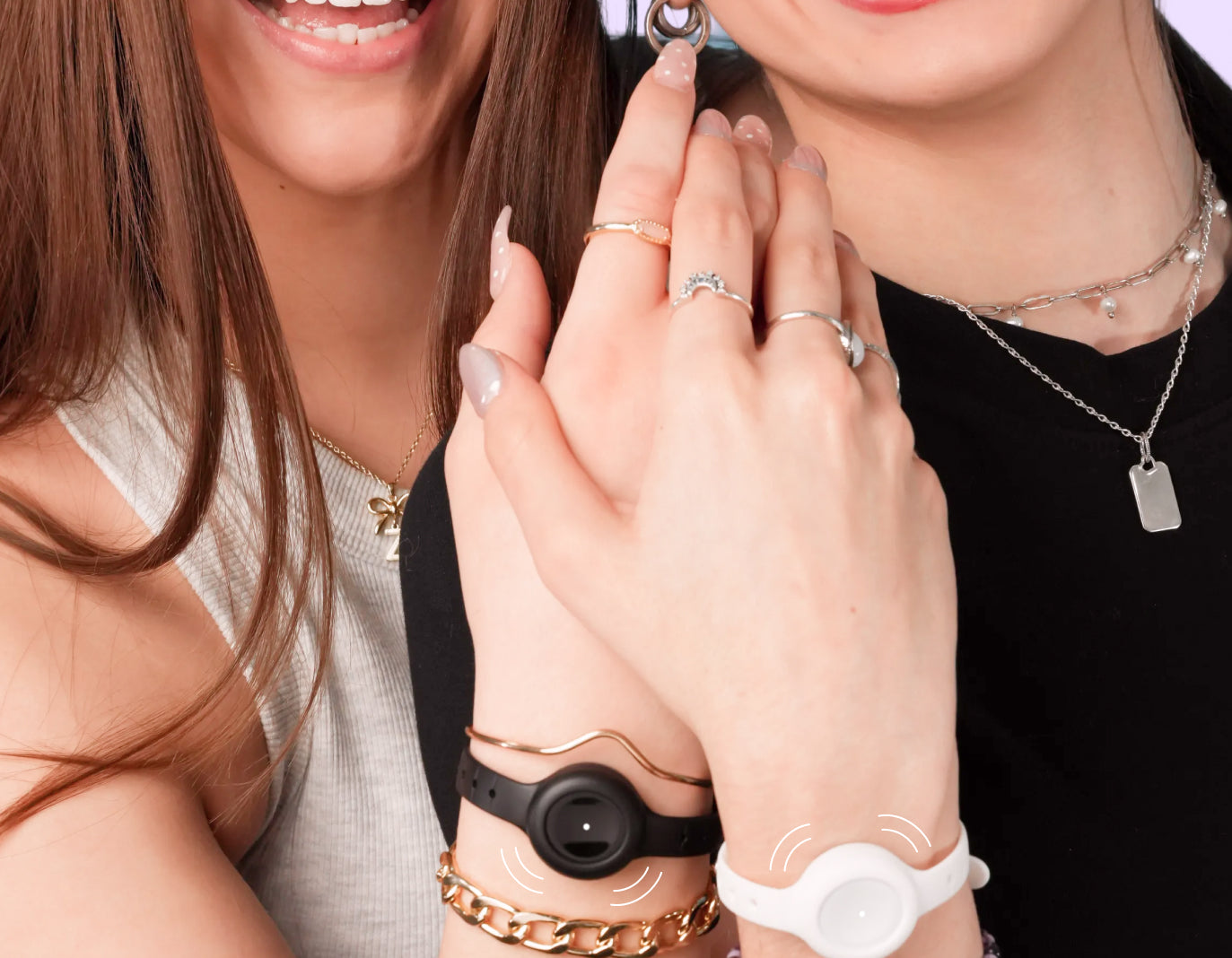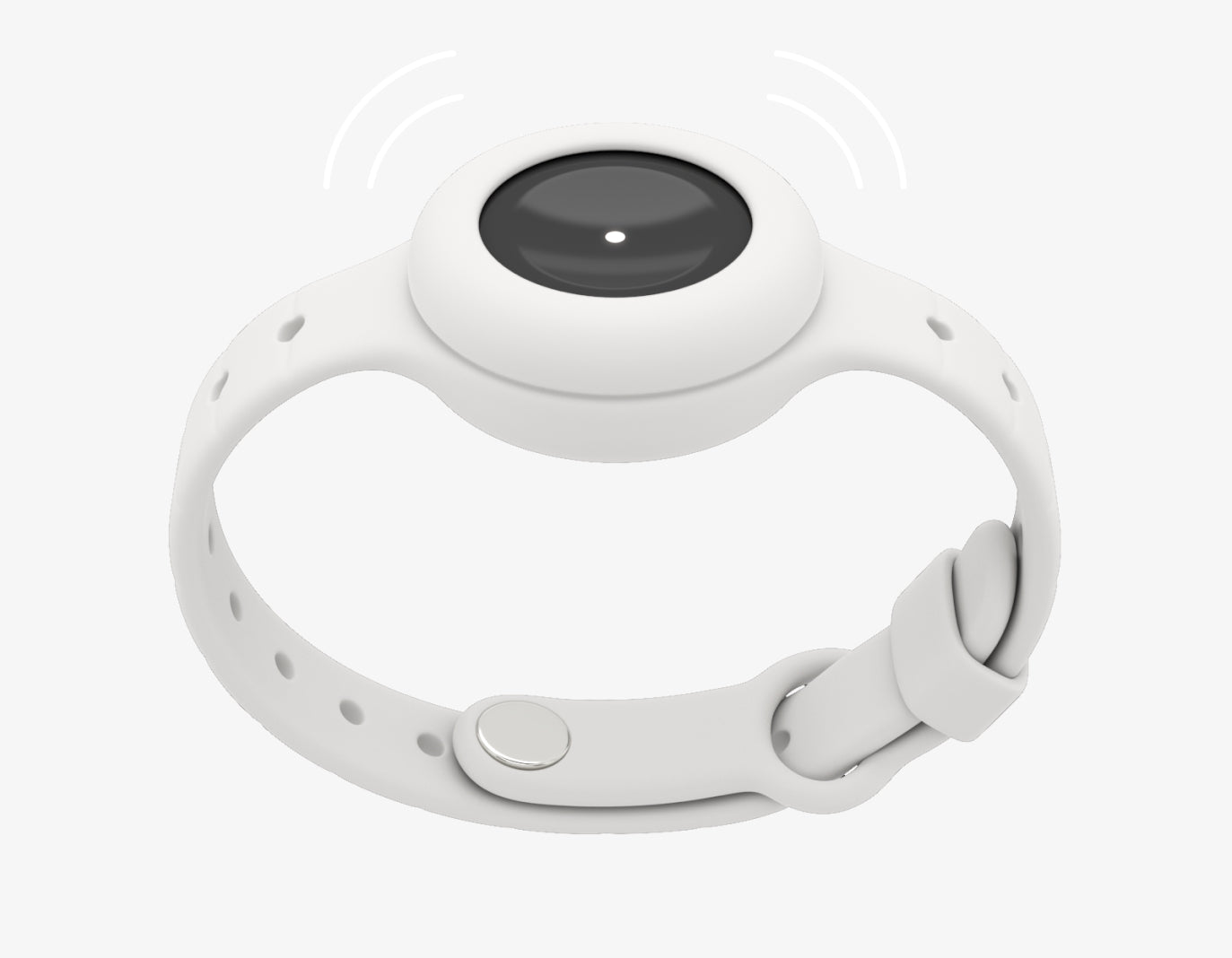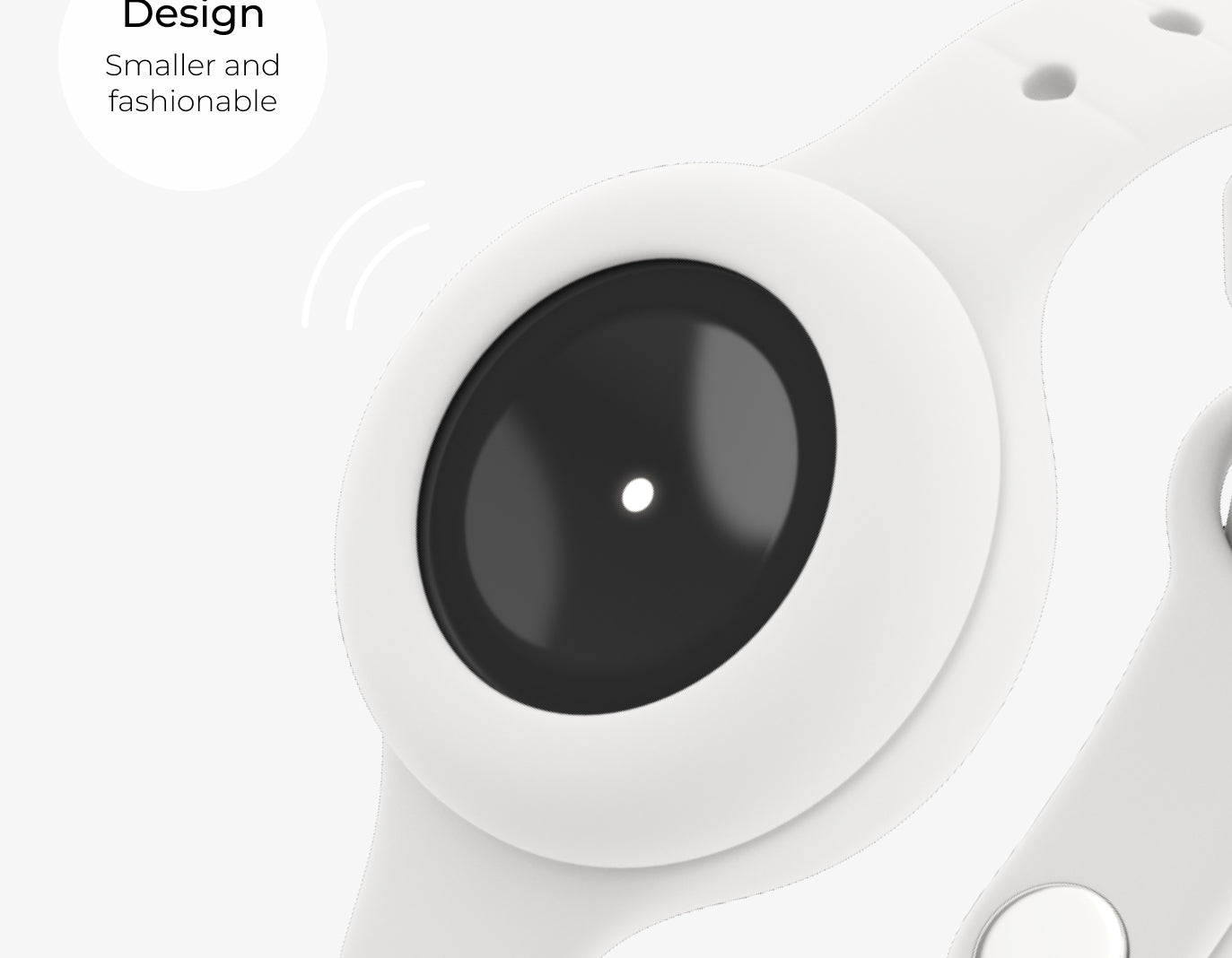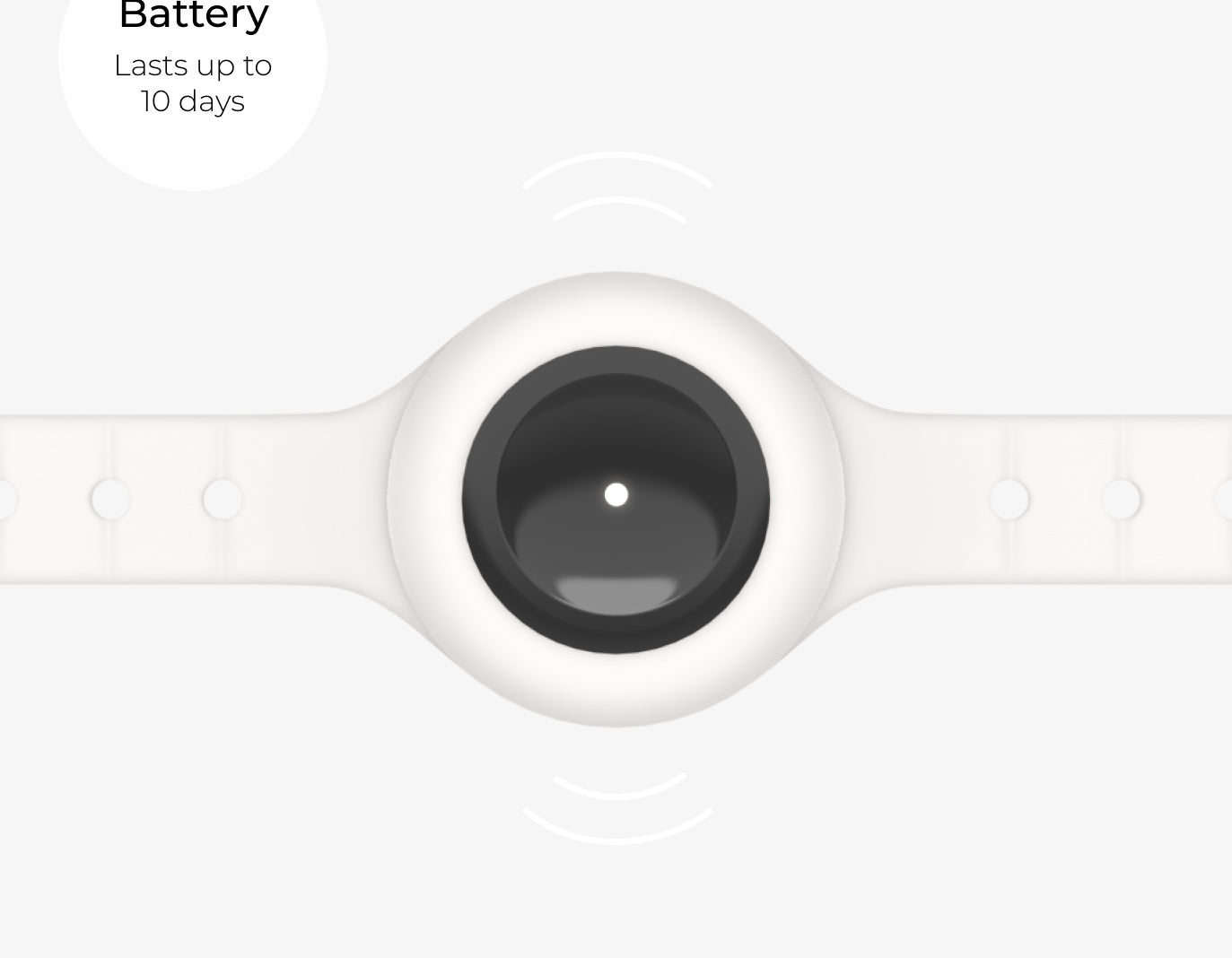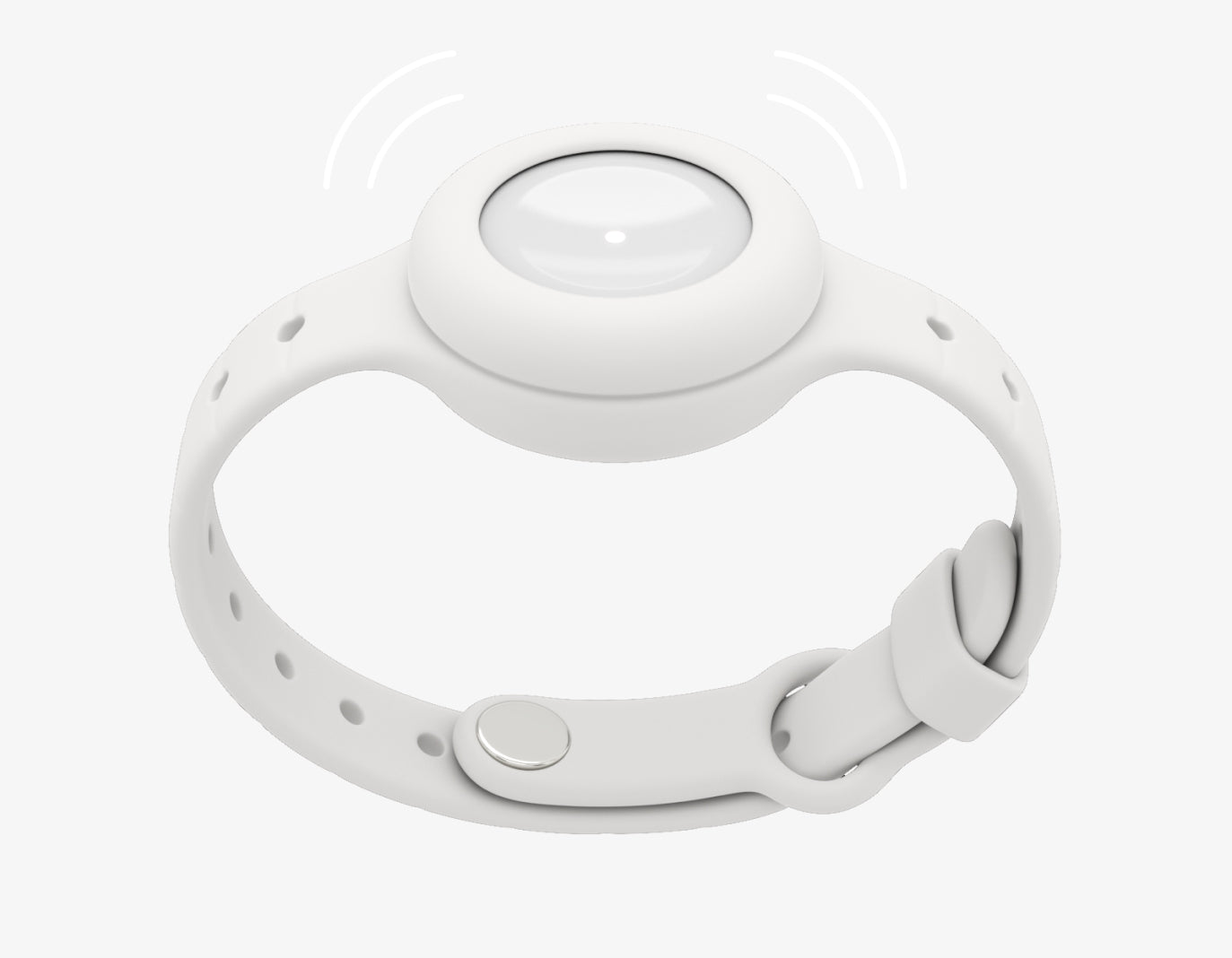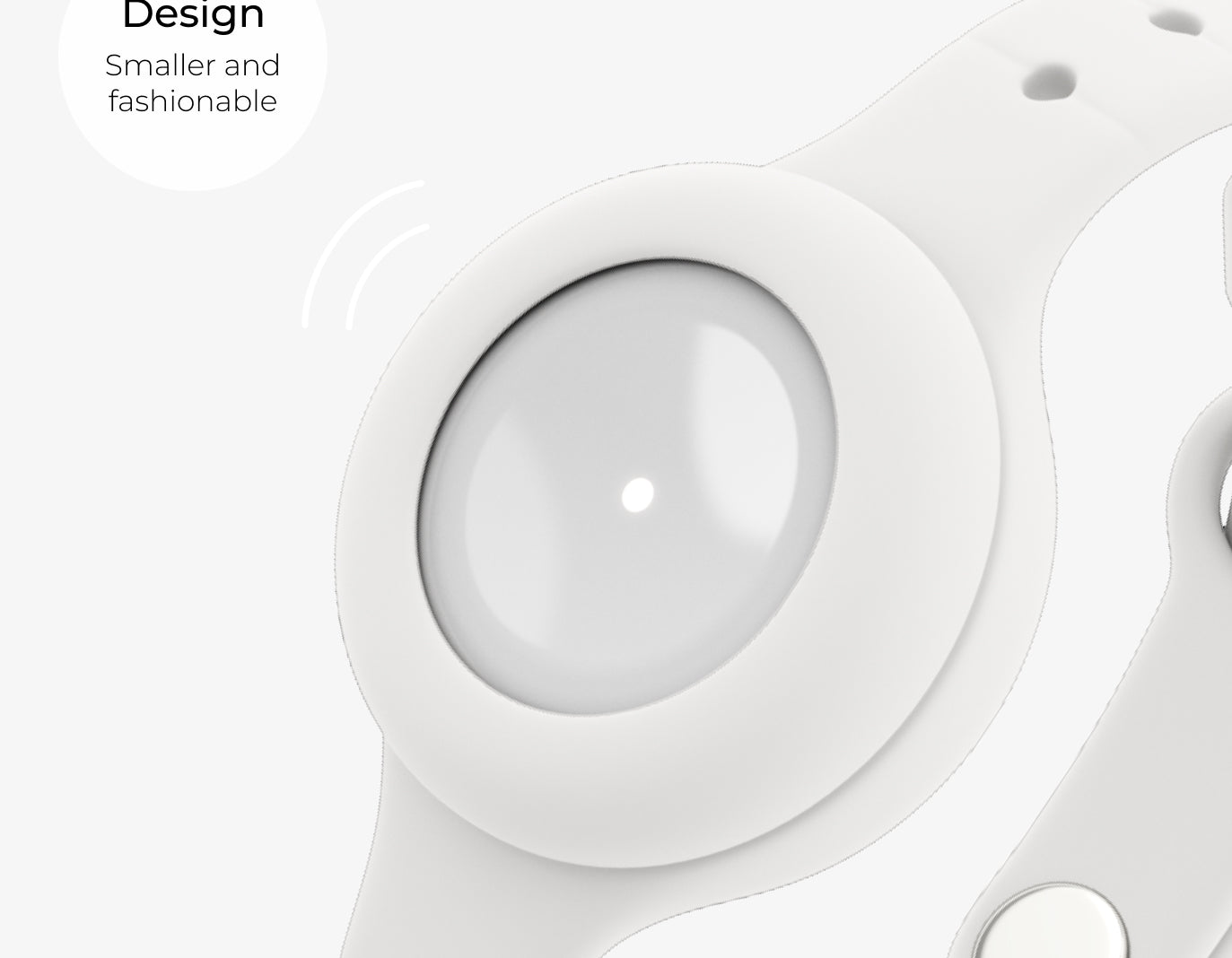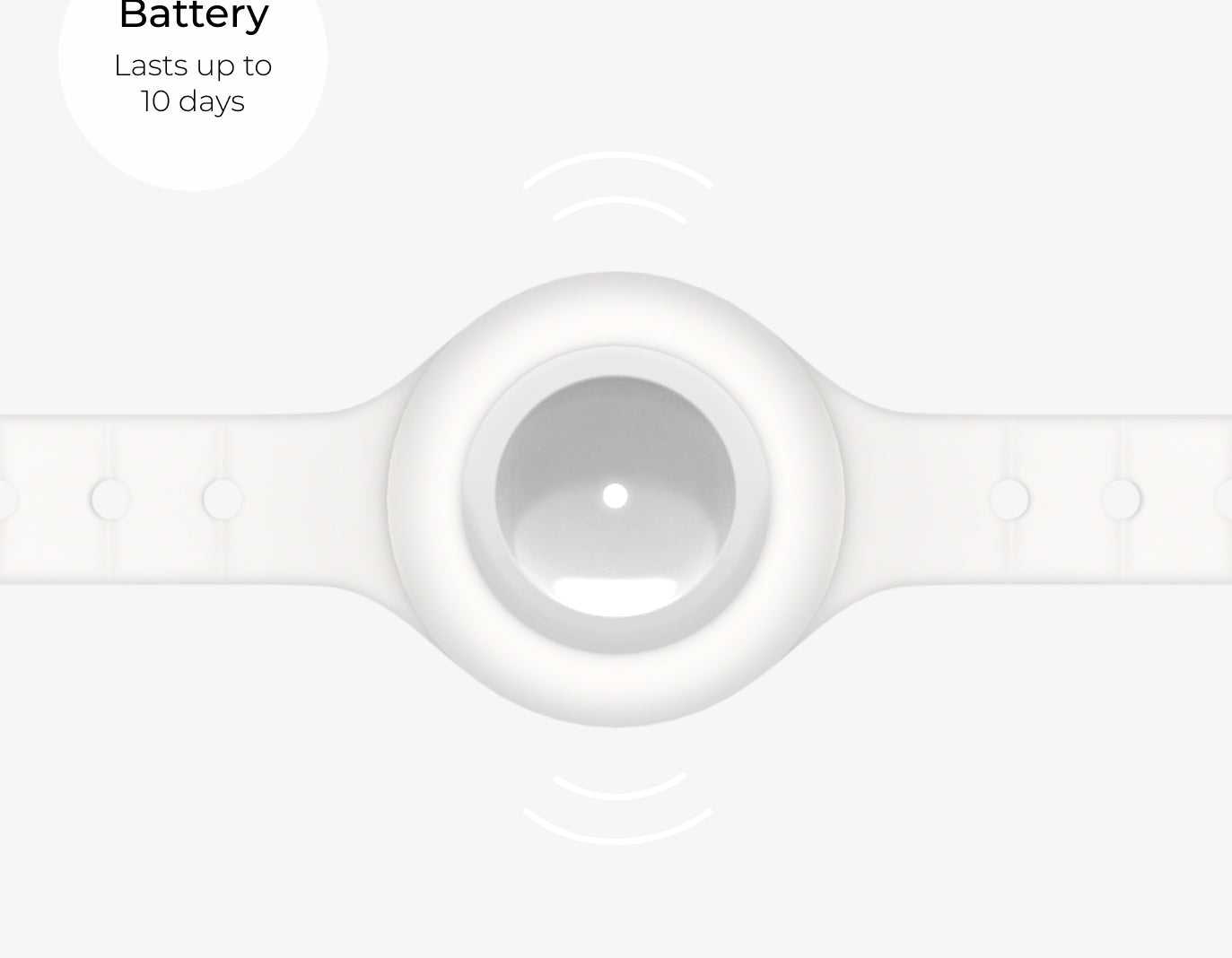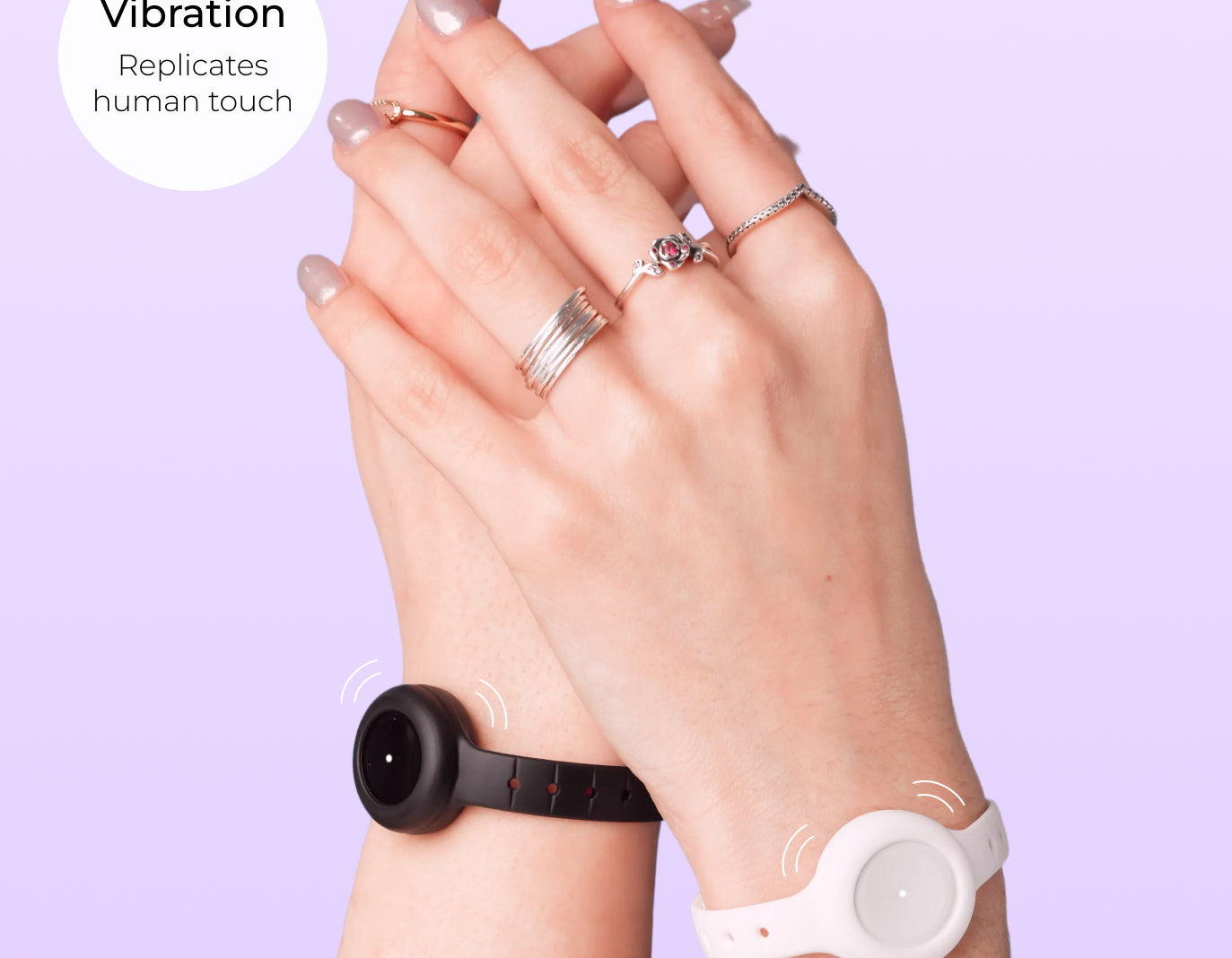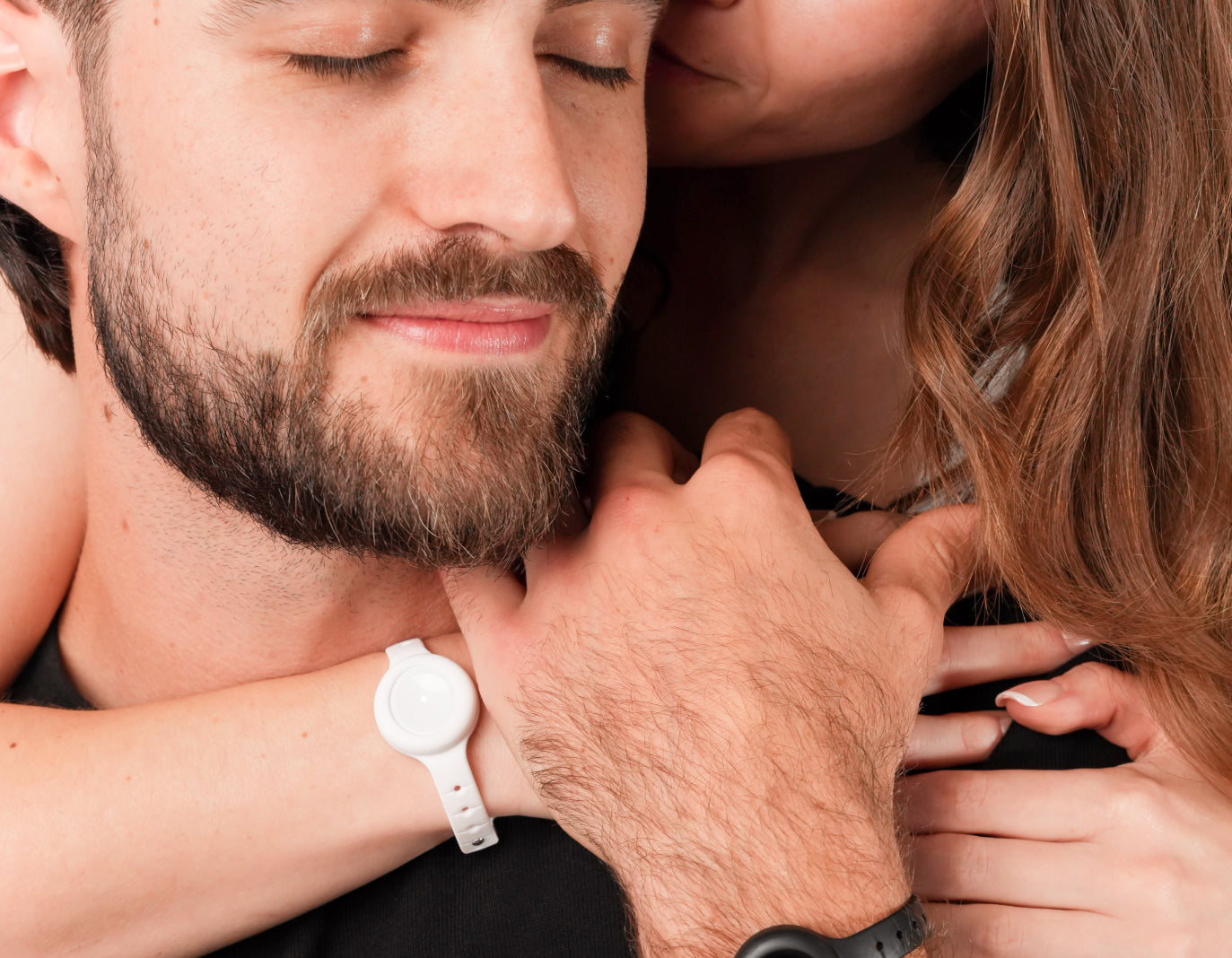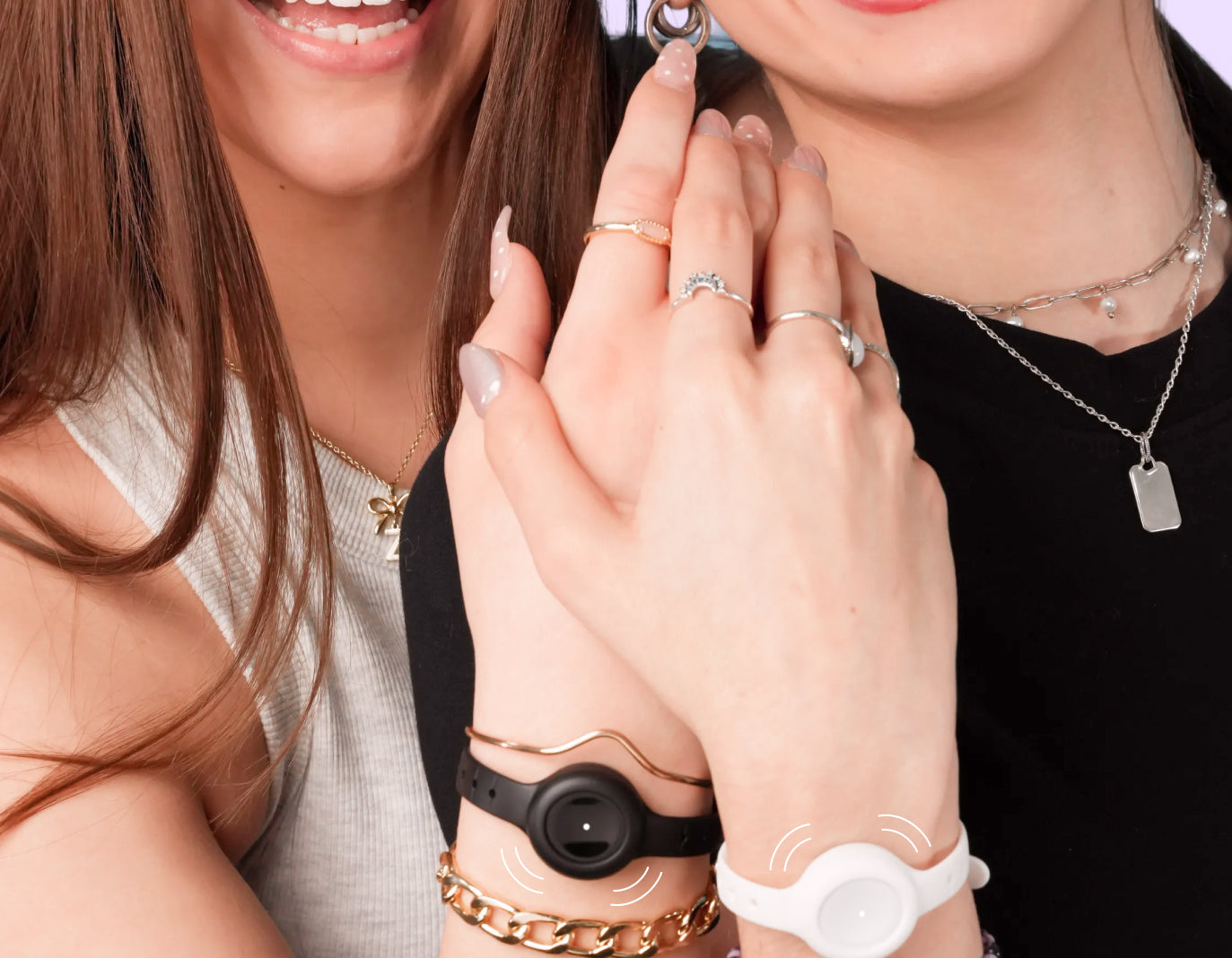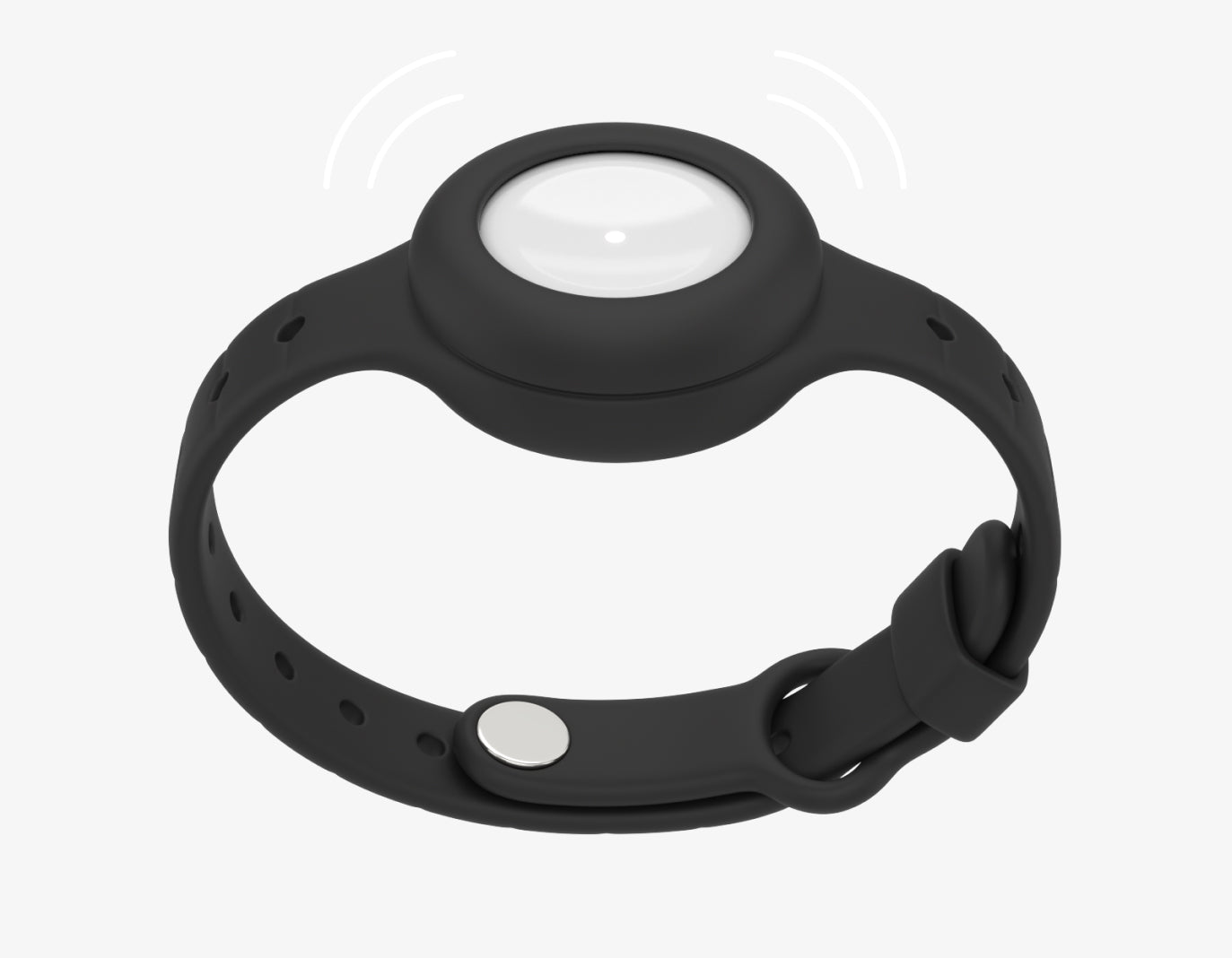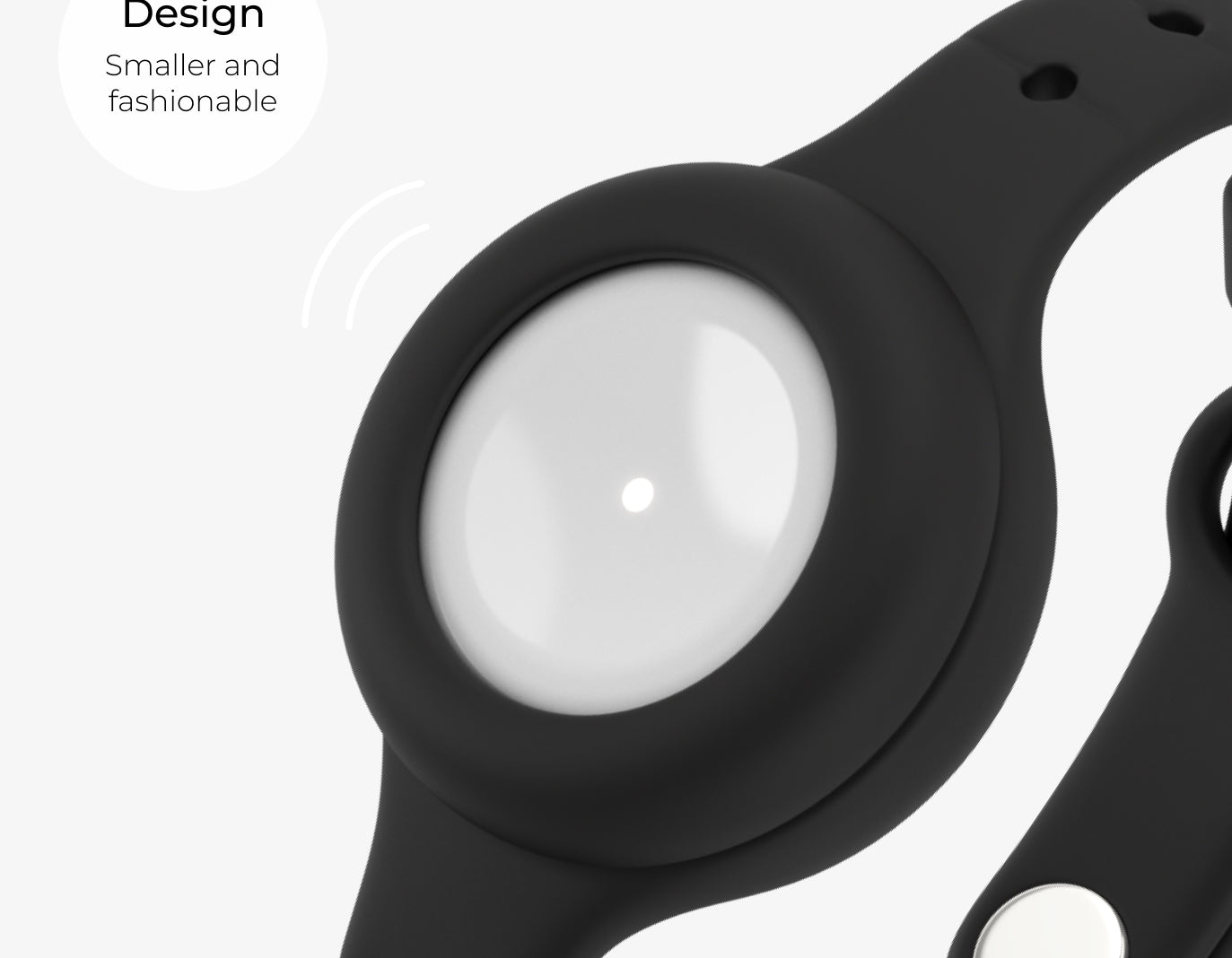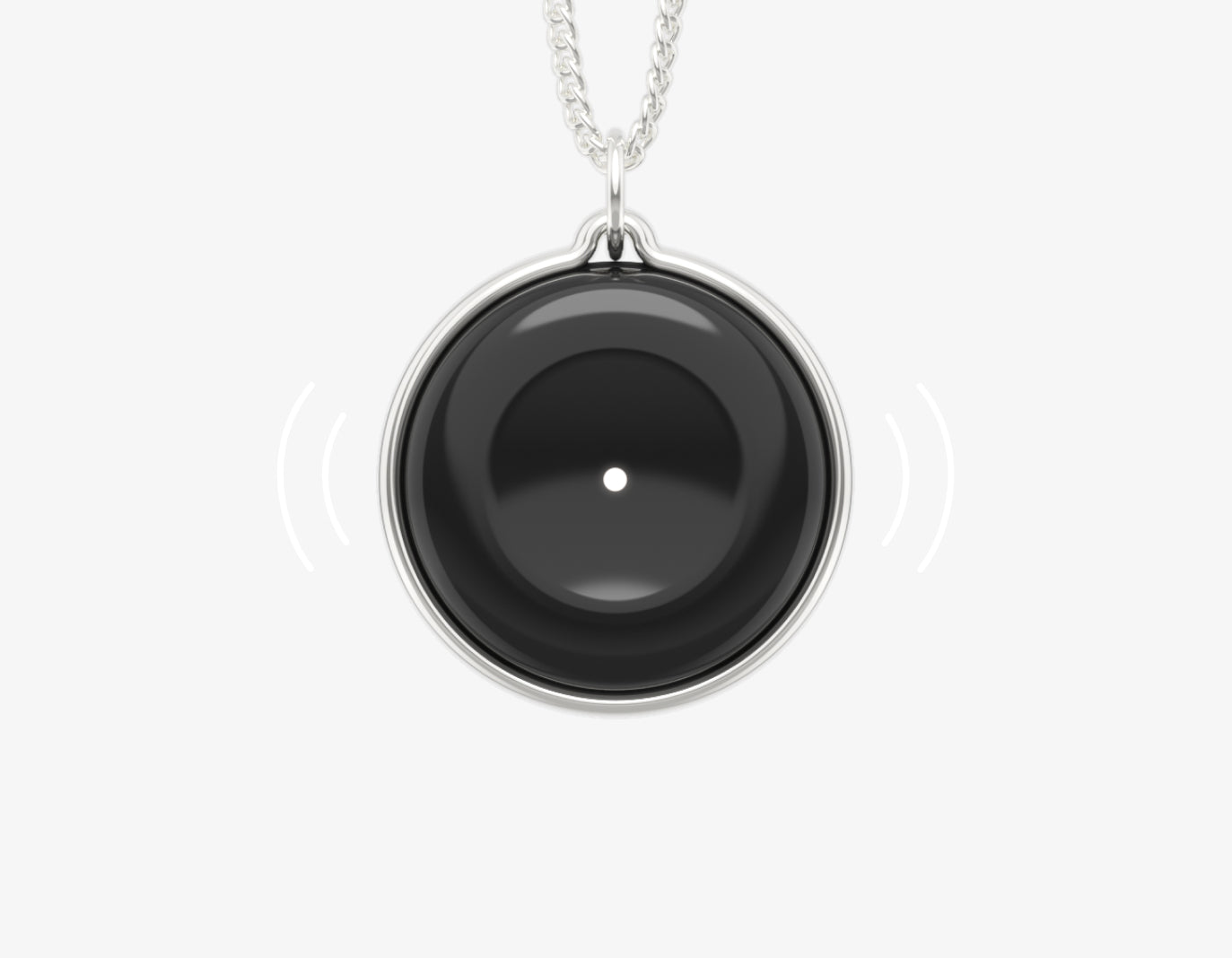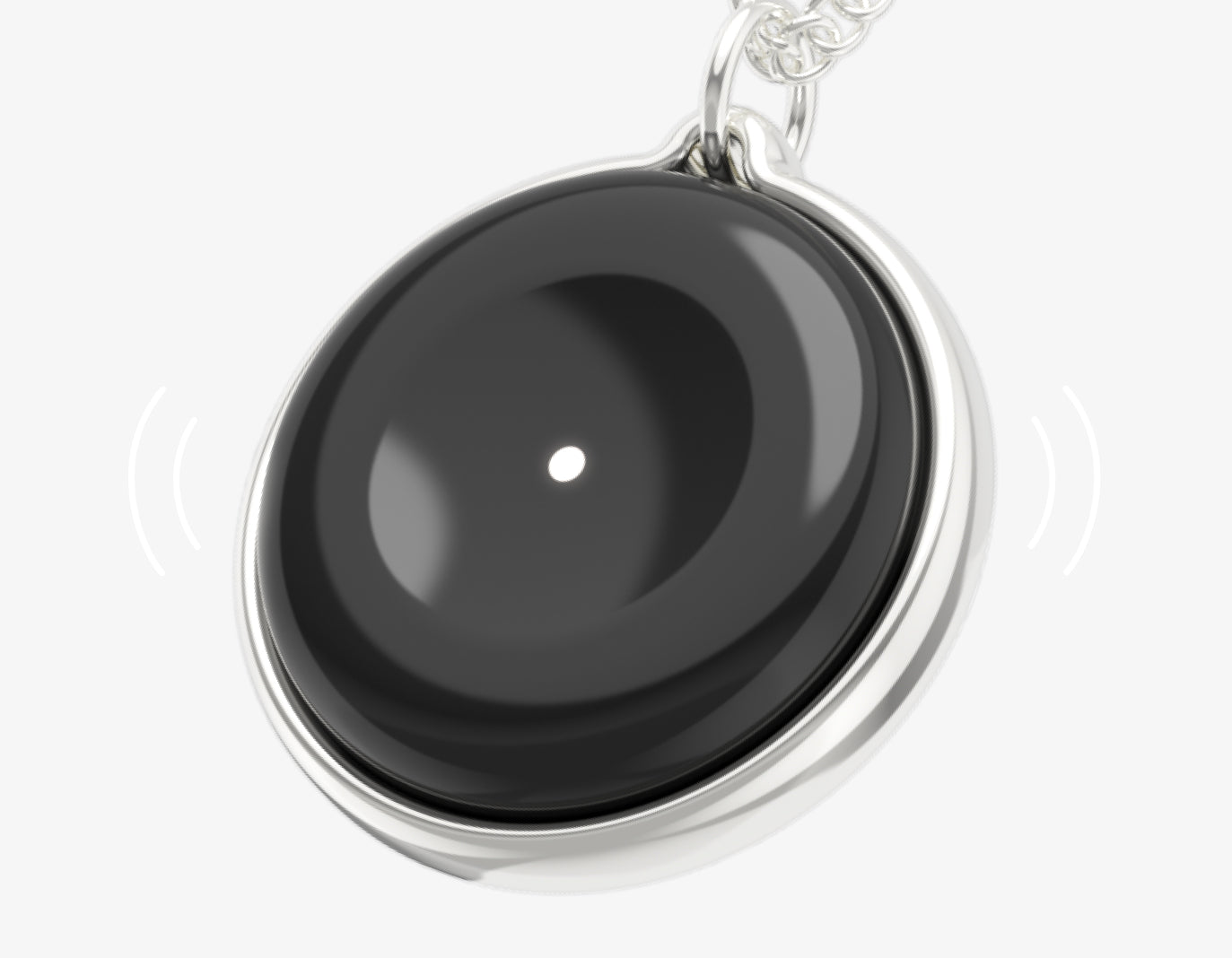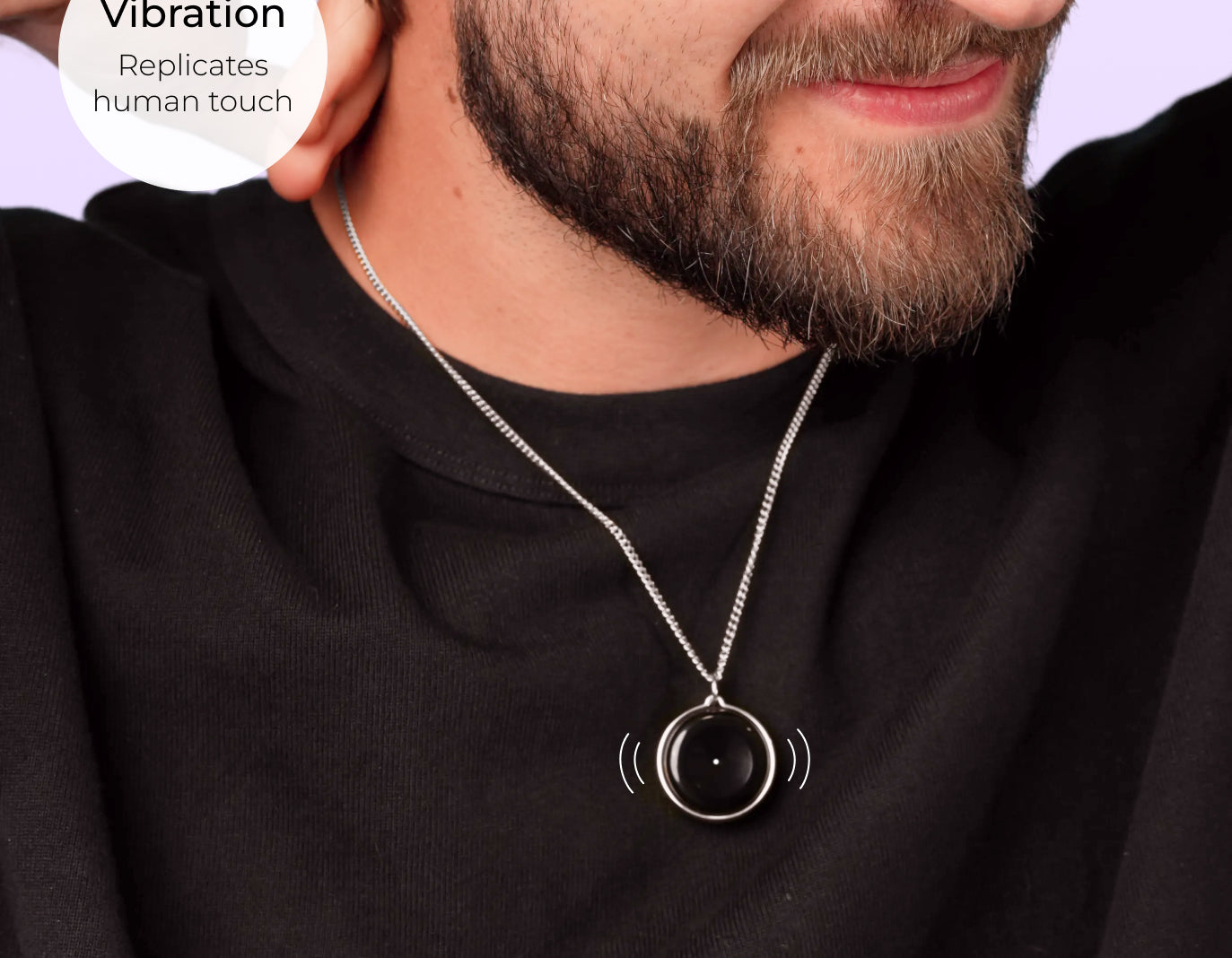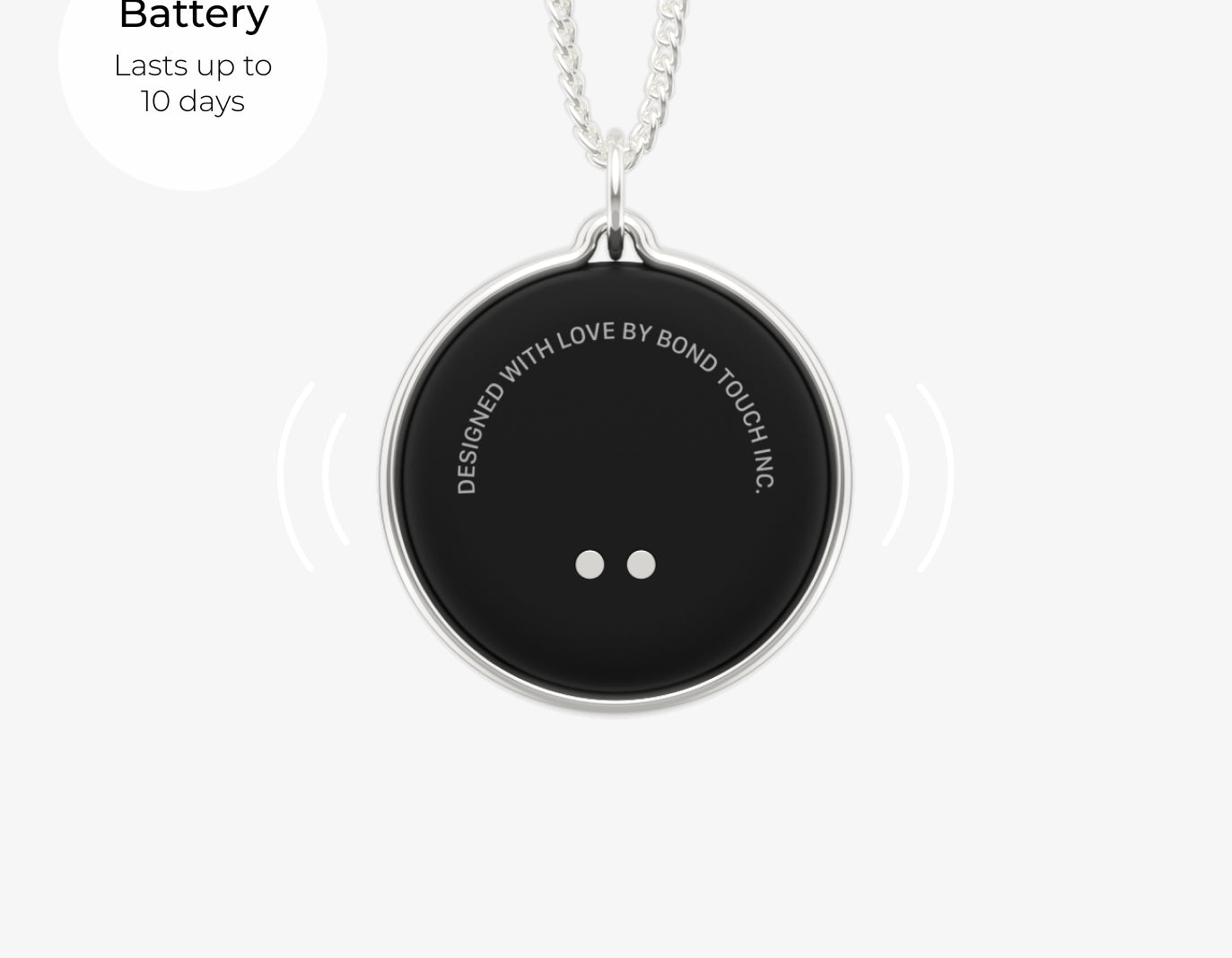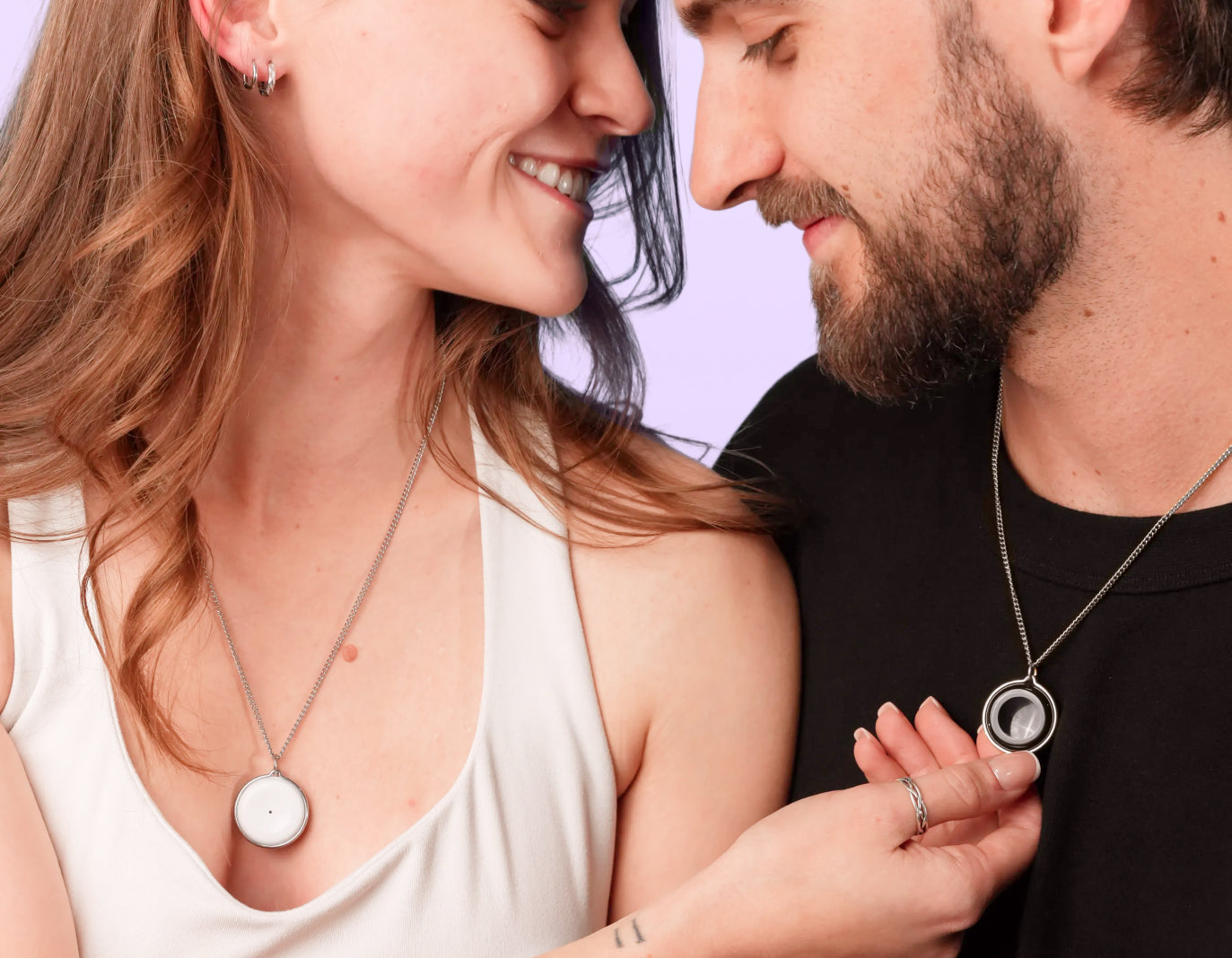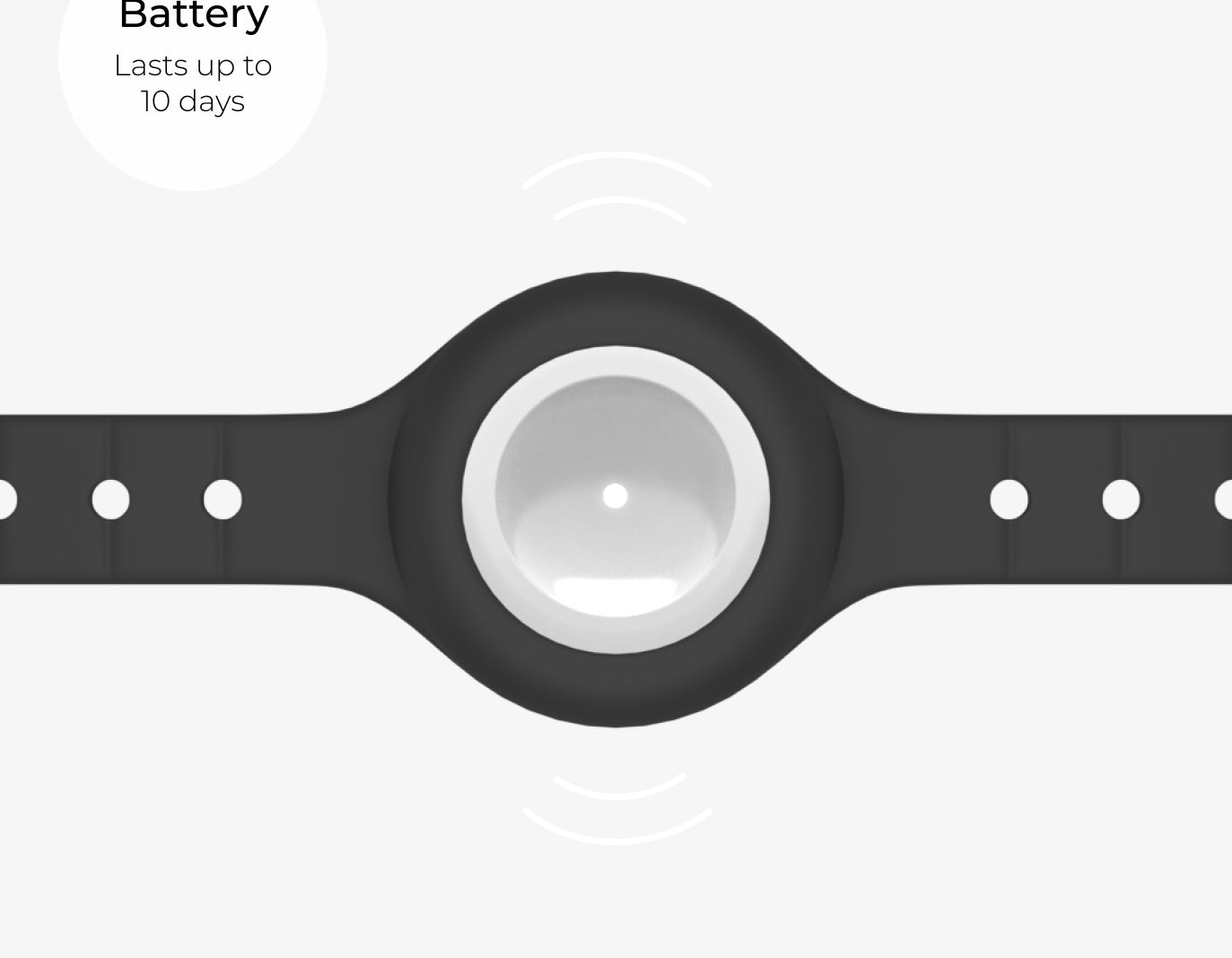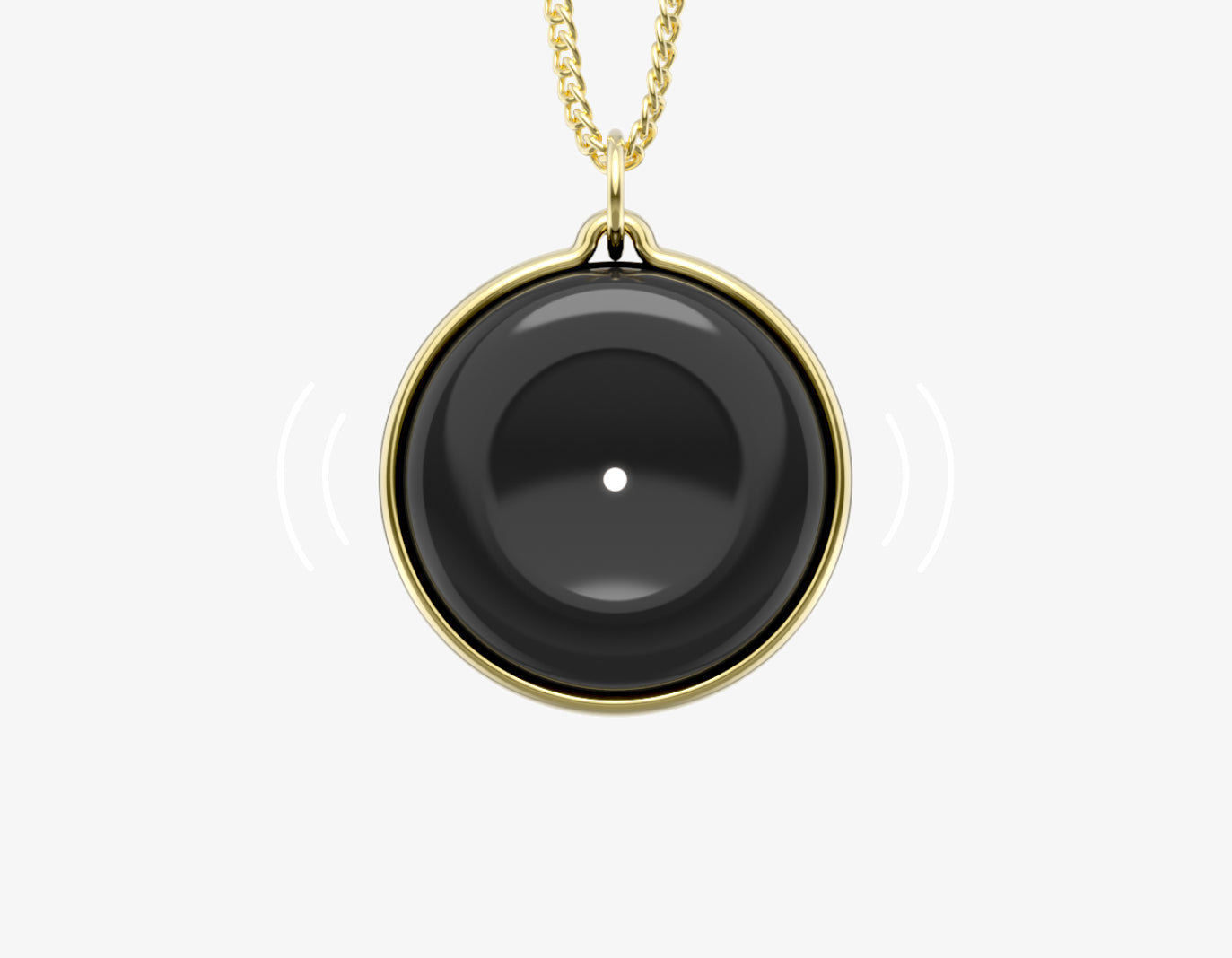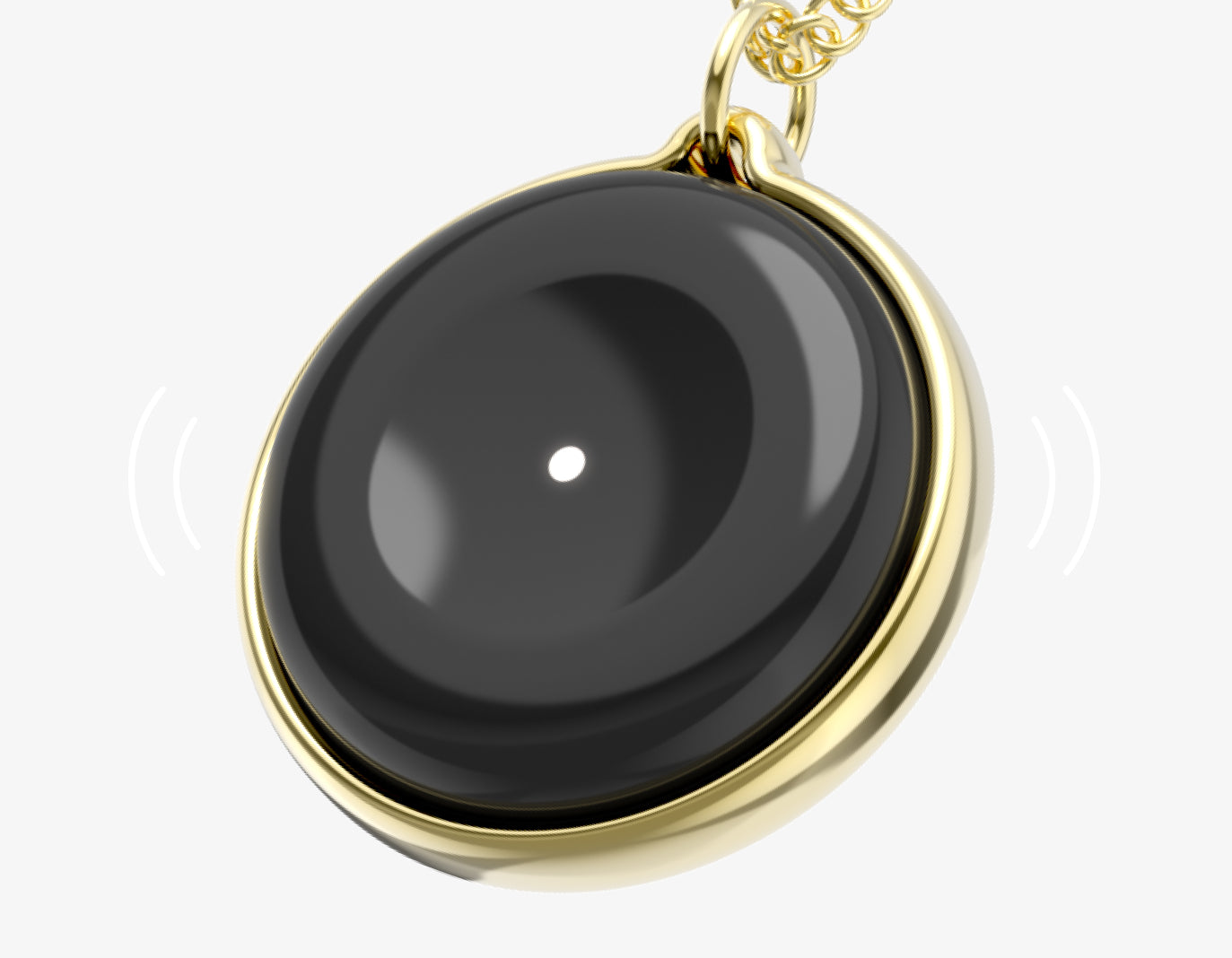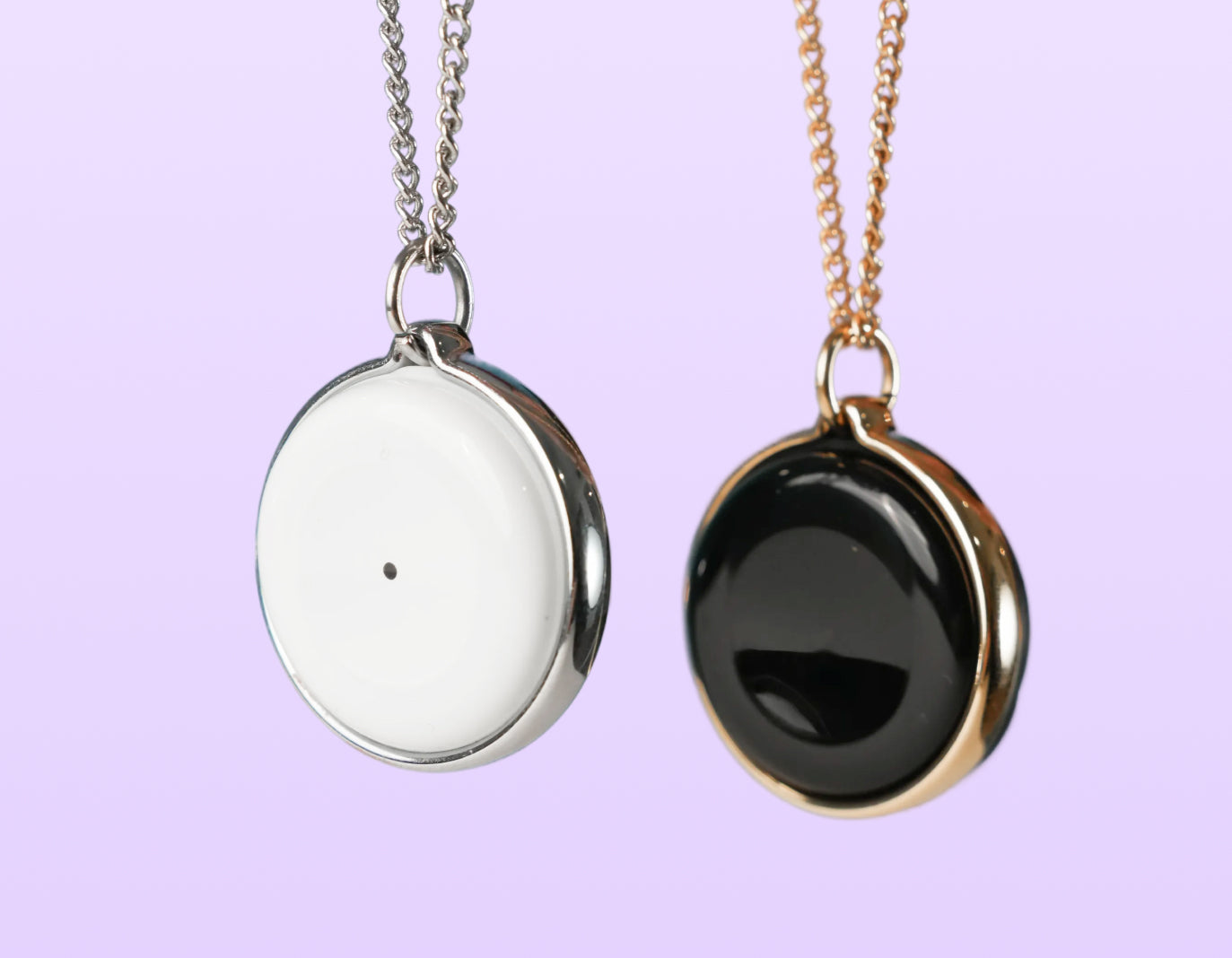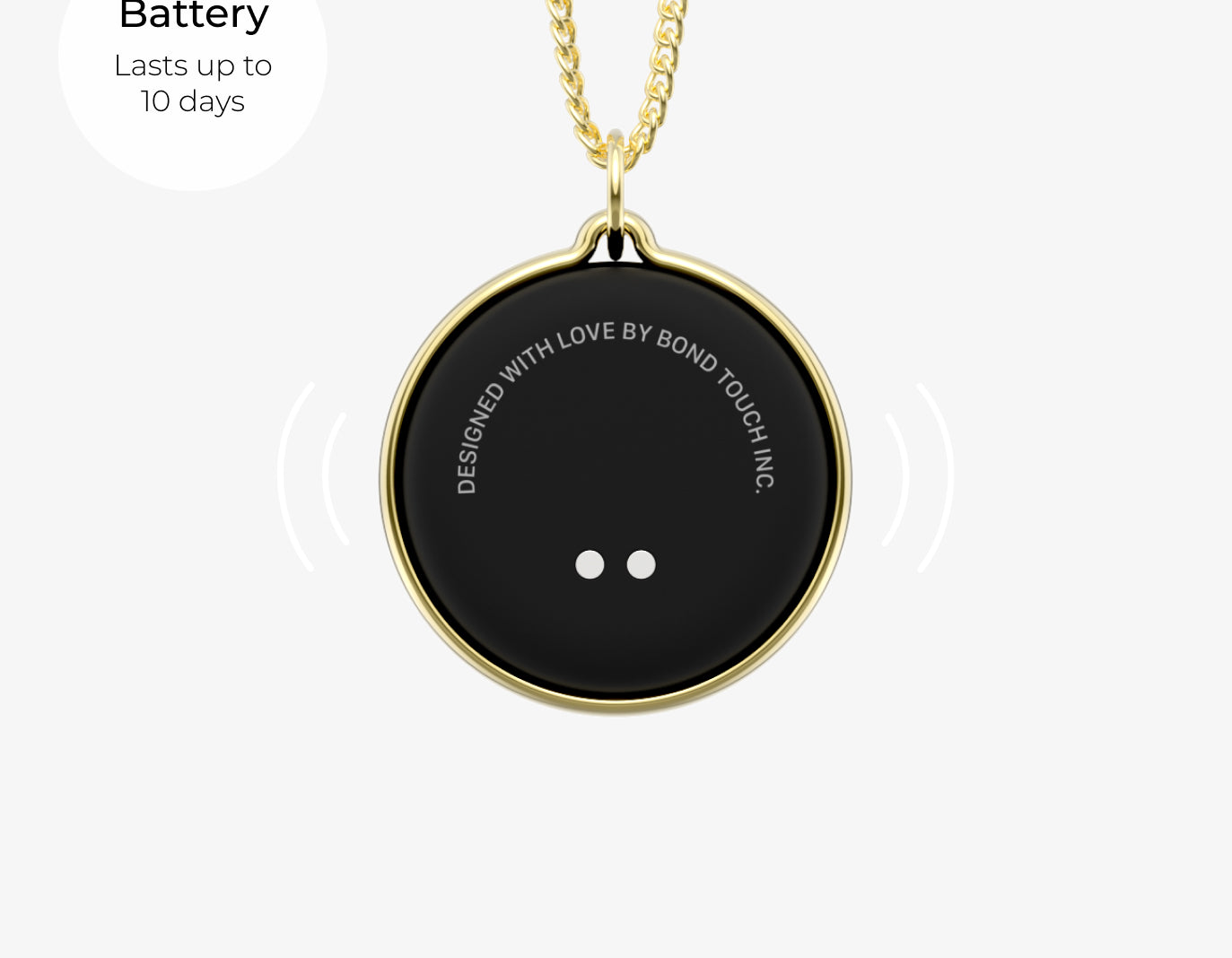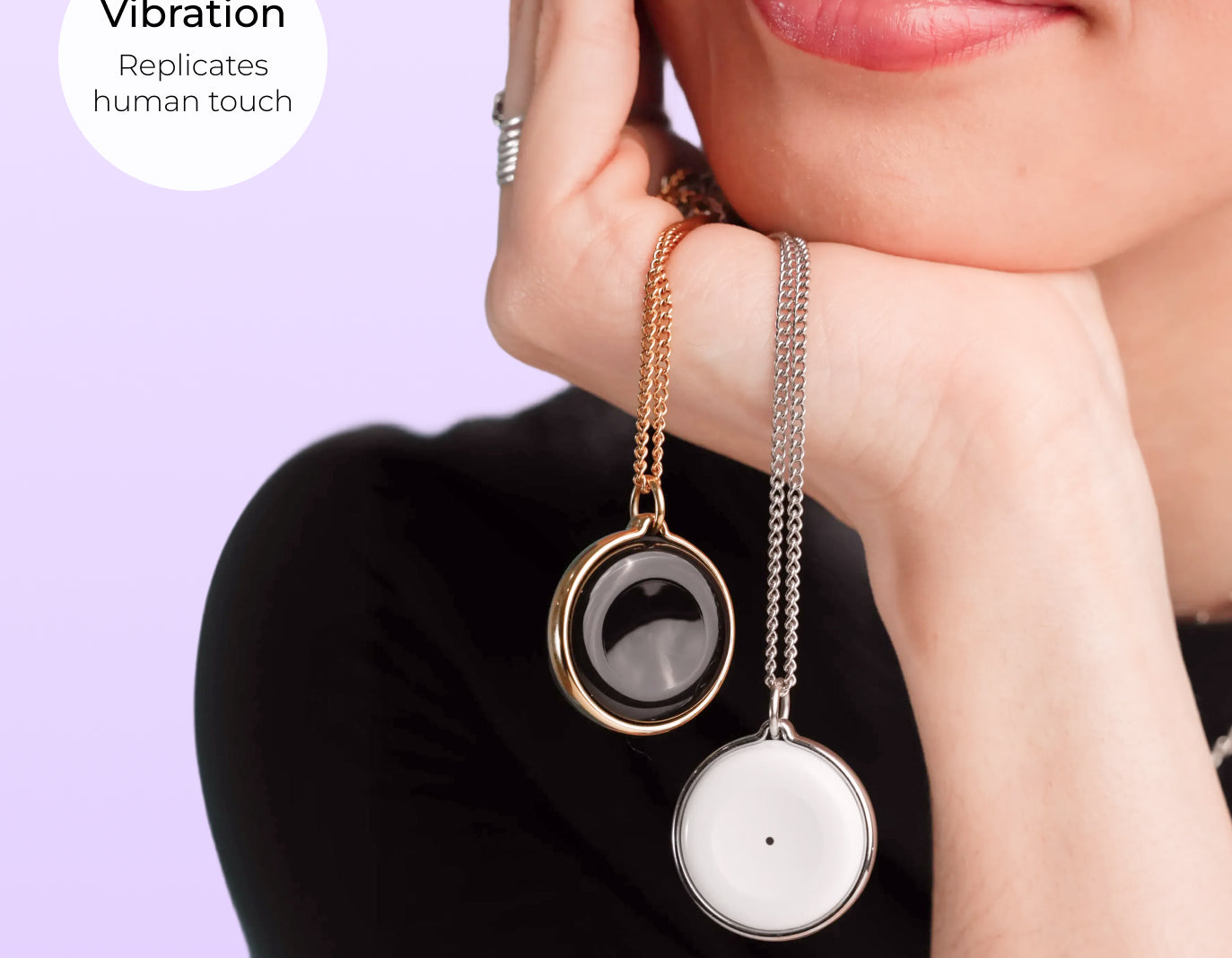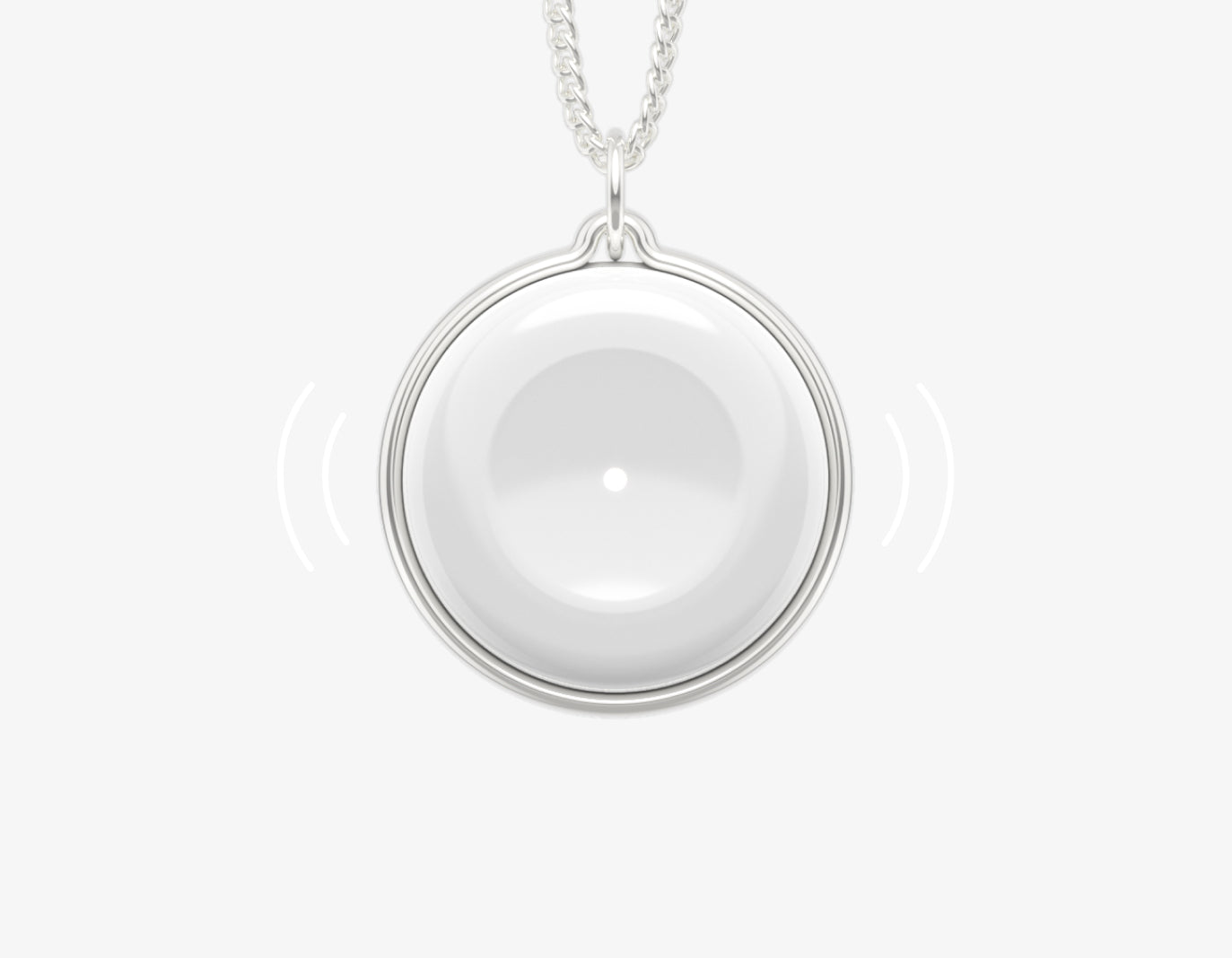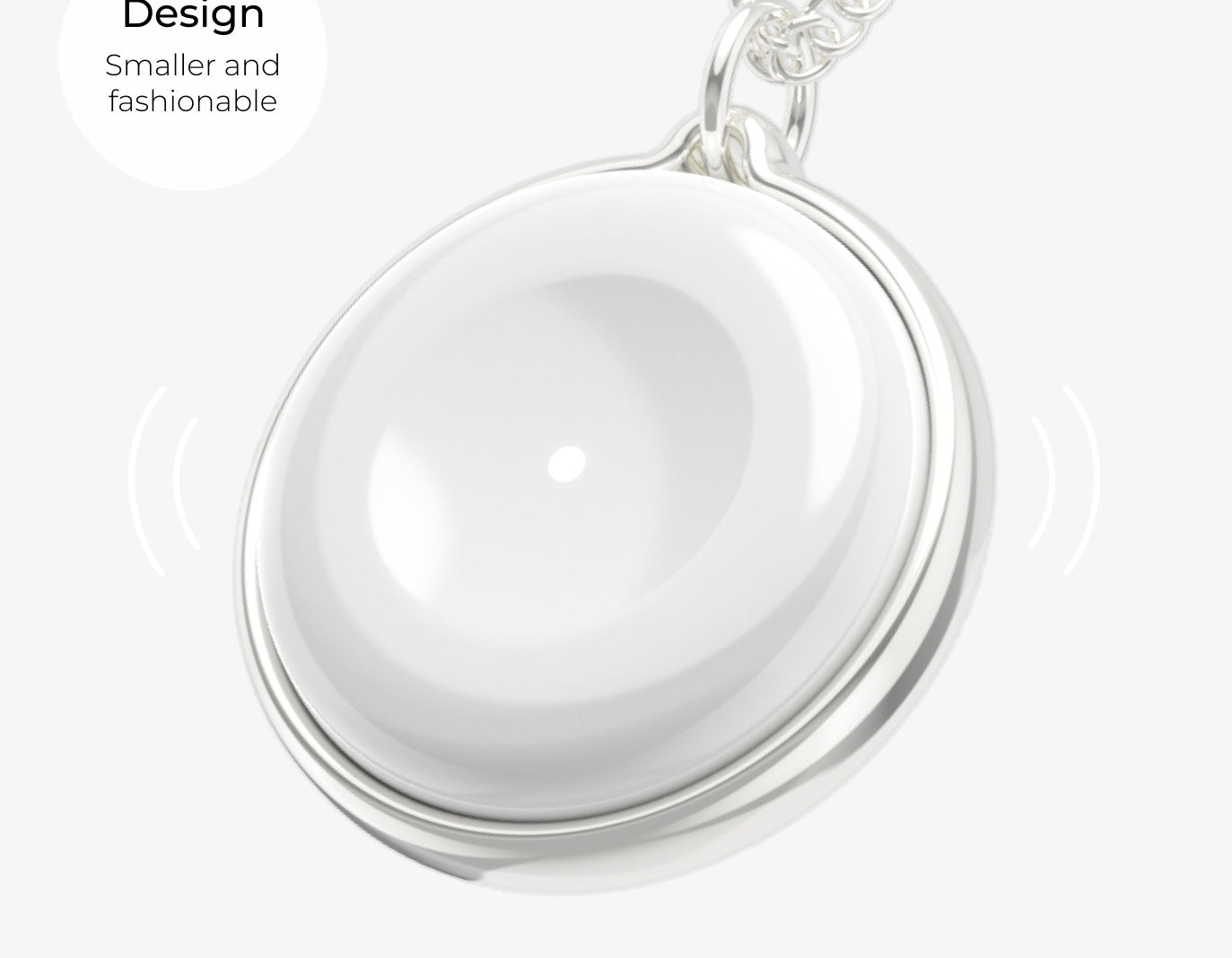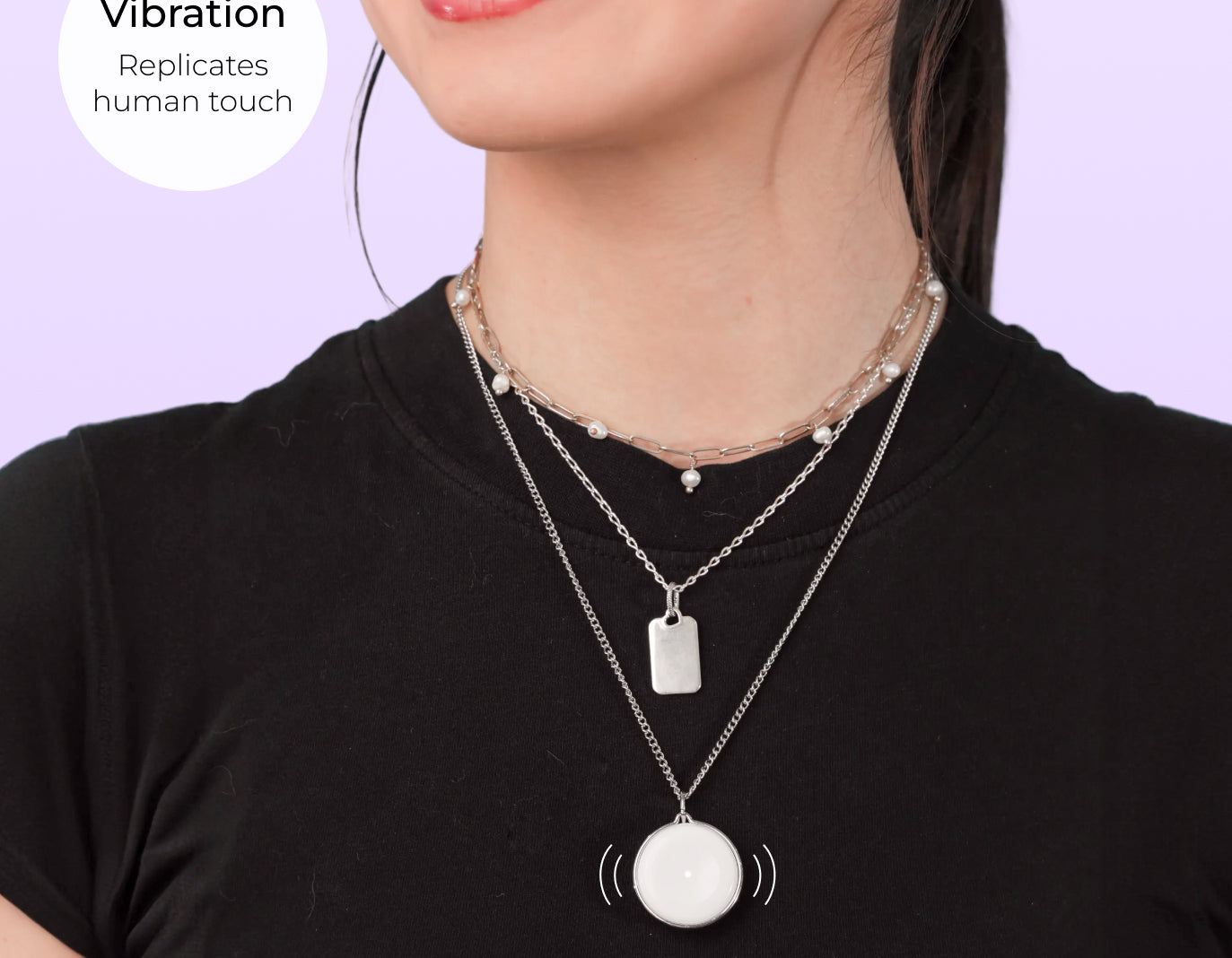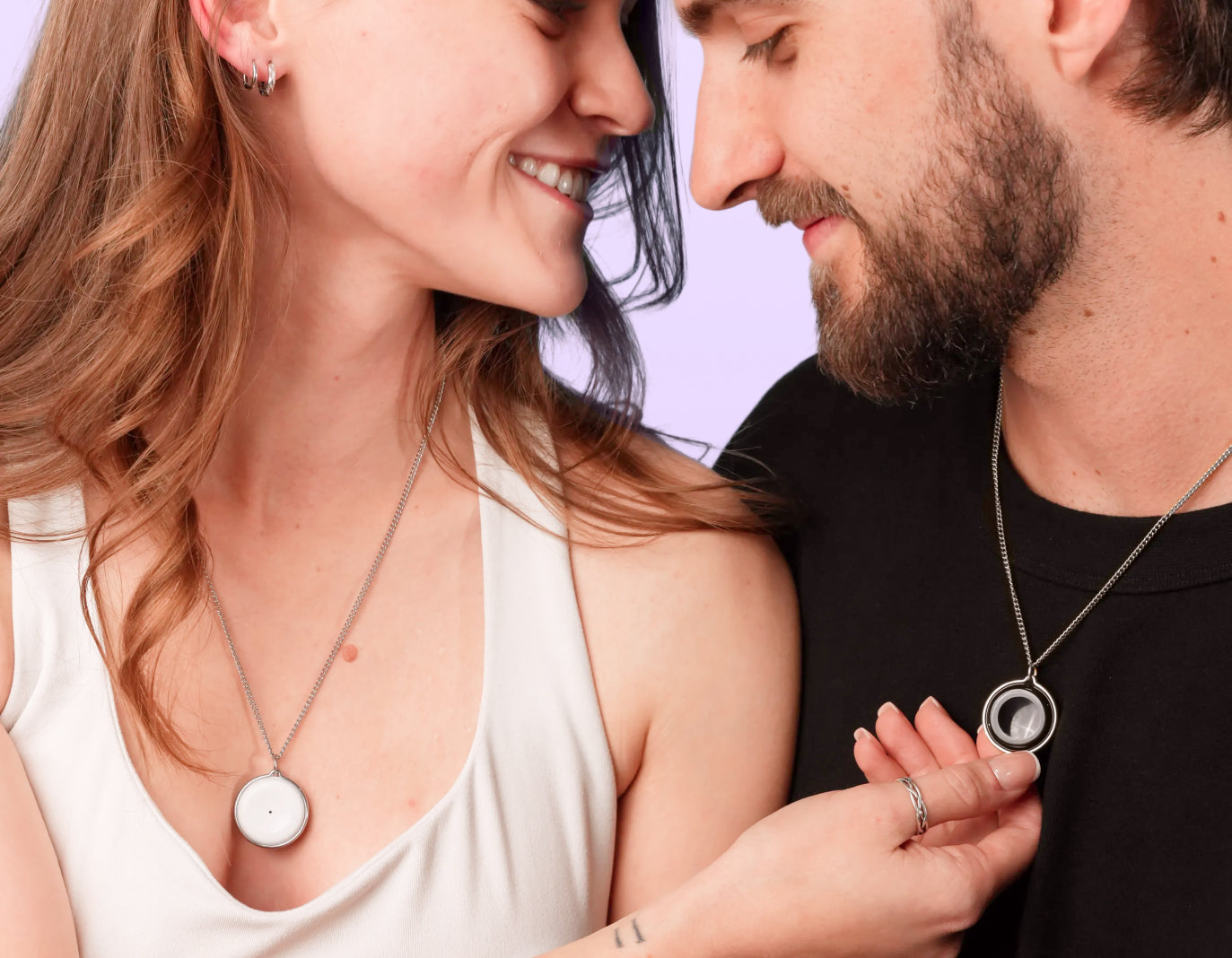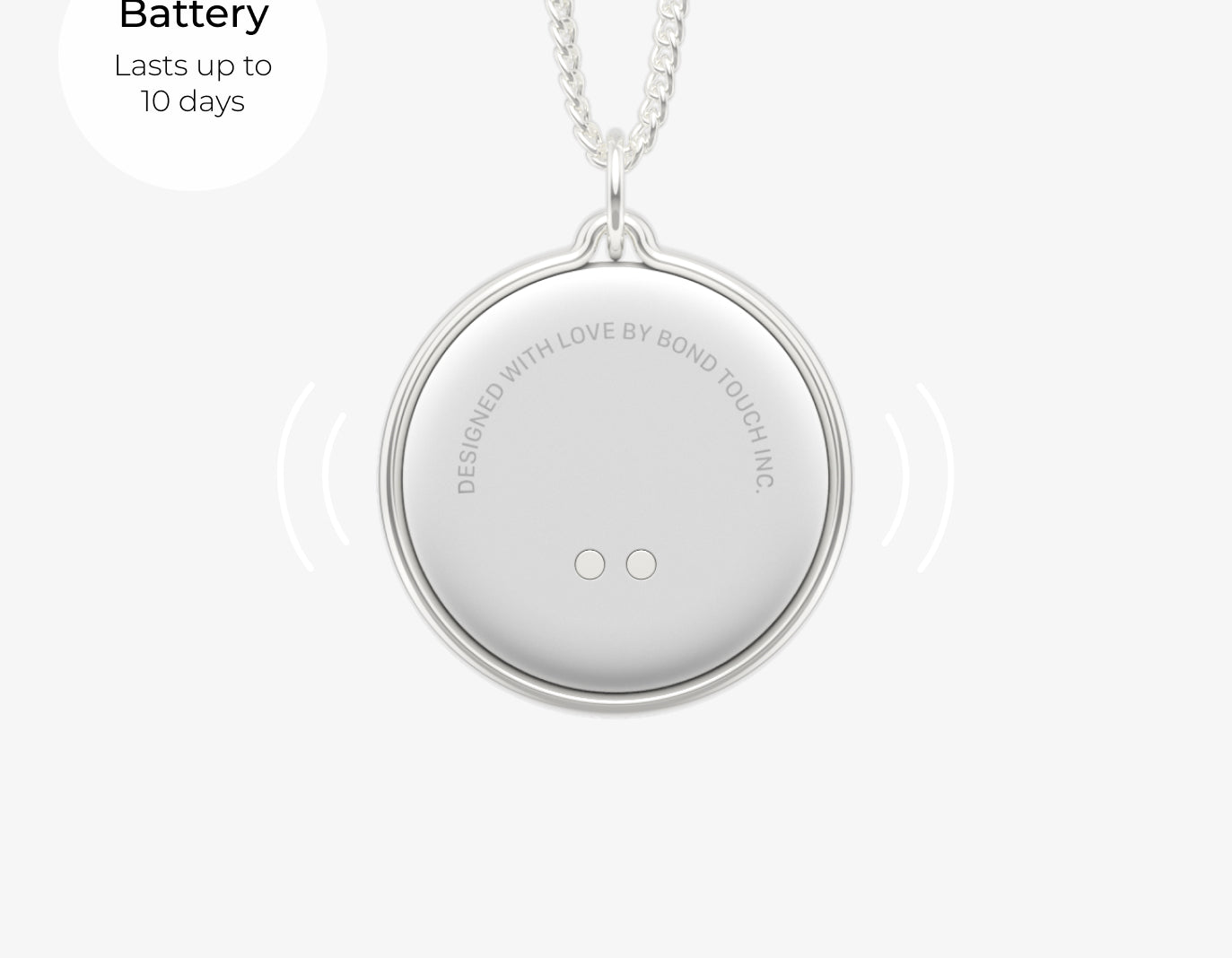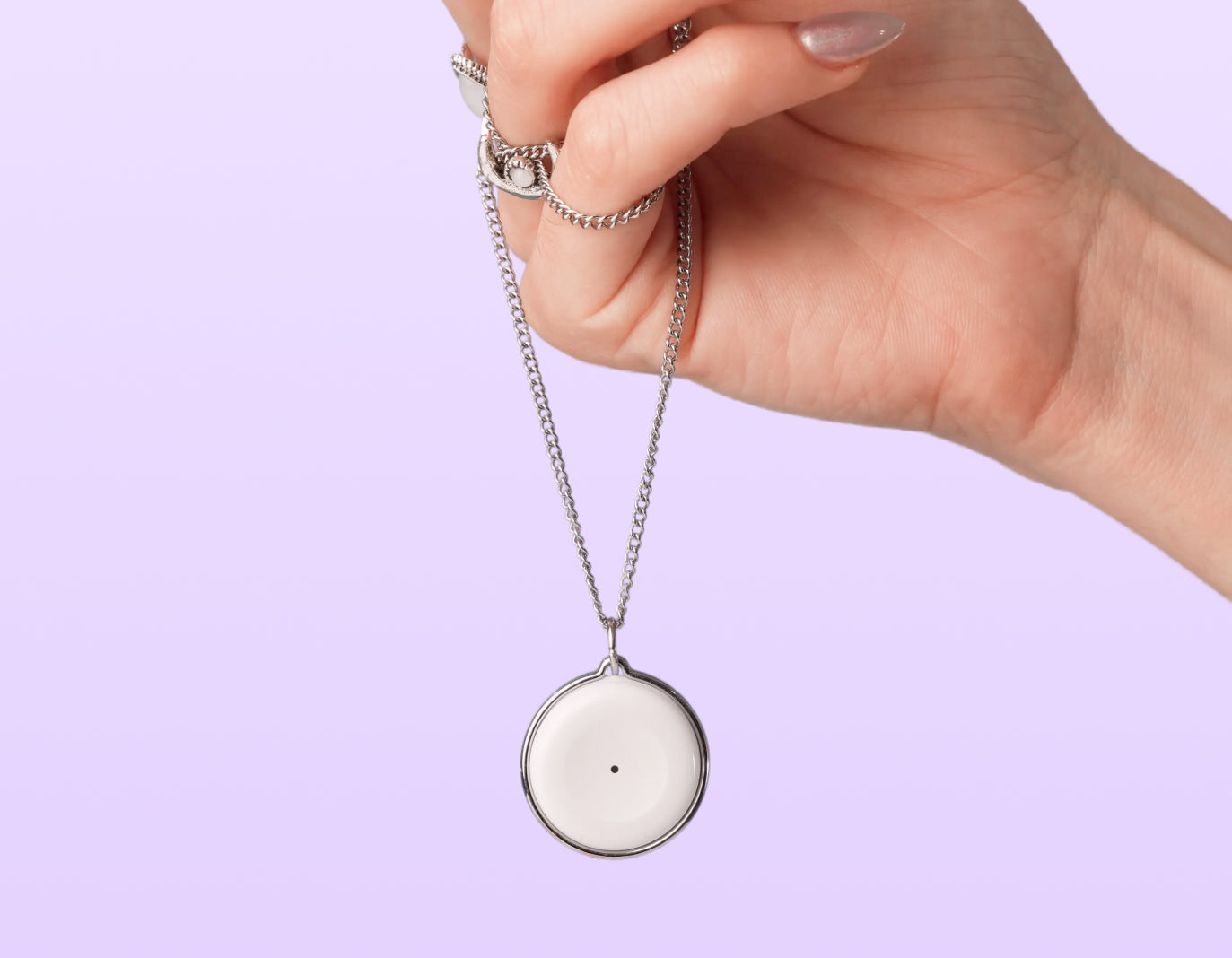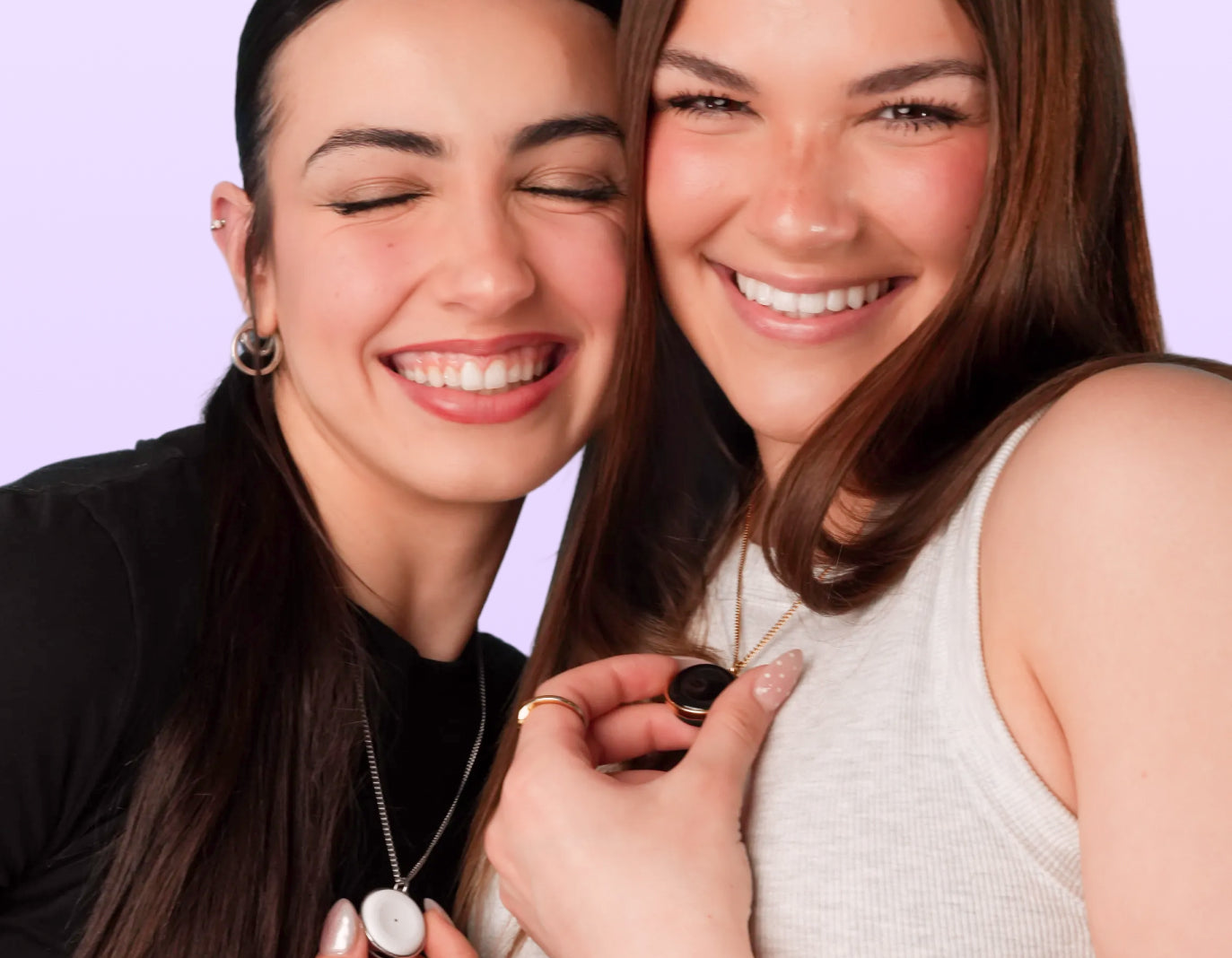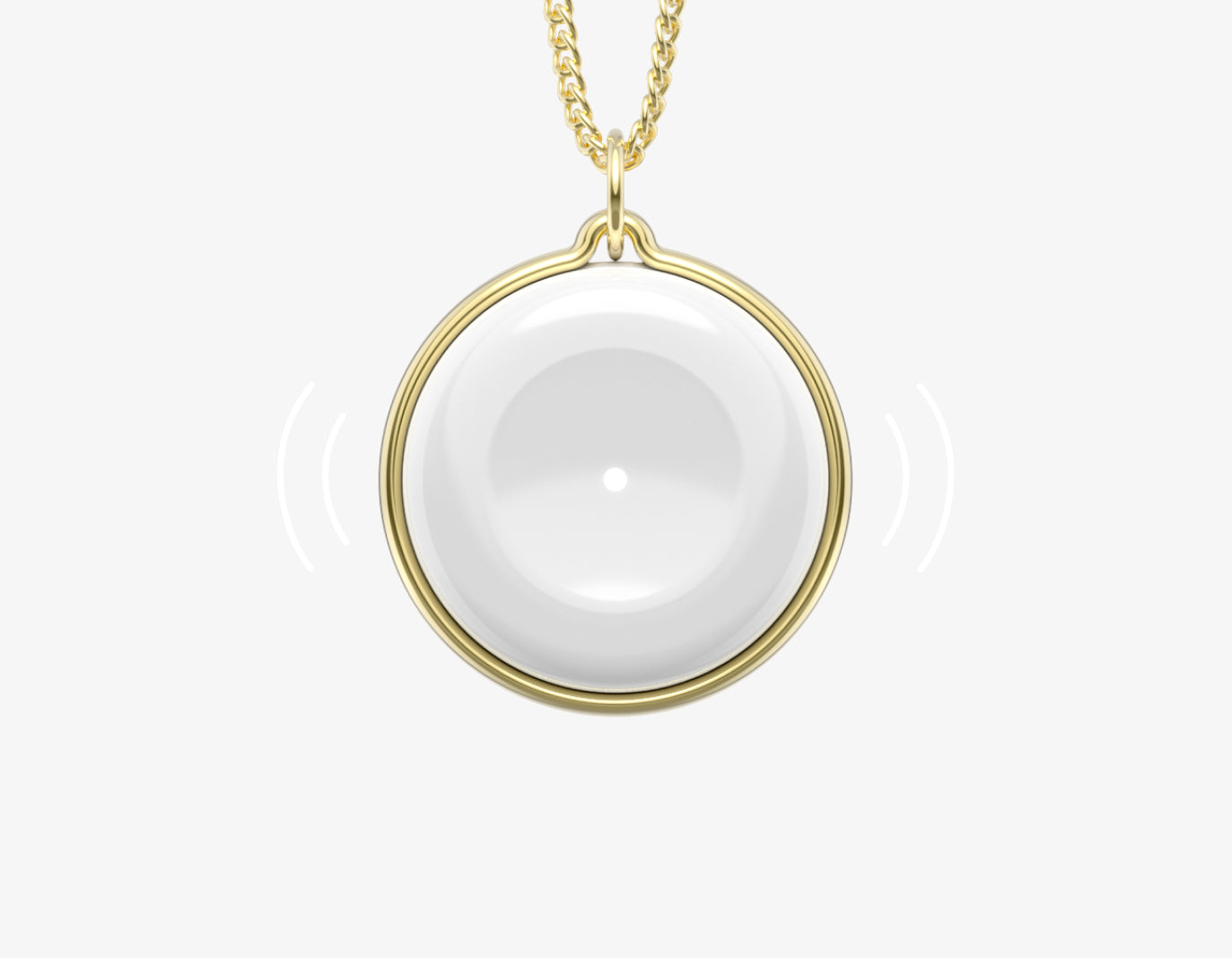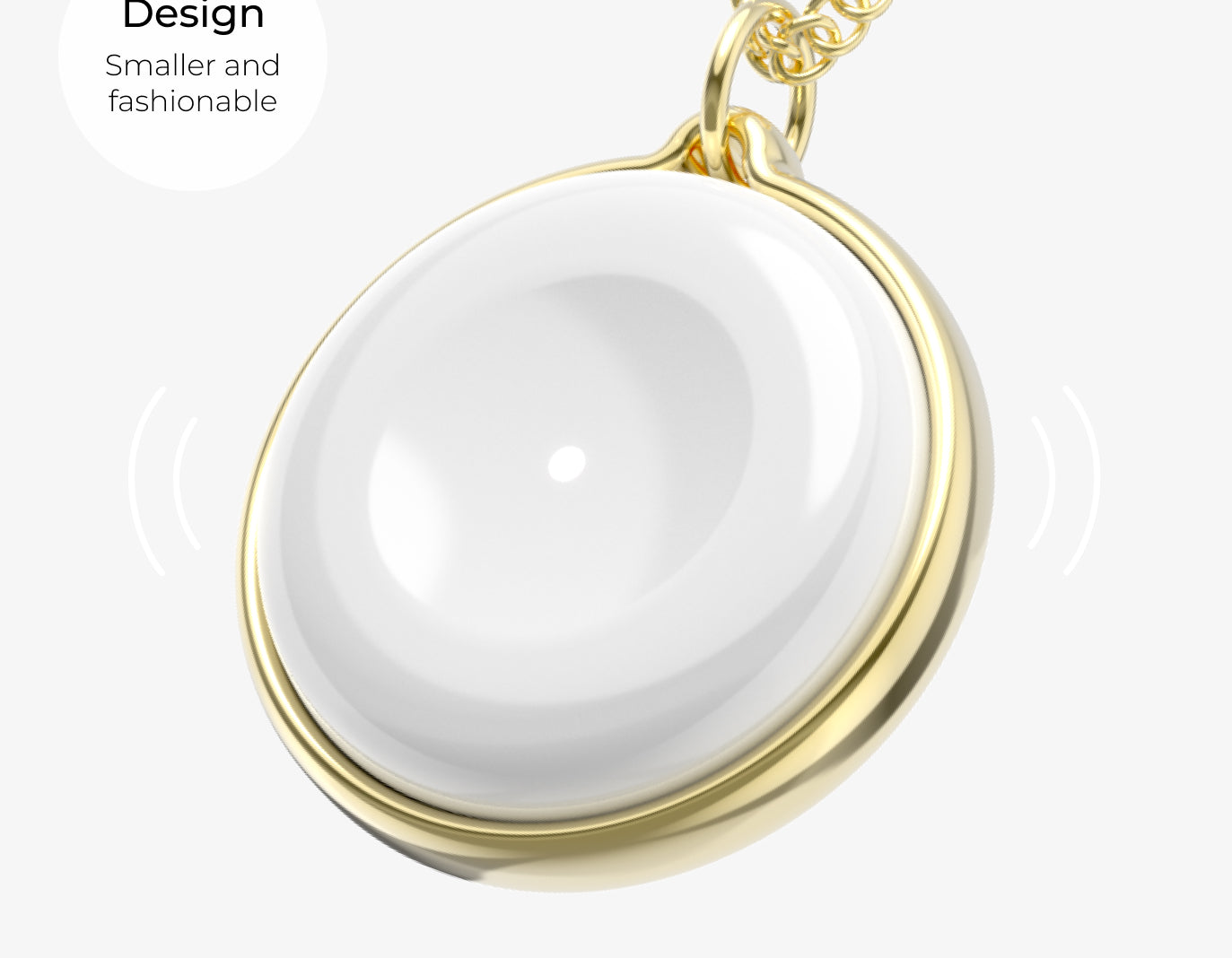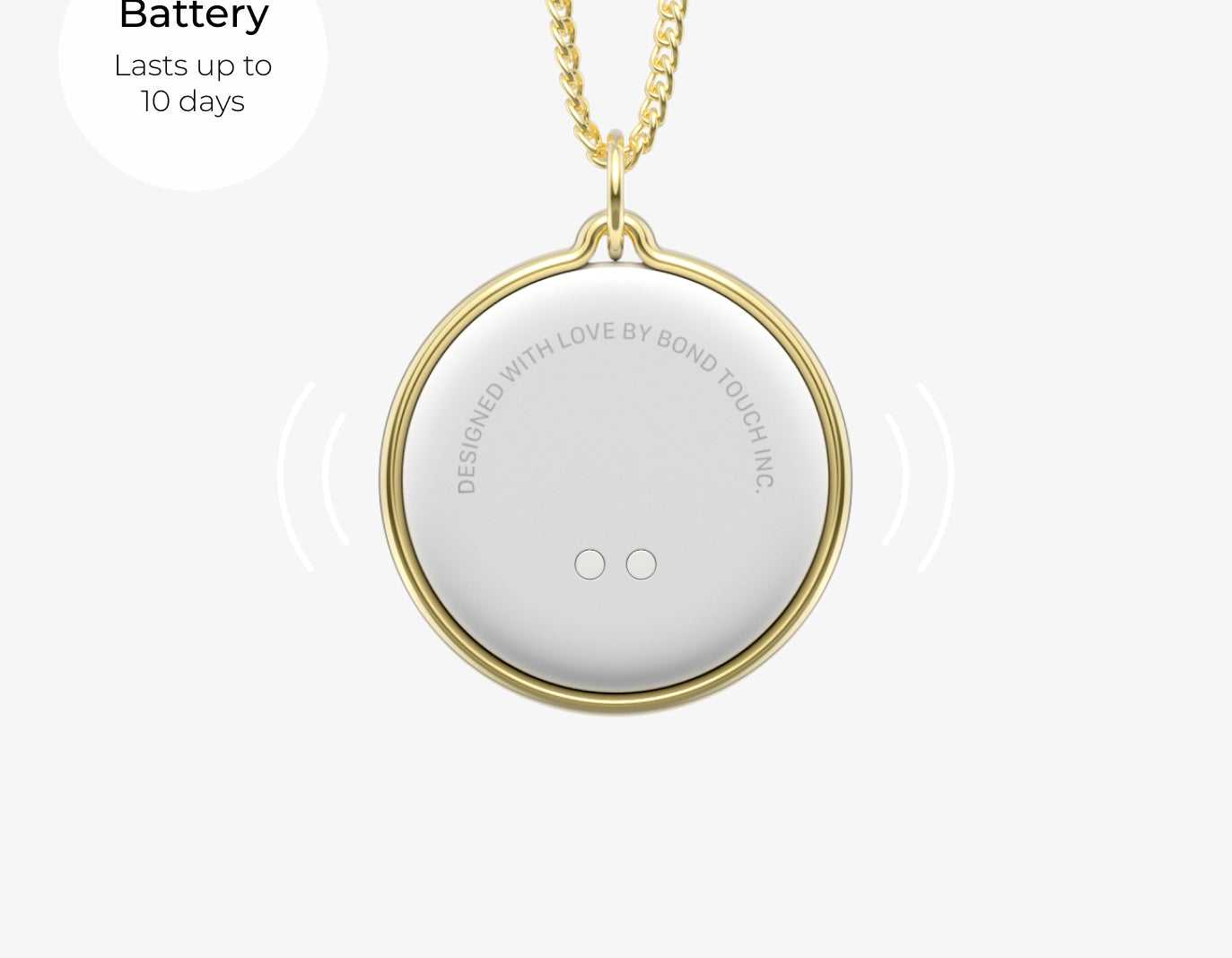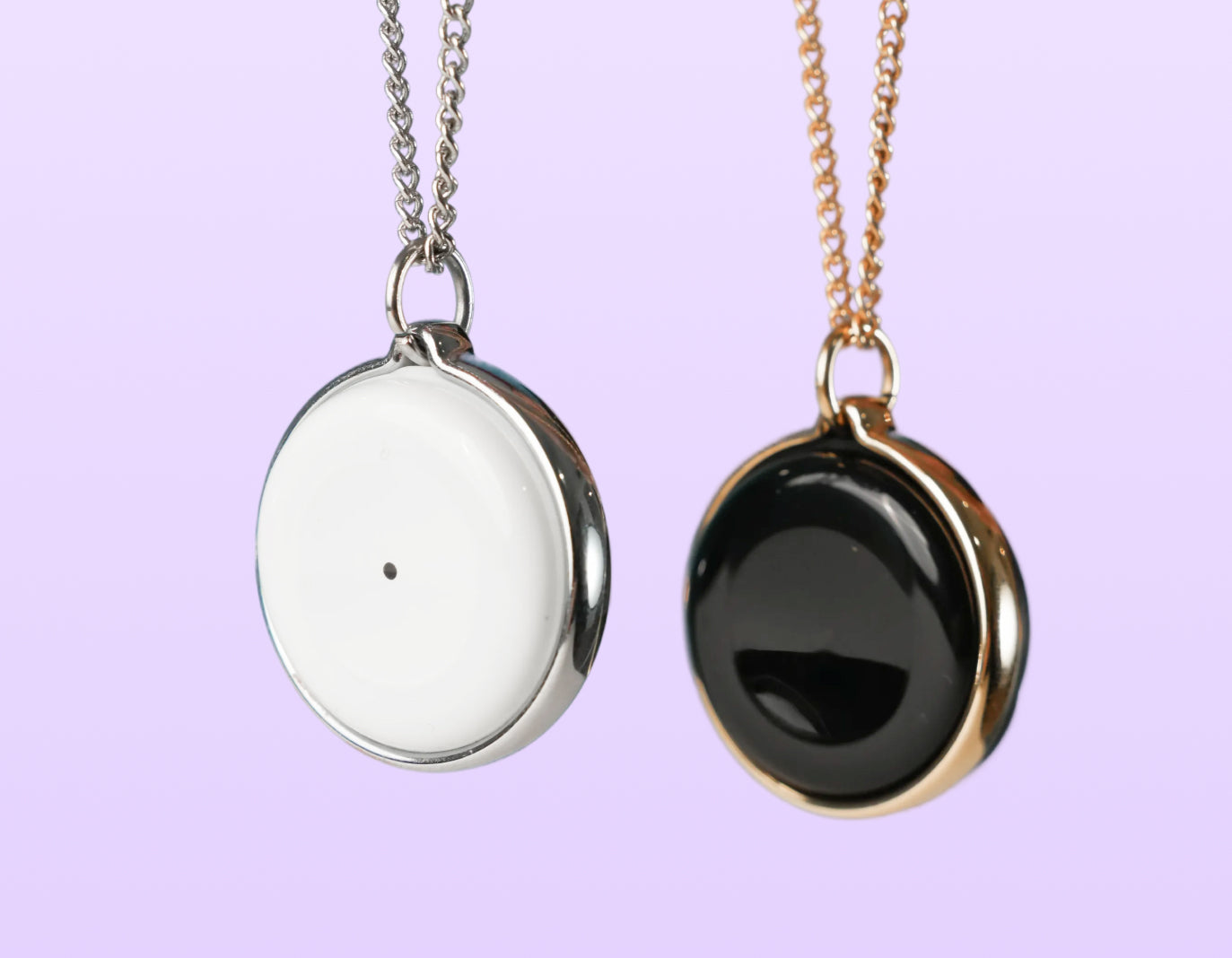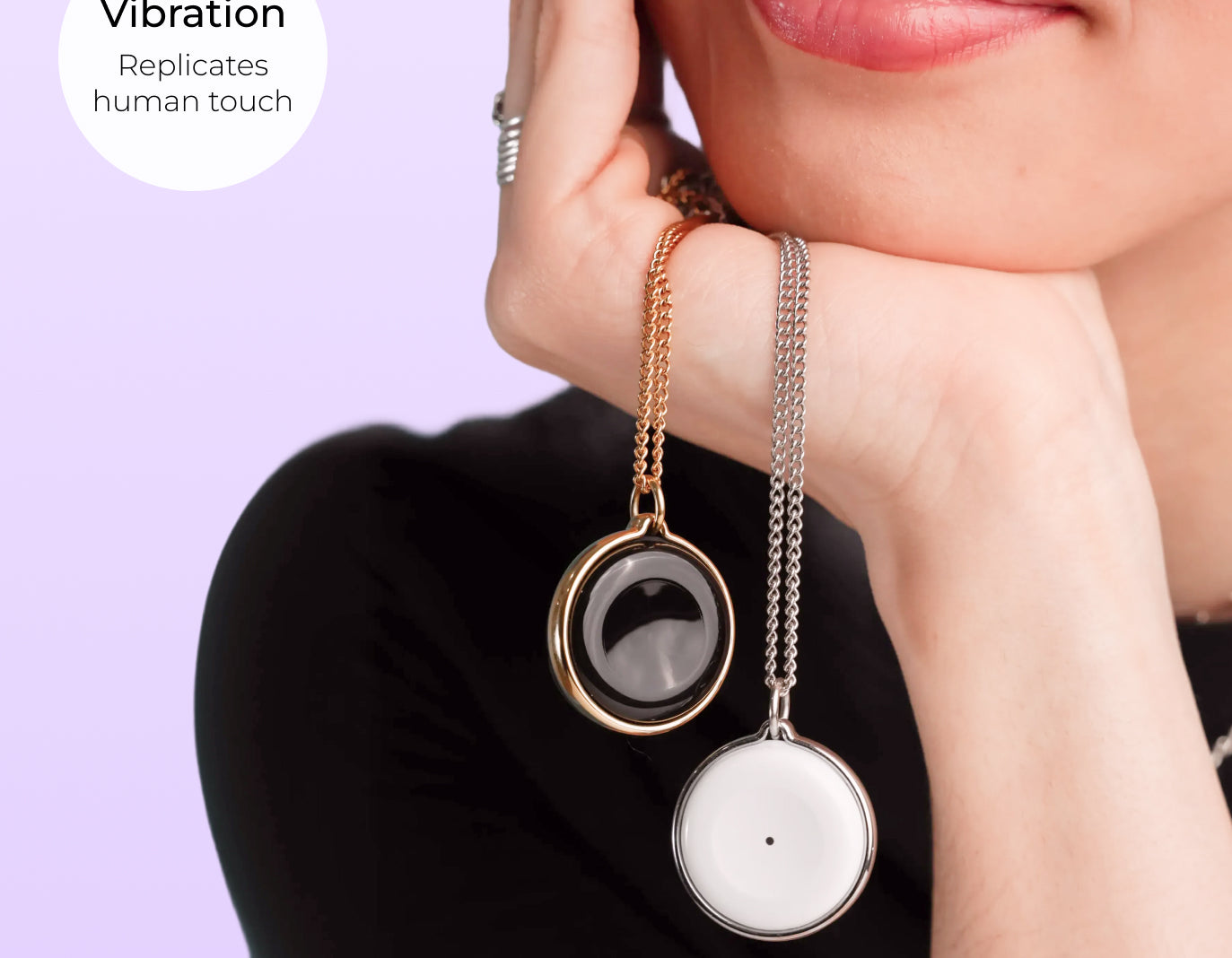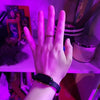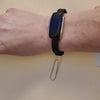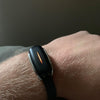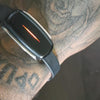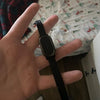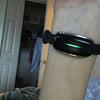This past March, the United States passed its one-year anniversary with the coronavirus pandemic, mask regulations, and lockdown procedures. And while quarantining eliminated many aspects of social interaction, one of the largest hit groups was the queer community. So people in the community have some choices to make for the second Pride during COVID.
As we explored in “Not Out and About: The Impact of COVID on the New York Gay Scene,” queer people and businesses lost touch with the found family and community that made them feel accepted. Then, last June, queer communities across the world faced the cancellation of their Pride parades and events, opting for online alternatives.
2020: So much more was lost when they cancelled Pride during COVID
For Stephen Indrisano, quarantine didn’t just mean the loss of queer spaces, it meant the loss of his profession.
“It’s been really intense. I used to work in theatre before the coronavirus shut that entire industry down,” Indrisano said.
“It made me introspect a fair deal- as will happen when you’re unemployed- so I ended up going back to school and getting more invested in podcasting, starting a small business, and I’m now working my way towards a master’s degree in speech language pathology.”
A bisexual man that came out during college, Indrisano made a discovery about queer friendshipss during the pandemic.
“It’s counter-intuitive, but, since being in lockdown, I’ve connected with a lot more queer people online through creative endeavors,” Indrisano said.
Indrisano began participating in more online groups after the pandemic began.
“The real difference is intention. Before the pandemic, the queer people I would hang out with were just people I met through work and through theatre. And a lot of my friends are queer just as a function of luck and circumstance,” Indrisano said.
“Whereas the friends that I’ve made online since that, those spaces have been more intentional about being queer spaces.”
Writing: a form of bonding with others, and exploring the self
Indrisano created a small writing group with three other creators. The group has been working together for the past four months, meeting once every month.
“They’re all various types of queer and I’m the only cis
The transgender members of the group have been exploring gender identity through the body horror genre.
“I have been pretty aware of my cis-ness for a while, but it’s still good to be able to explore what being a man means and how I connect to it. It’s nice to reaffirm that I can explore gender and not be thrown by it,” Indrisano said.

“I’m very secure in my being a man. In no small part because of the friendships I have with trans folks who have had that exploration process for themselves.”
Newton “Newt” Schottelkotte grew up in queer online spaces during highschool.
“I grew up in the era of online spaces slowly becoming more and more spaces where you could learn about different identities and figure out yourself in there ,” Schottelkotte said. “I thought that I was bisexual pretty much all through middle school and then I ended up realizing that I was a lesbian when I started high school and that I was nonbinary around the same time.”
They came out as a lesbian during sophomore year of highschool and then came out for their freshman year of college as nonbinary. This August they will be celebrating a full year since having come out as nonbinary.
“It’s been interesting educating my family and realizing: ‘Wow. People are really chill about it,” Schottelkotte said. “Especially little kids.”
A lot of kids live in Schottelkotte’s neighborhood. An avid baker, Schottelkotte will bring out baked goods to where all of the families are gathered.
“It’s really true that if a little kid runs up to you like, ‘So are you a boy or a girl?’ and you just tell them, ‘Oh! I’m neither and I use they!,’ and they’ll just be like, ‘Okay! Want to see me do this really big jump?’” Schottelkotte said.
While they had high expectations for college, their college experience was interrupted by quarantine lockdowns.
A college experience, interrupted
“I had this idea of what my first one hundred percent, totally out college experience was going to look like,” Schottelkotte said. “And it was definitely very different, but when you’re young and queer and just out of high school, you idealize college as sort of this magical place where you’re suddenly a hundred percent yourself?”
They spent August of 2020 until April of 2021 away from home at college.
“It was really just me trying to plan out every possible scenario of how I could come out and it let me really think about when I had the opportunity to come out and start being able to visibly figure out what nonbinary looked like for me because I also identify as a butch lesbian,” Schottelkotte said.
From private exploration to public exploration, Schottelkotte noted how the changes came across in photos.
“You can really see the progression of all the photos I took in college getting more and more masculine,” Schottelkotte said, laughing.

Online, both Schottelkotte and Indrisano are members of the same podcast Discord group, a group specializing in fiction podcasts known as “audio dramas.”
“In those spaces there’s a very specific way that people encourage identity to come to the forefront,” Indrisano said. “And that has really informed new friendships and new artistic connections.”
Pod save the community
Schottelkotte began exploring their identity, eventually going on to creating their own shows, after having joined “podcast fandoms.”
“The biggest moment for me was when I was a little freshman in high school listening to “The Penumbra Podcast” in art class,” Schottelkotte said.
“The Penumbra Podcast” is a queer episodic audio drama following adventures of characters in stories told in unexpected ways. The podcast’s Juno Steele, a masculine nonbinary detective, was a monumental piece of representation for Schottelkotte.
“They were actually going to have these two masculine characters have a romantic storyline and I almost broke my pencil in half,” Schottelkotte said. “It was the creators saying, ‘Yeah. This is exactly what we intended. We’re queer. We’re making this for our fans who are also queer’”
With that as a base in the online community, Schottelkotte found it easy to discover themself from there.
“That really fostered a space where it was really great to explore what identities fit for you. If something didn’t fit, that was okay. ‘Here are several others that might work,’” Schottelkotte said. “And you could talk with other people who had been where you had been and were also figuring things out. The audio drama community is truly such a place that is not welcoming, but welcomes growth.”
Exploring gender during the pandemic was a journey for Dallas Wheatley, a non-binary transgender man who transitioned during quarantine. Wheatley is an audio drama creator involved in the same spaces as Indrisano and Schottelkotte.
Transitioning during COVID was a rollercoaster: there were some lows, but also some highs.
“There’s a lot of freedom transitioning during a pandemic when you’re isolated. You get a lot of control over how you get to explore and try new things on, but, eventually, you have to leave and you have to let the public see you. That’s what my goal for this year is. Just to go out in public.”
Wheatley navigated virtual doctors’ appointments. They only had to go to the doctor’s office in order to complete blood tests.
“It was freeing. It was nice being able to go at my own pace and backtrack and do something that scares me,” Wheatley said. “I was really scared of starting testosterone and I also had a major surgery at the same time. It was this huge, huge moment of my life where kind of overnight everything changed for me.”
But the pandemic’s solitude did bring out some benefits.
“I didn’t have this looming expectation that I’m going to need to be at work and show my face to fifty people that I tolerate,” Wheatley said. “Transitioning is really tough and it’s a long process. That’s something I found freeing during the pandemic. Because transitioning takes so long, I don’t have to show the ugly sides of it to the public if I don’t want to.”
Living in a rural area, Wheatley has found a “weird” part of pandemic life.
“It’s been easier being queer during the pandemic,” Wheatley said.
“It was hard being queer… Especially as a… country queer. You are a lot more isolated so the people you encounter who might be queer are few and far between.”
A queer person among other queer people on Twitter.
“I’ve had time to curate who I’m following and the kind of content I’m seeing,” Wheatley said. “Most of the people I know I’ve met on Twitter. I met my boyfriend on Twitter. It’s great because there’s that sort of detachment from appearances and you’re able to only present the parts of yourself that you want the world to see.”
While the pandemic is showing signs of slowing in the United States, Wheatley has apprehension regarding the amount of time that people are spending online and how that will be affected as more and more lockdown procedures are removed.
“I go back and forth everybody between the fear that people are just going to abandon their online spaces for months and months without a word. I’m going to lose the people that have become a part of my community,” Wheatley said.
“And the other half of me is like, ‘These people have been online since the Internet was invented. It’s going to be different for everyone. There’s still going to be a strong online presence from the rural queers online, even if the city queers drop off for a bit.”
Pride during COVID forces some tough questions on the community
With 139.7 million Americans fully vaccinated (and 171.3 million Americans partially vaccinated), along with CDC guidelines advising that fully vaccinated persons can resume activities as normal, the timing of guideline lifts in June is encouraging others, such as Indrisano, to participate in Pride events in-person.
“I miss my friends a bunch,” Indrisano said. “We’re just starting to peek out the other side. Both me and my girlfriend are fully vaccinated. We’re starting to get to see our friends again.”
With 613,494 deaths in the United States and almost four million worldwide, Indrisano noted why the queer community banded together so quickly to ensure that the community stayed safe and followed quarantine procedures to the letter.
During COVID, there's even more reasons to be proud
“I’ve been thinking a lot about how proud I am of organizers around the country who are not risking anyone for celebrations of Pride during COVID. Because they know that the most important thing is the safety of the people in their community,” Indrisano said. “I’ve been thinking a lot about the history that the queer community, especially in America and abroad, has with viruses and I’m just really glad that a lot of time and effort and heart has gone into protecting the most vulnerable people in our community in a way that I don’t think has been universal in this country.”
34.7 million worldwide have died of AIDS-related illnesses since the beginning of the epidemic in 1981, 40 years ago.
“I heard so many people say that Pride during COVID, even the whole year before that, was a time of reflection for them. They were away from the public eye. We were all trying to stay at home. We were all trying to limit contact,” Schottelkotte said.
“So many people have mentioned that while this was a really awful and devastating time, it was also a time of great self-discovery, which can happen in periods of isolation.”
“You ask yourself: When I go back out into the world, who do I want to be?”










